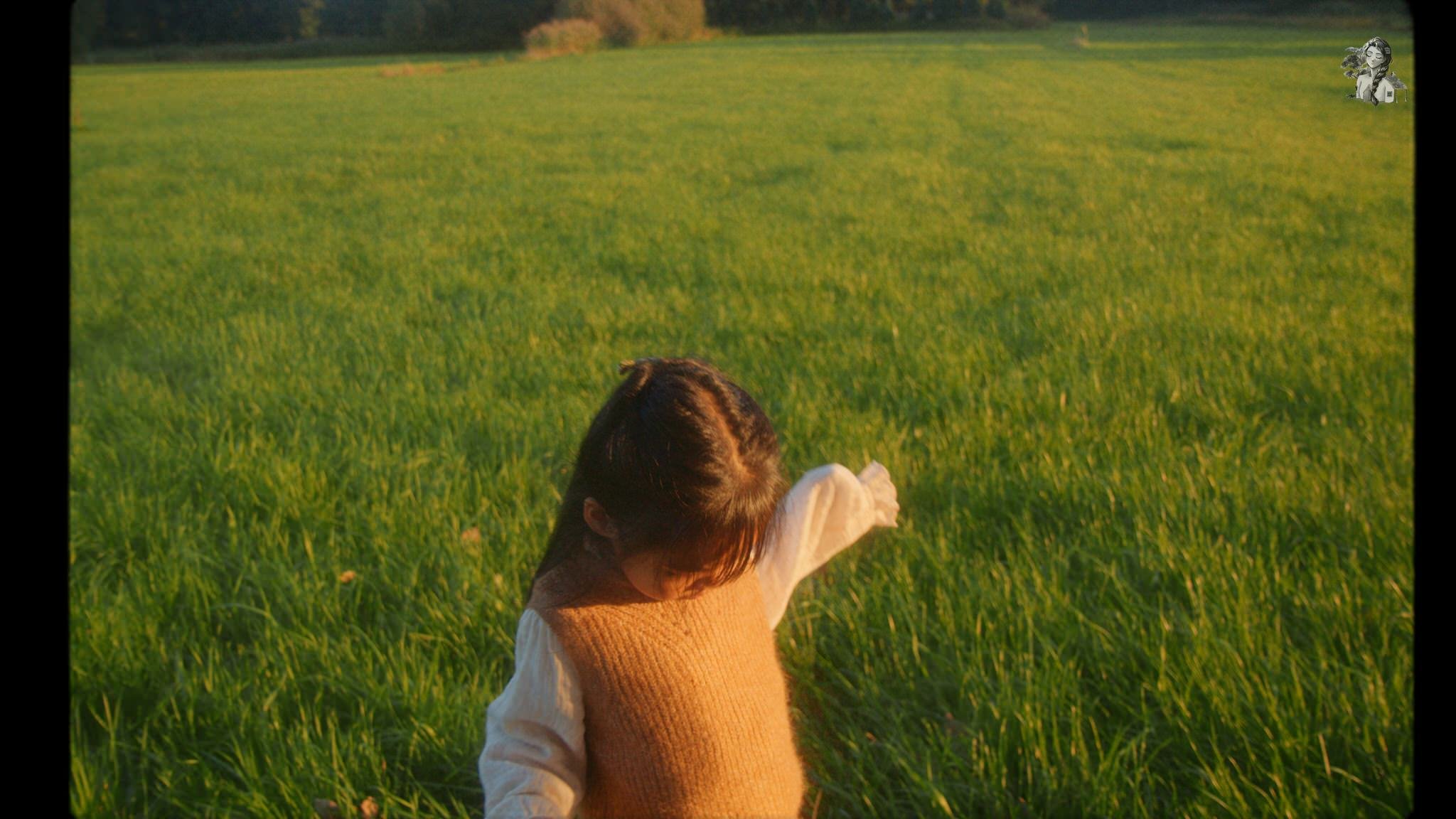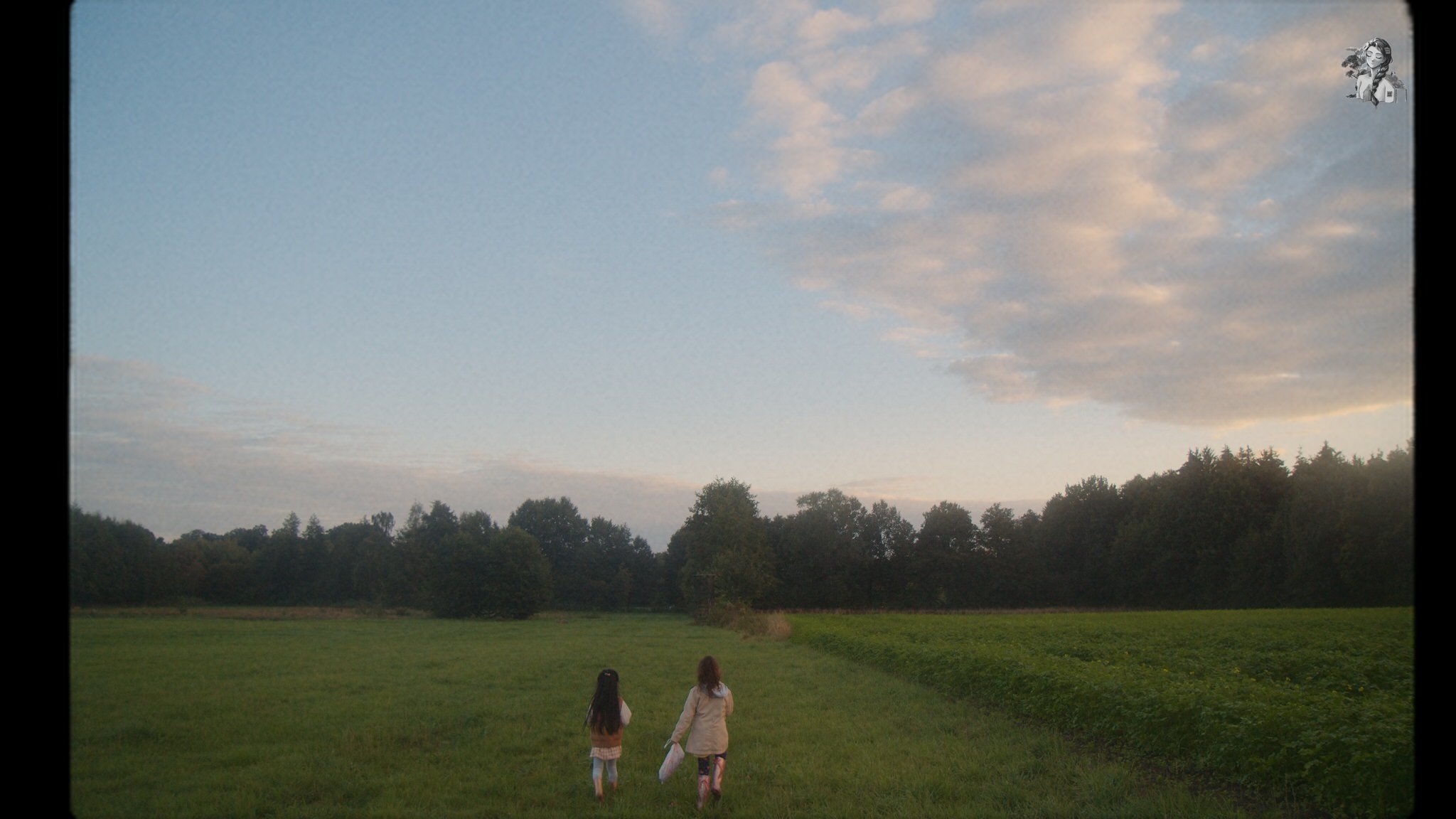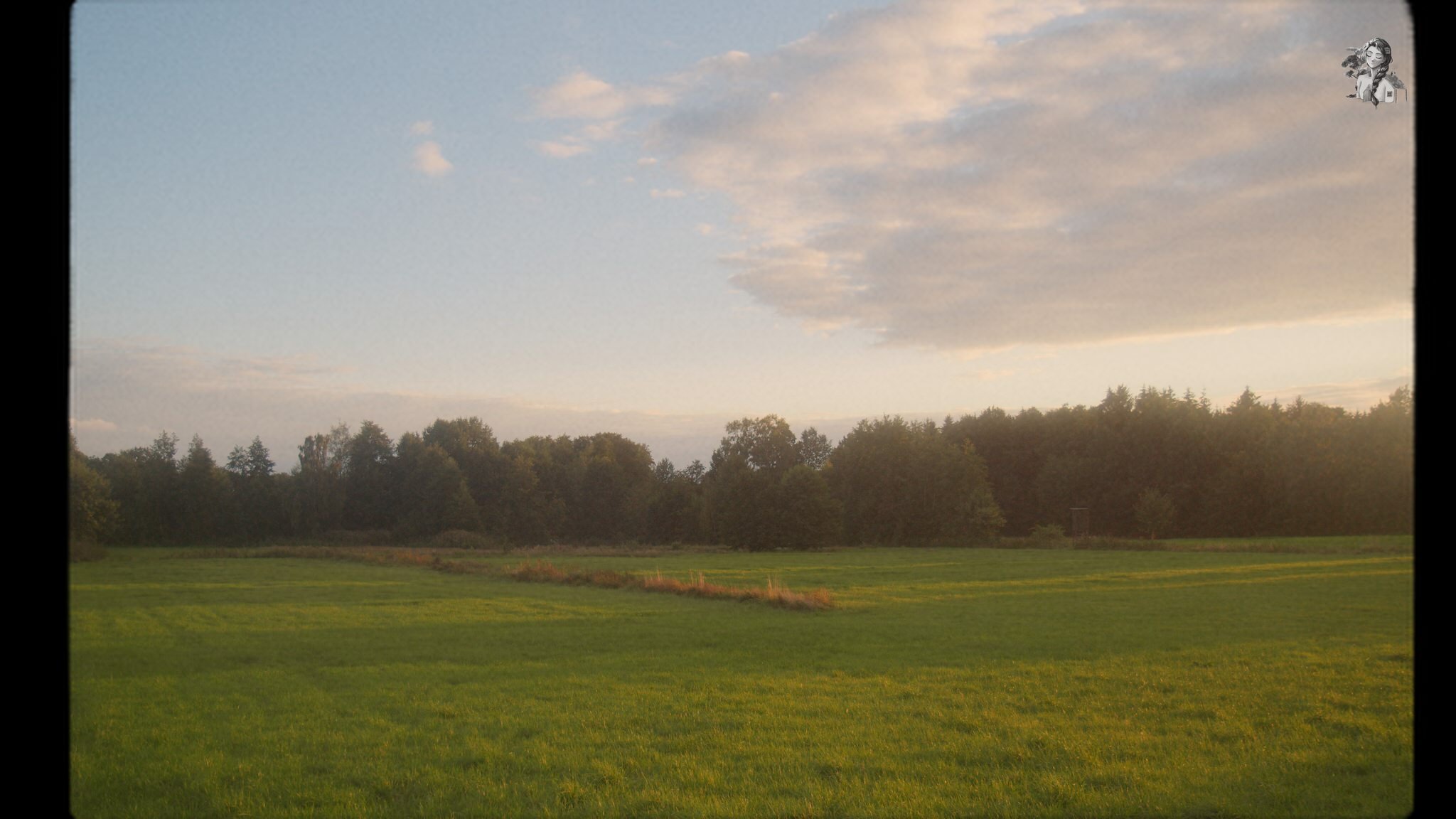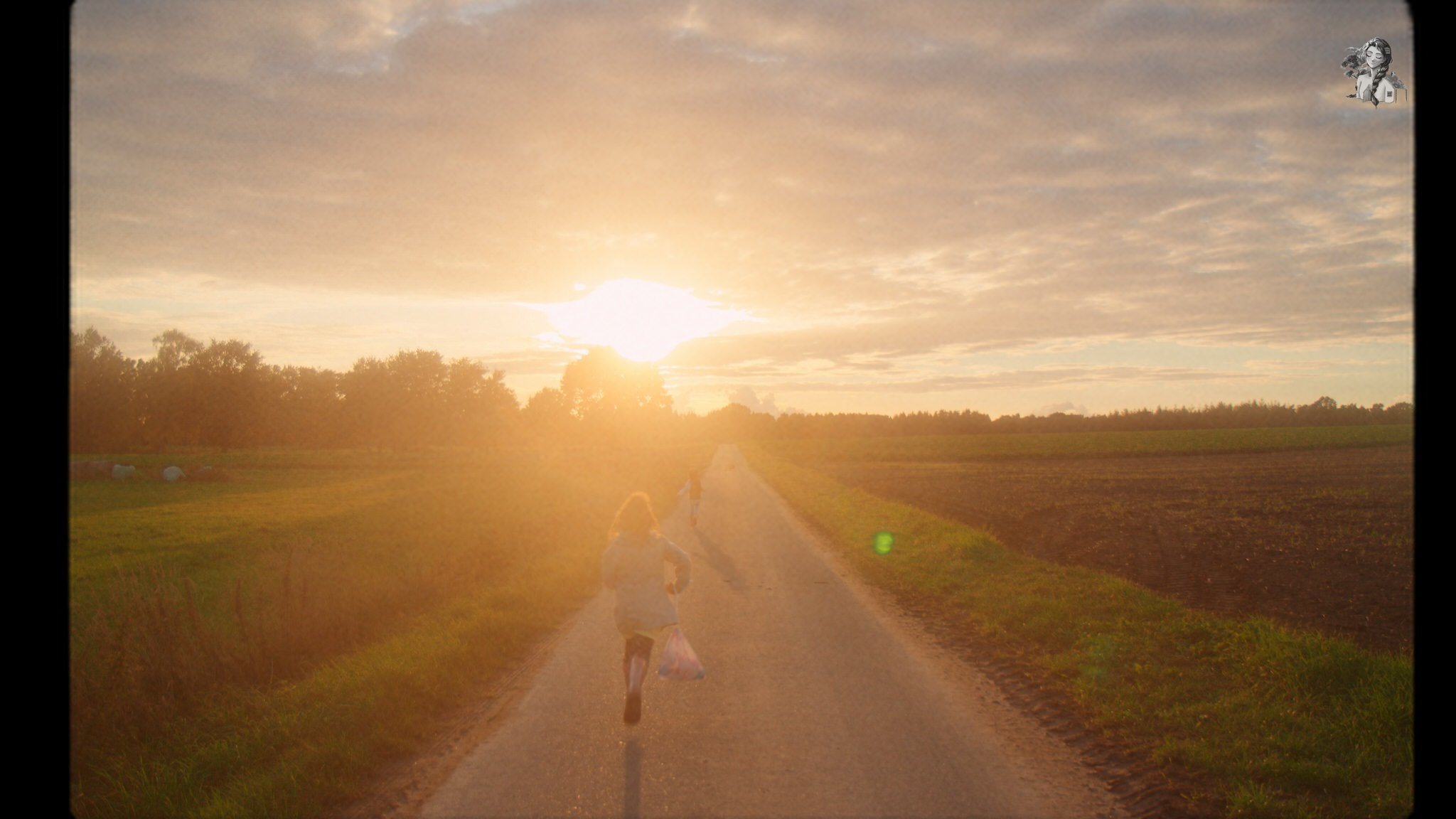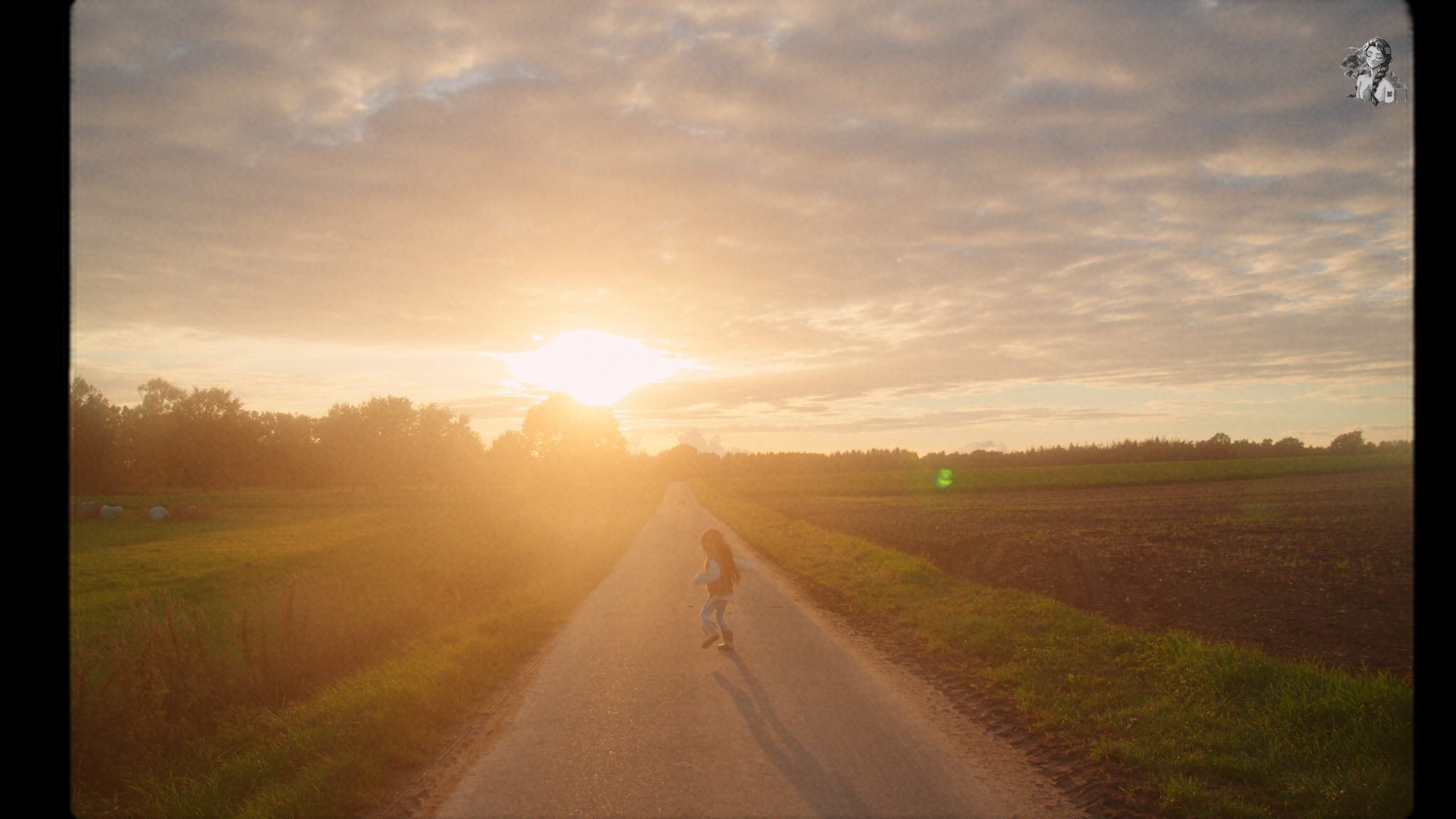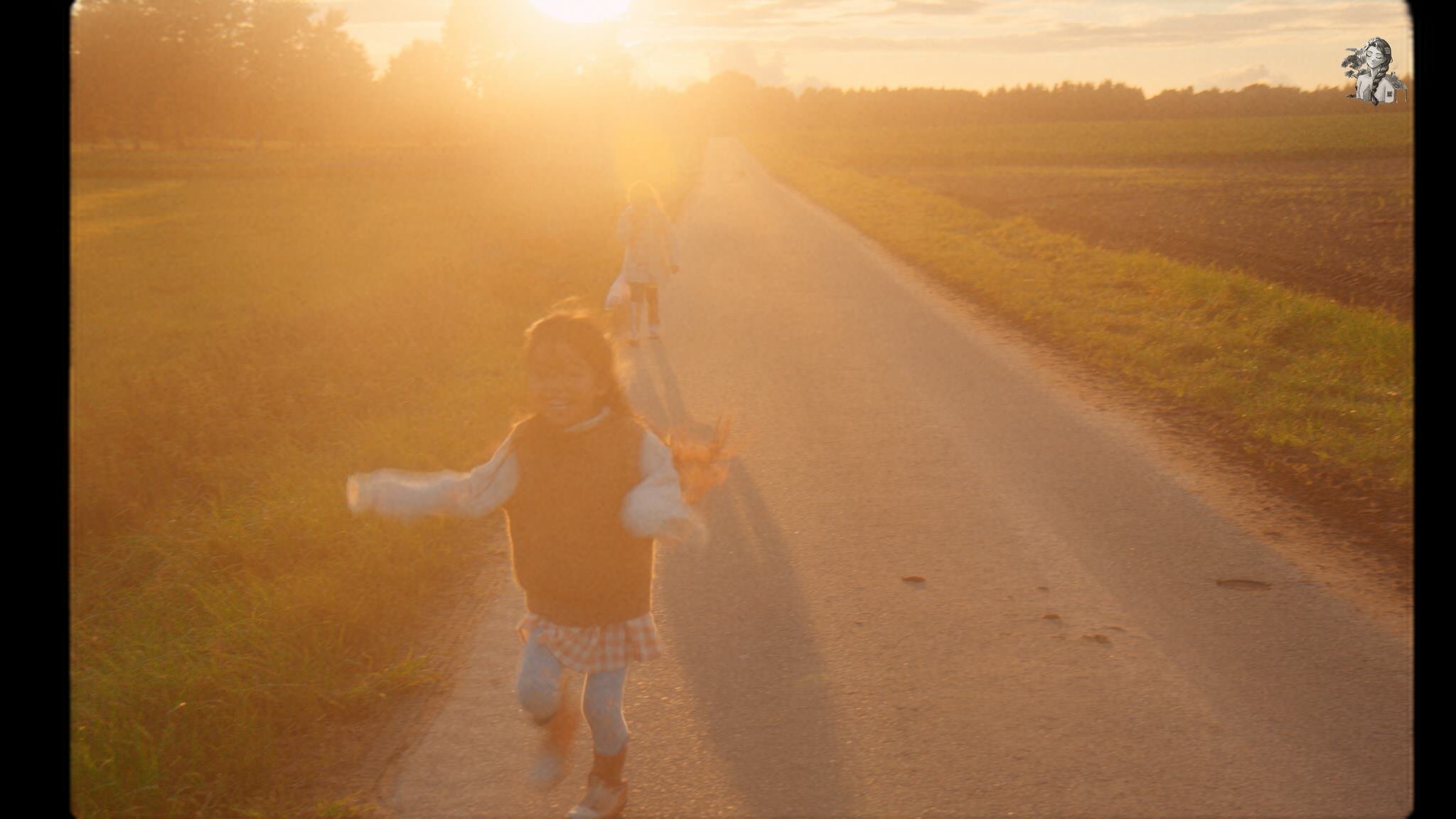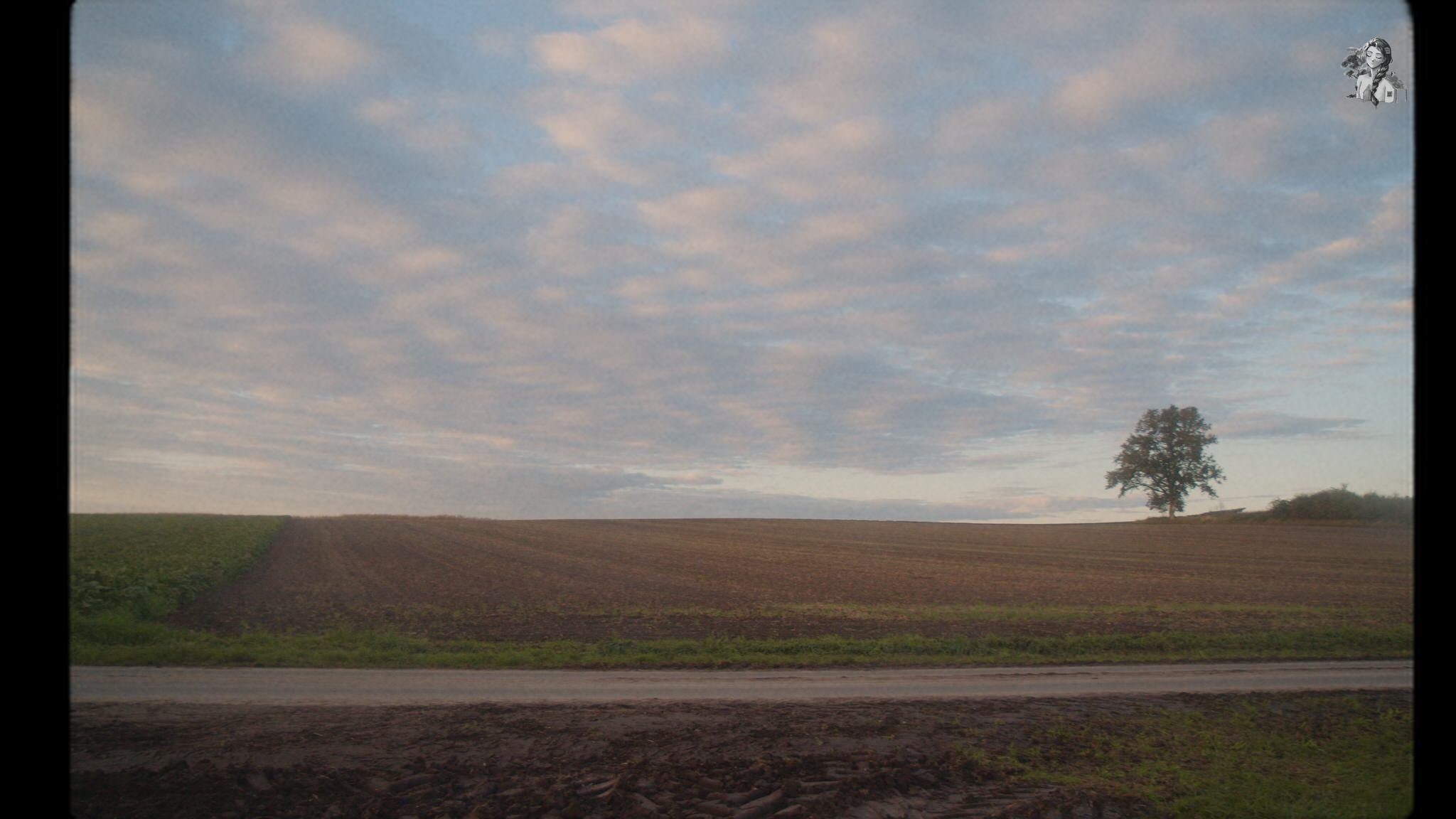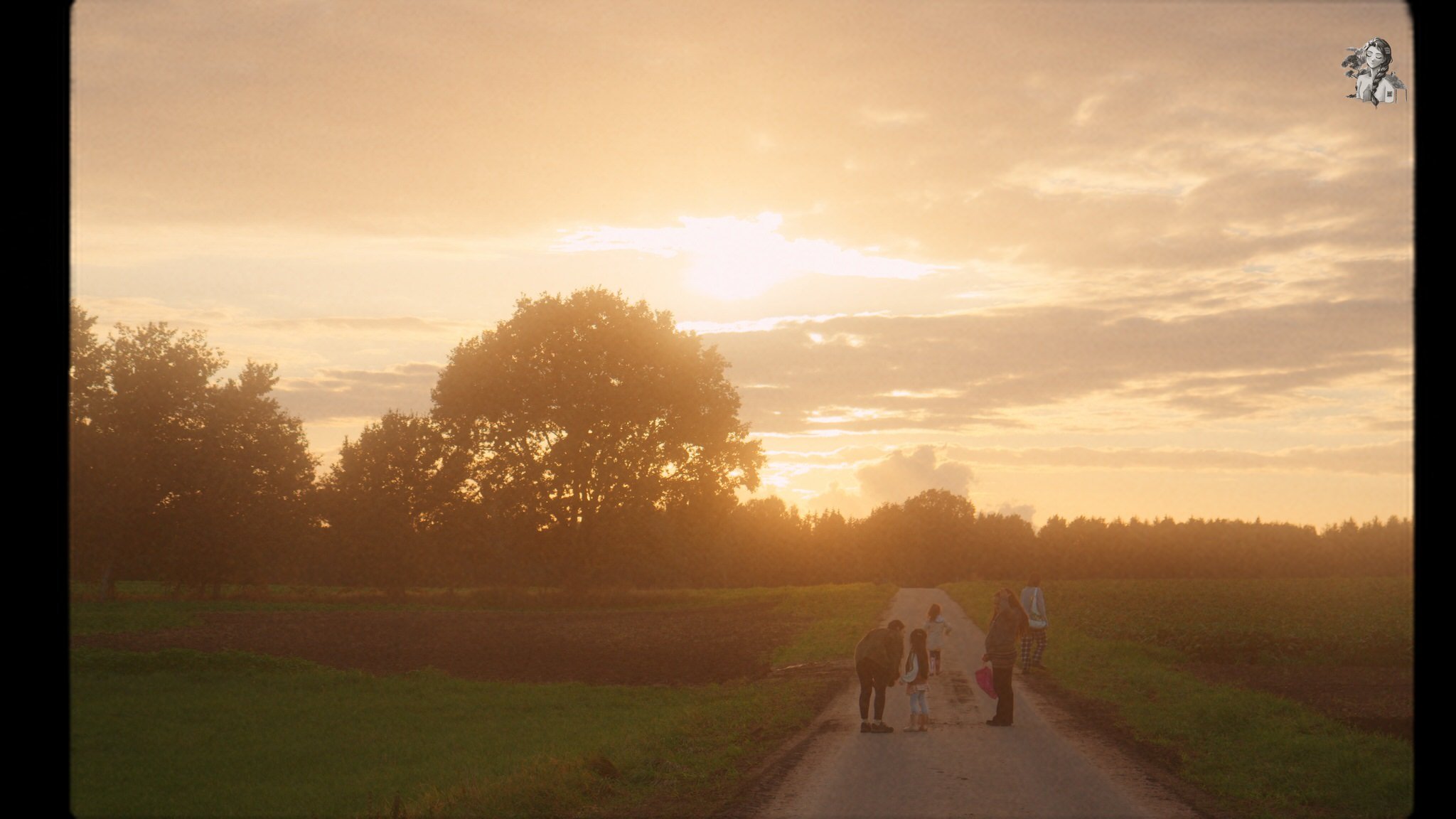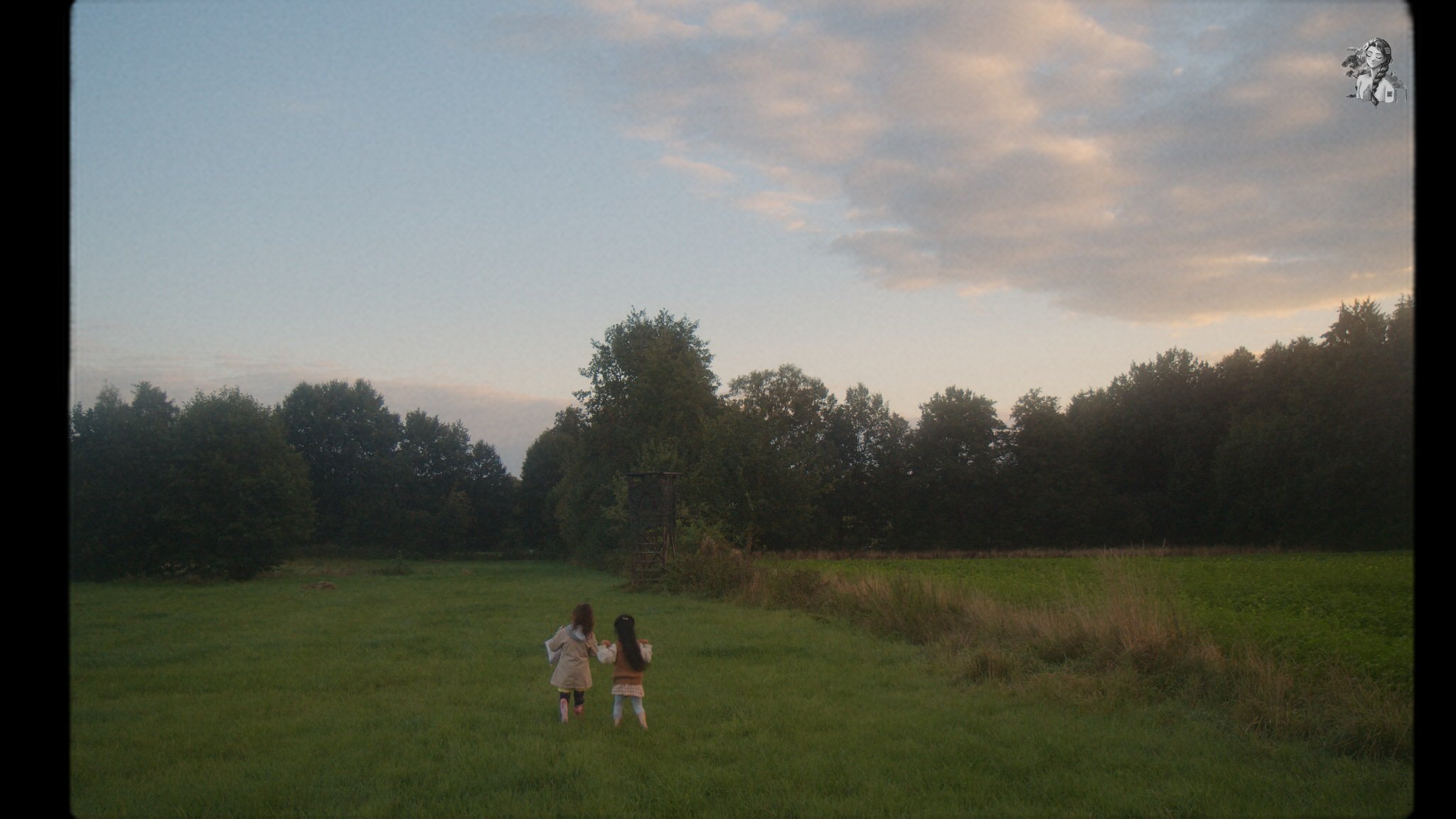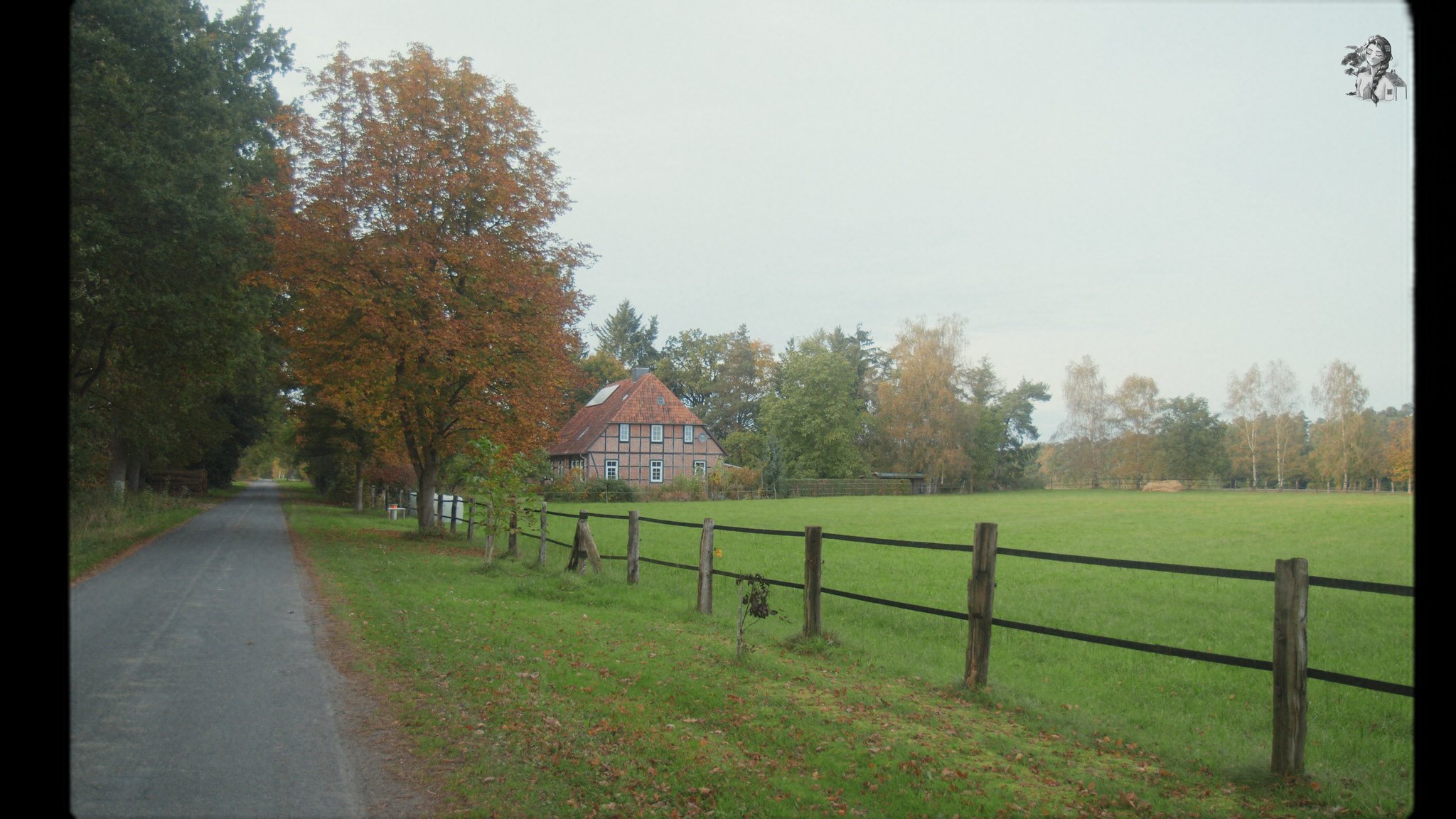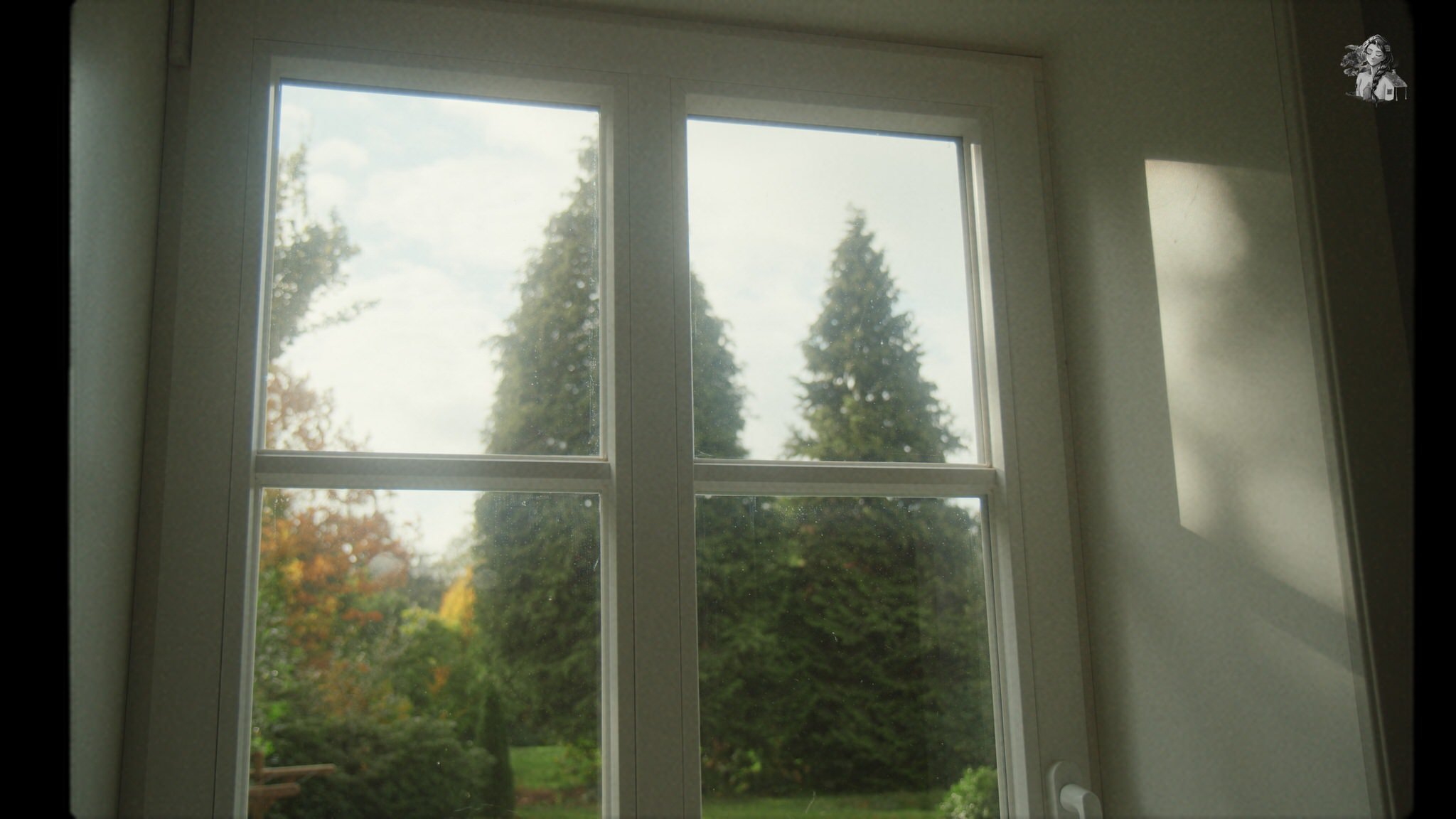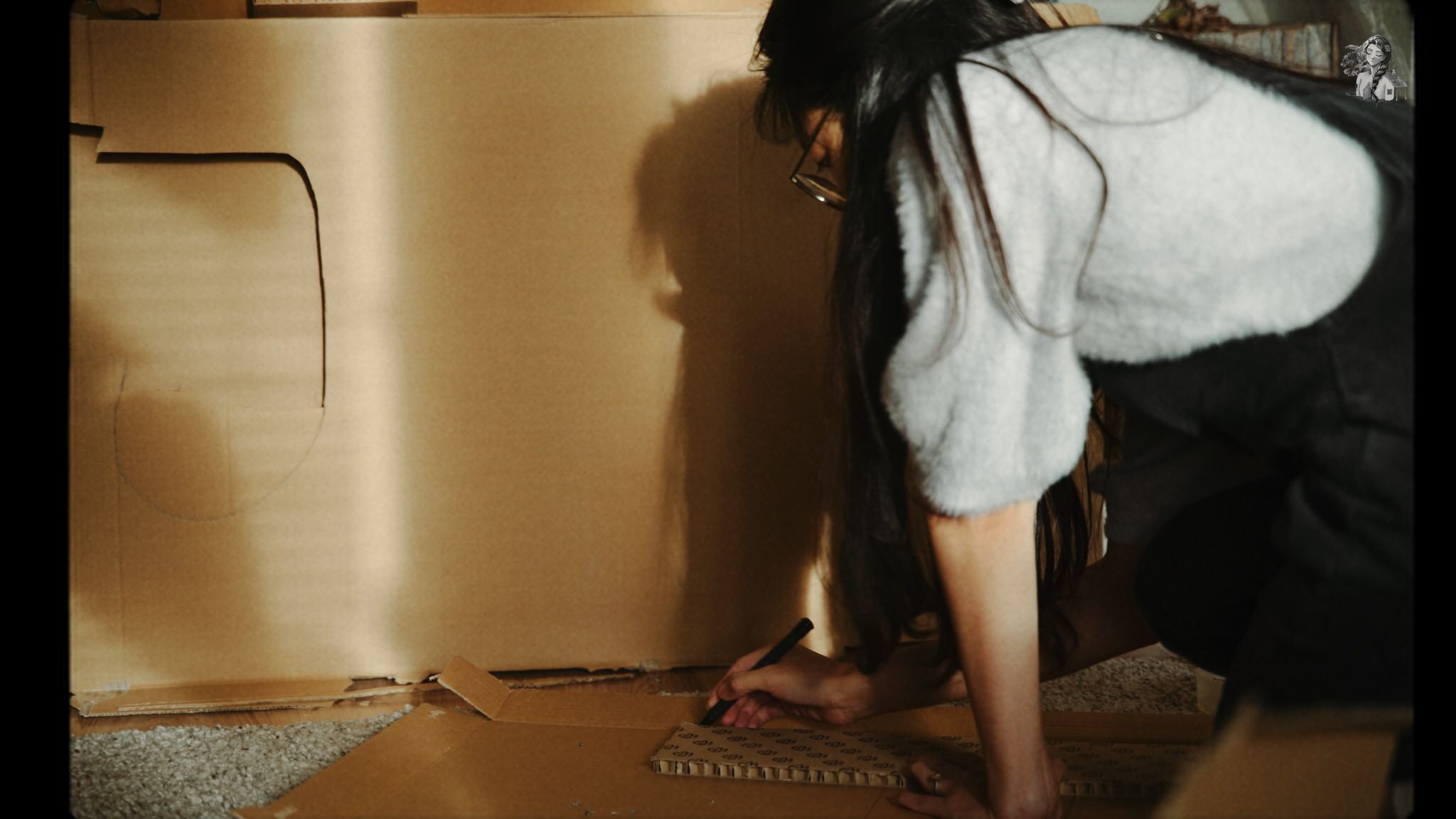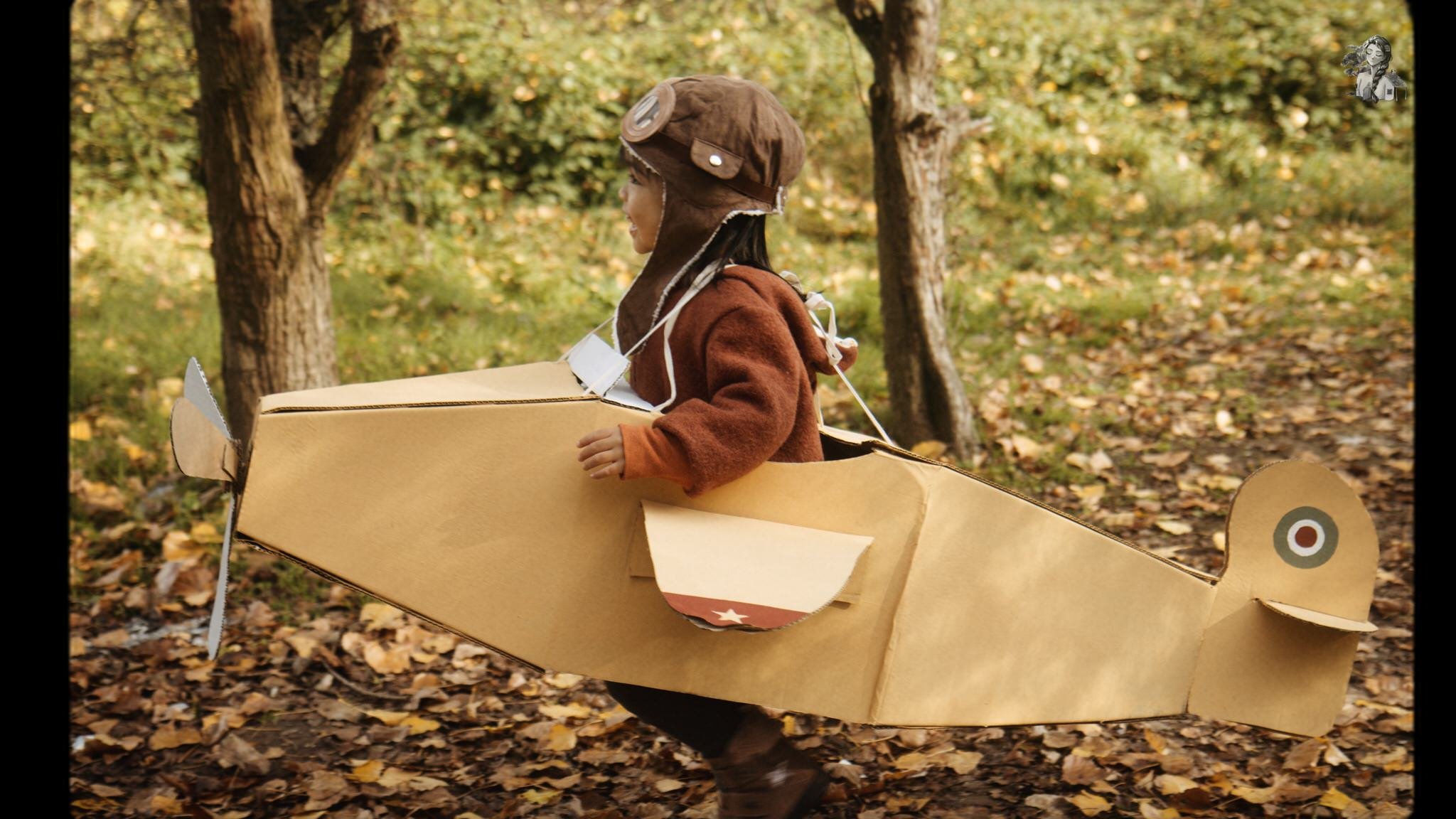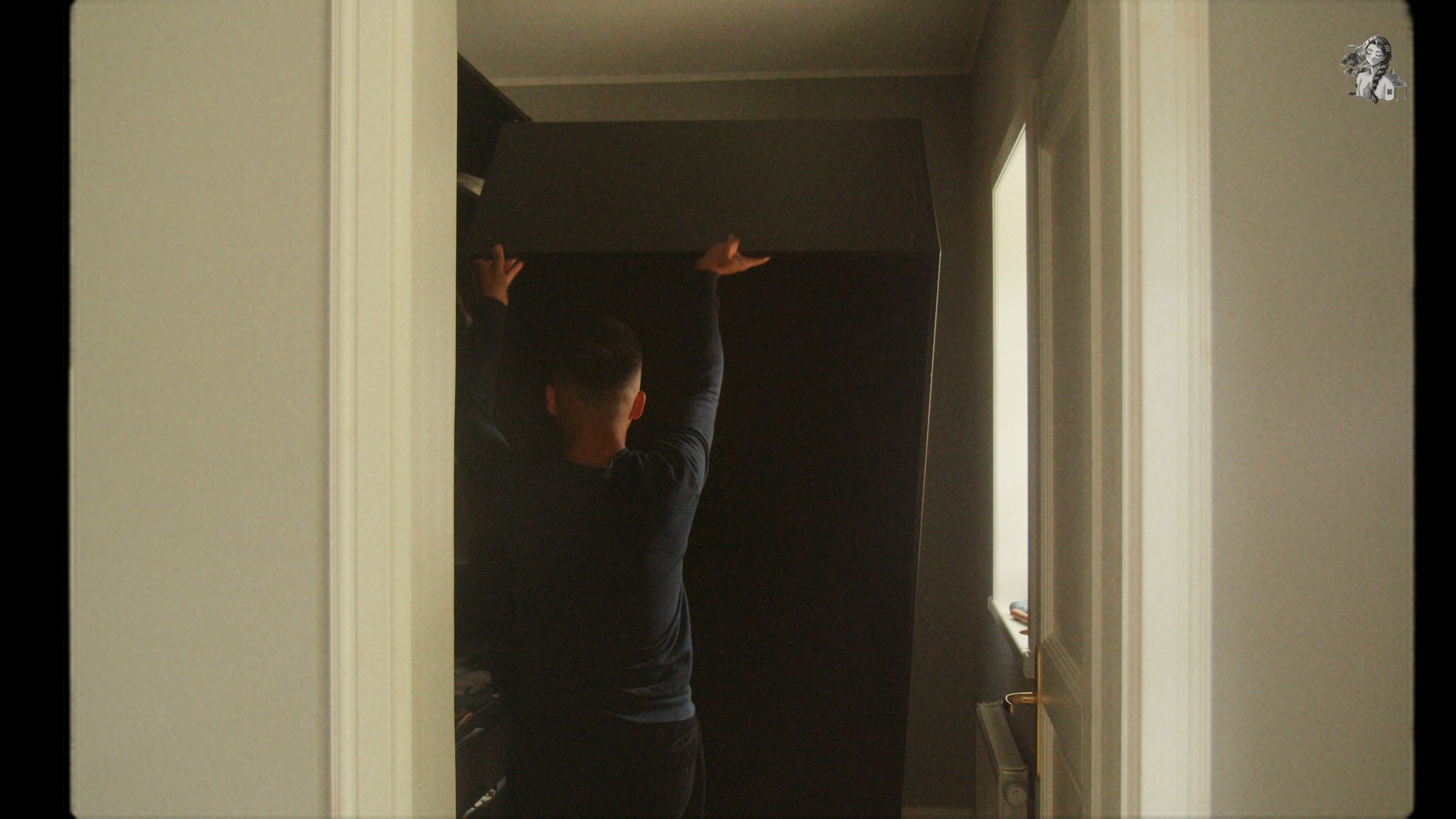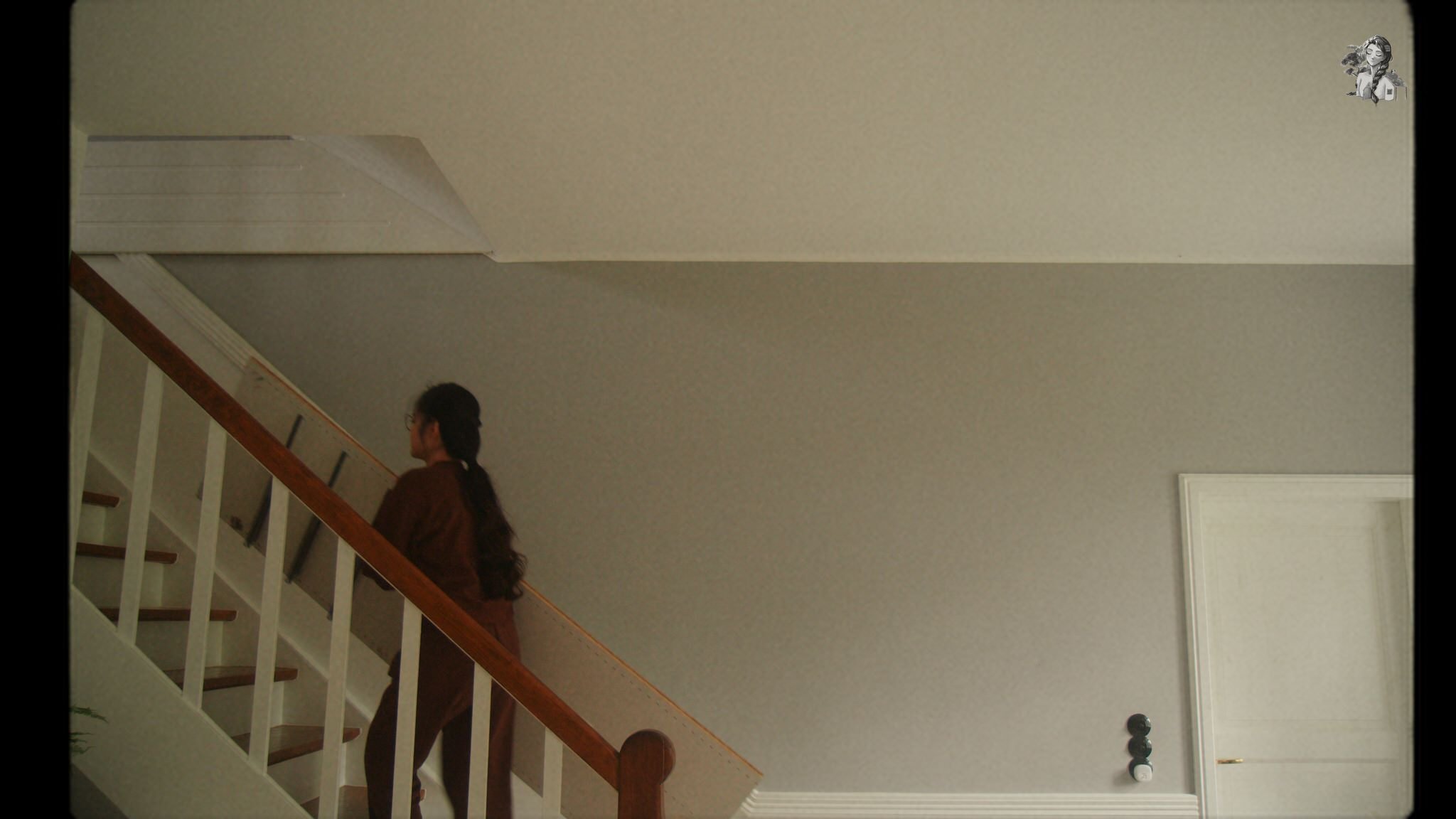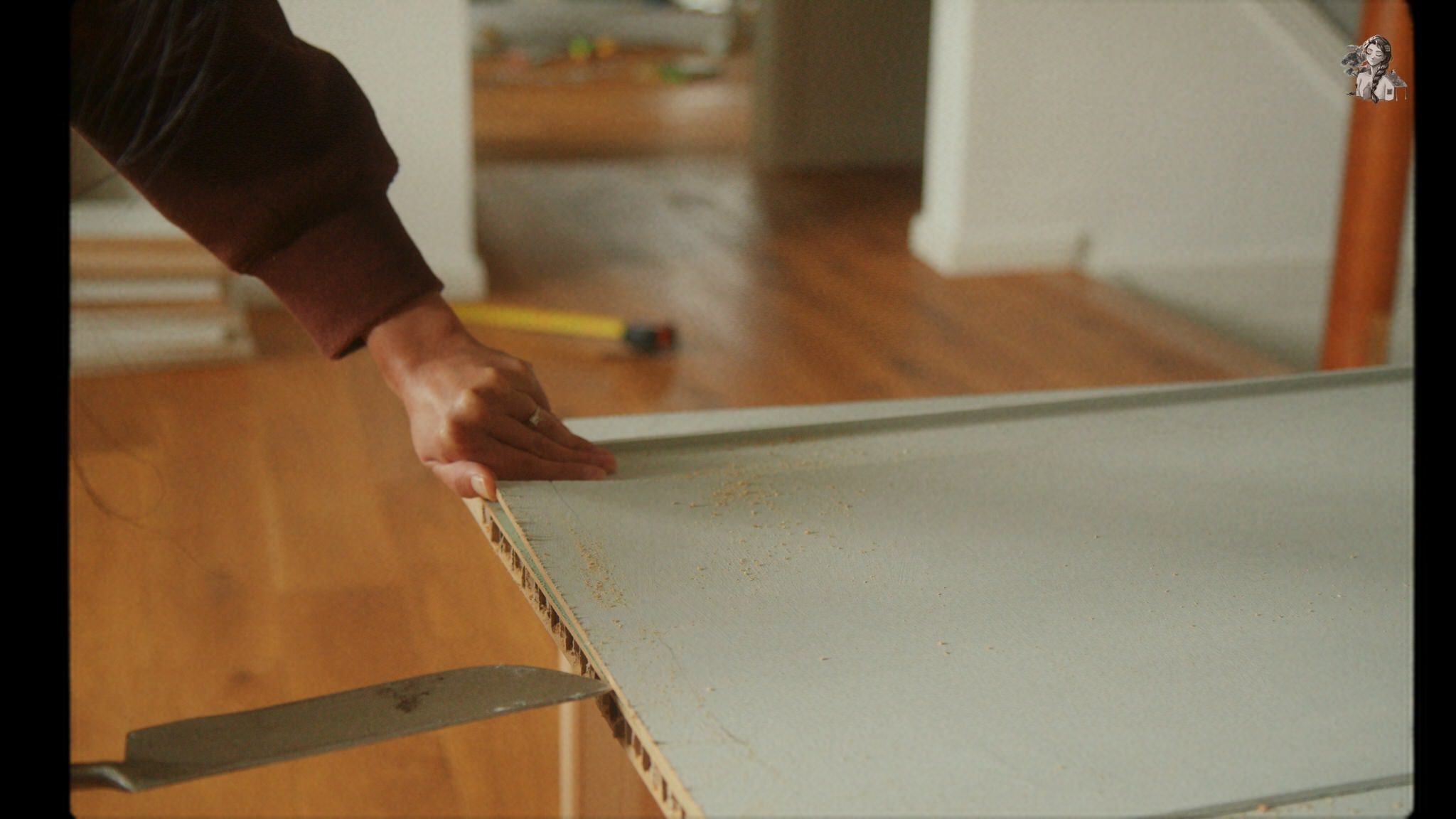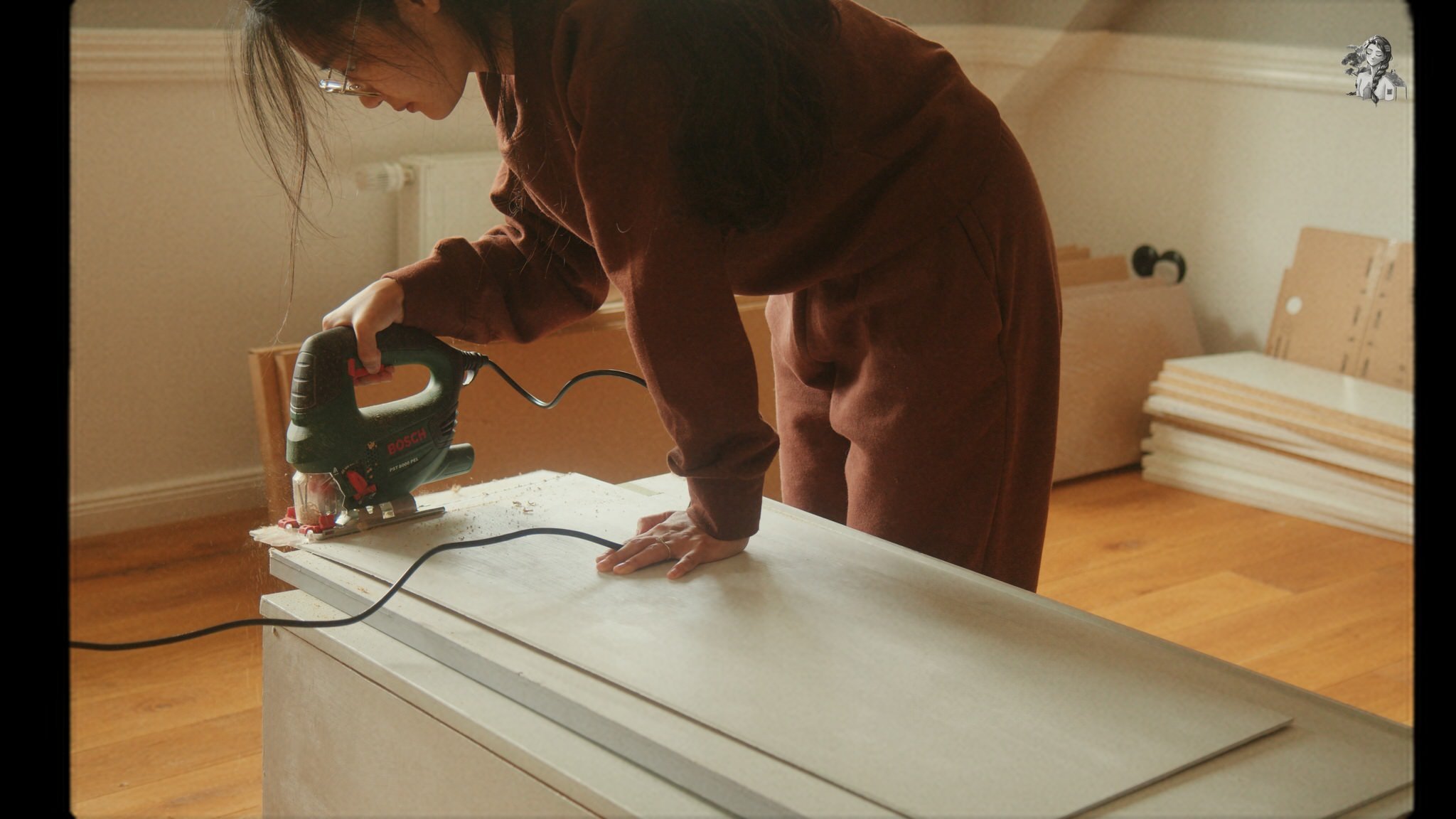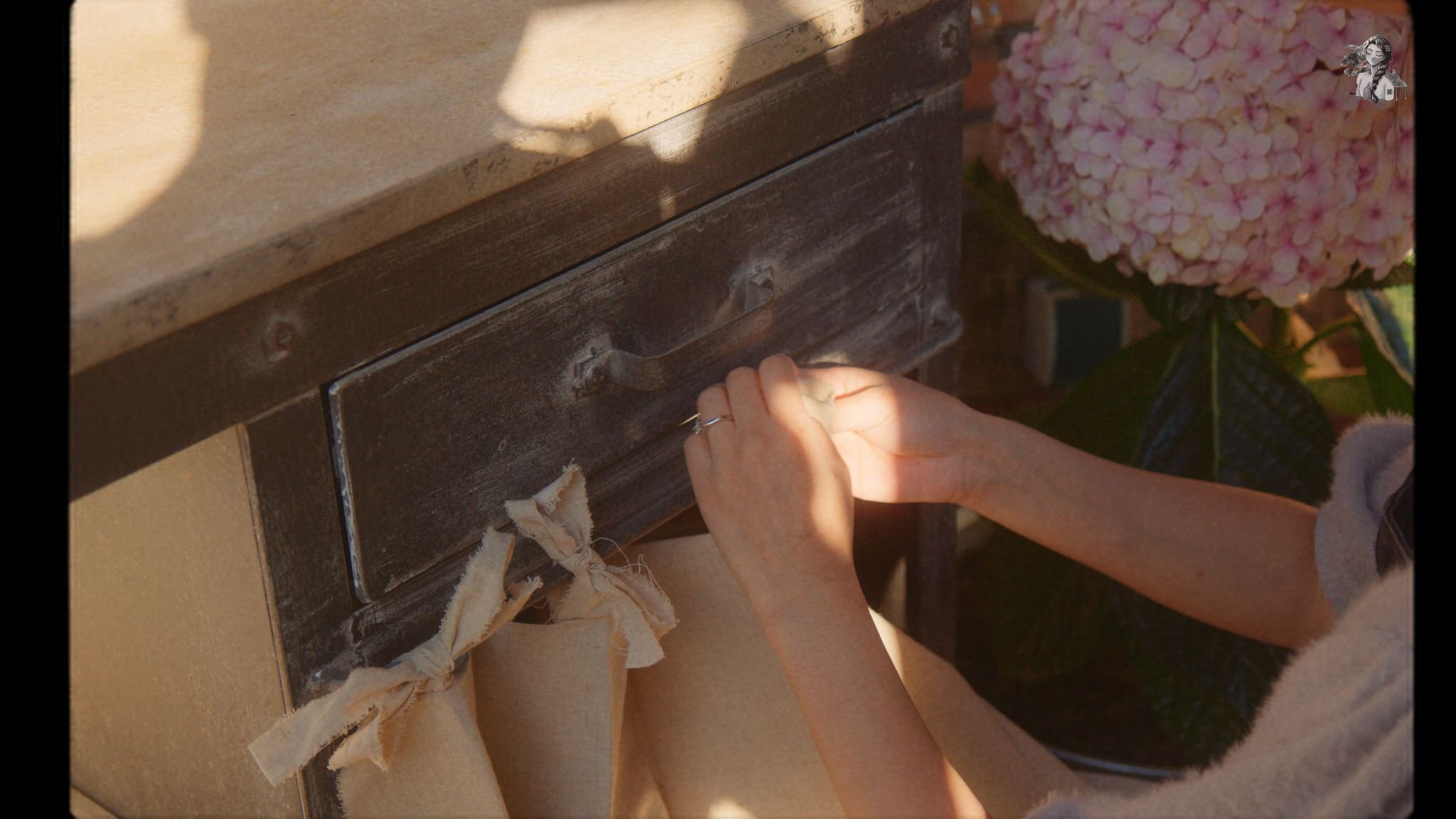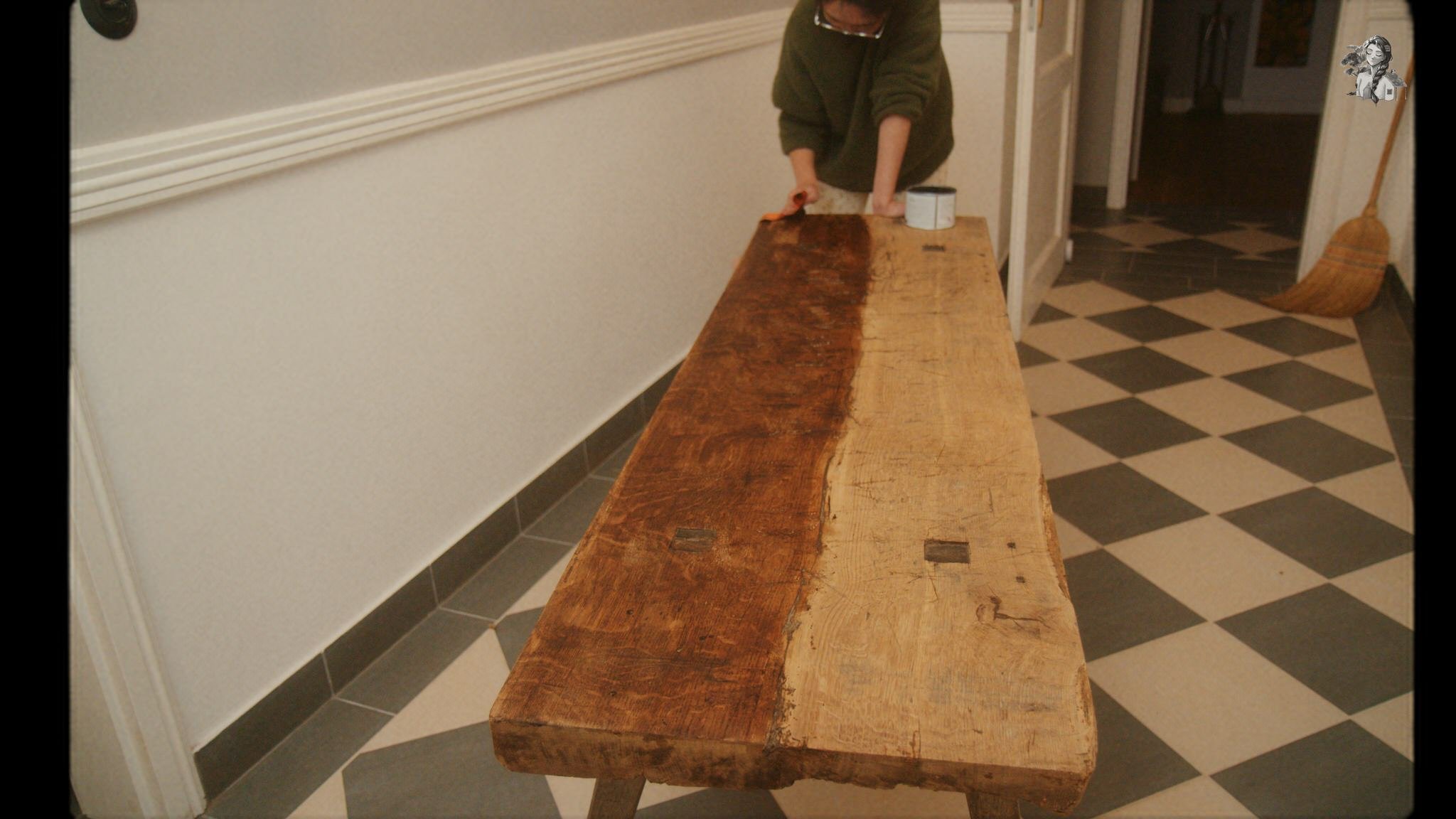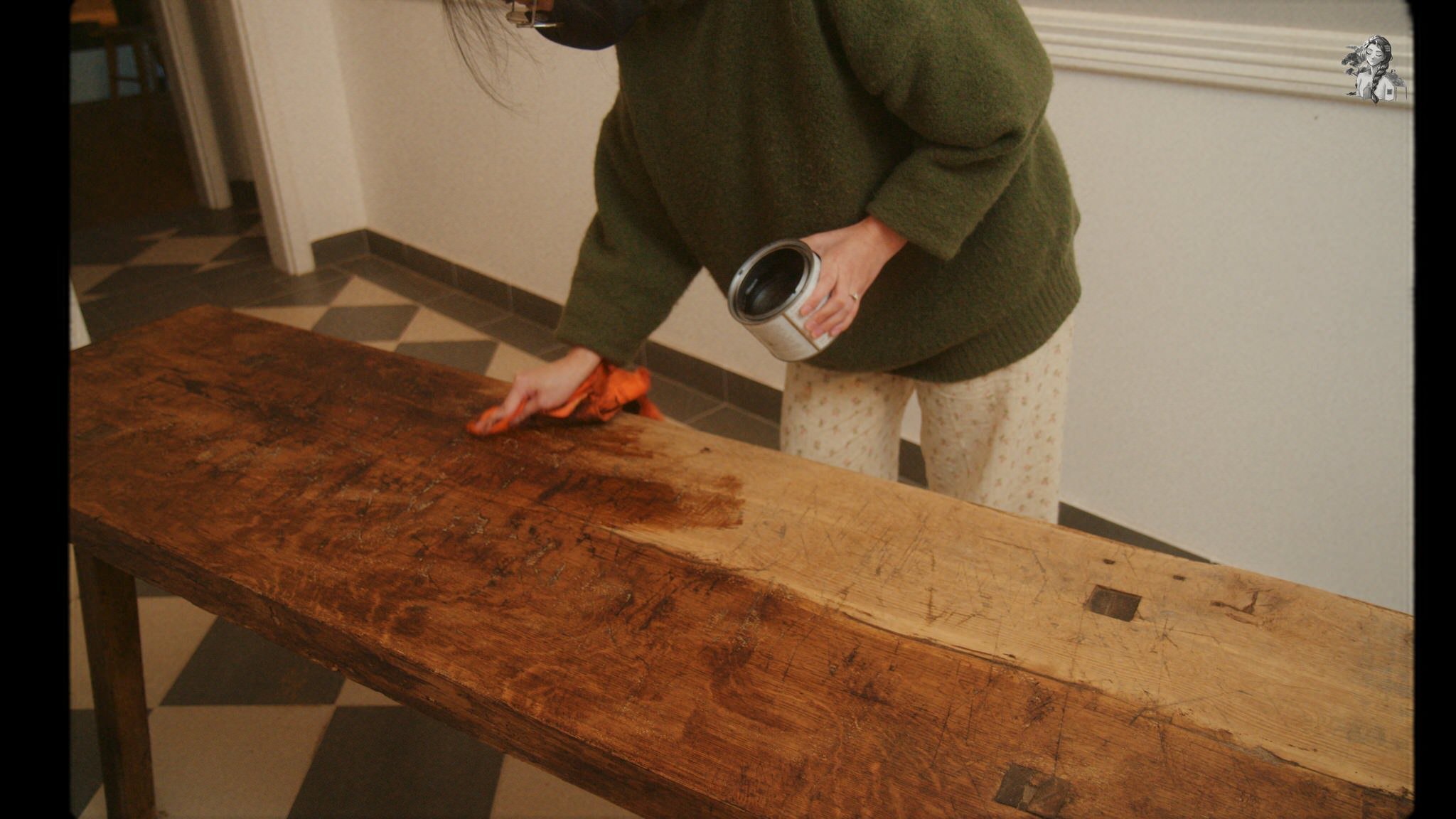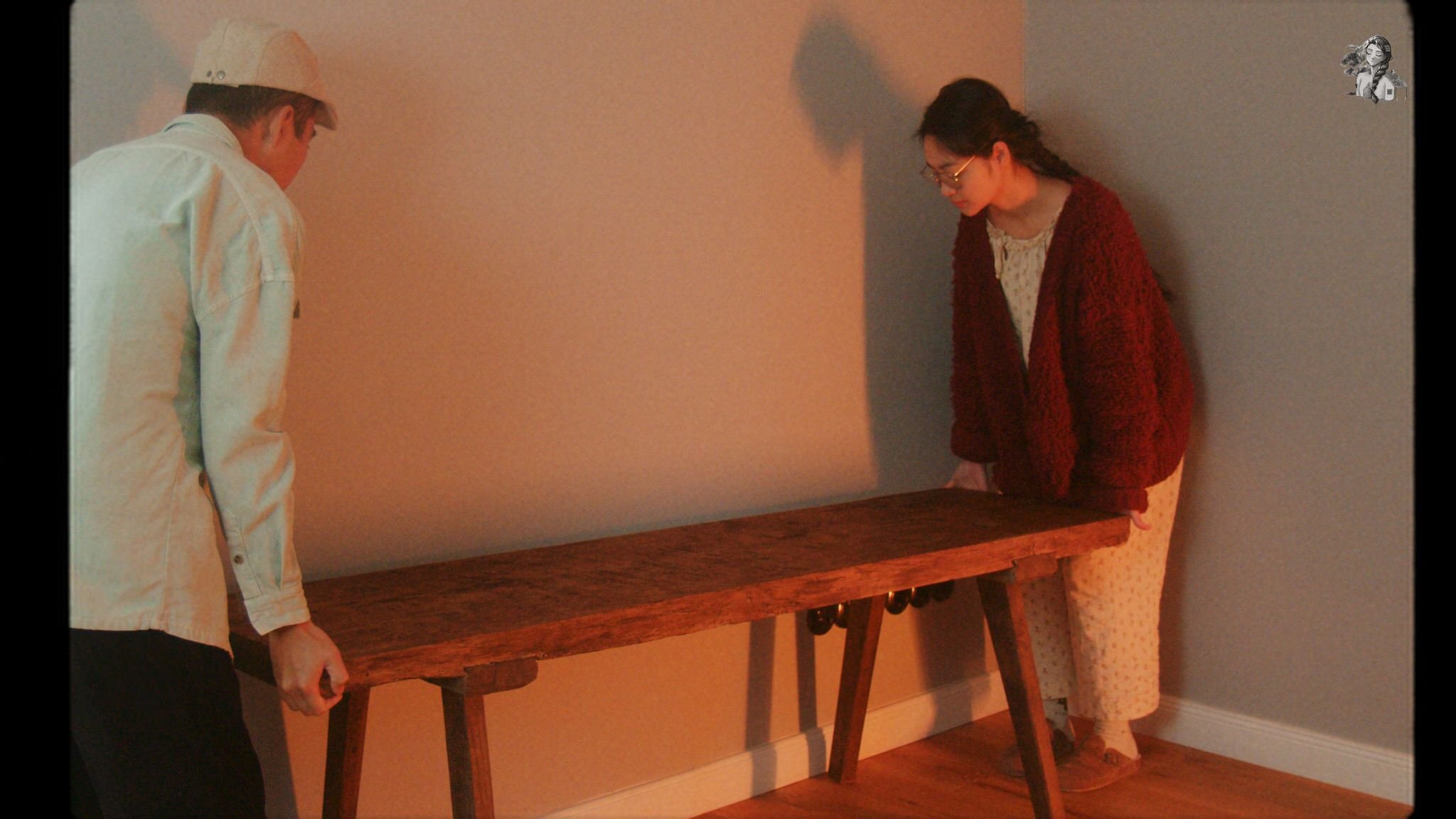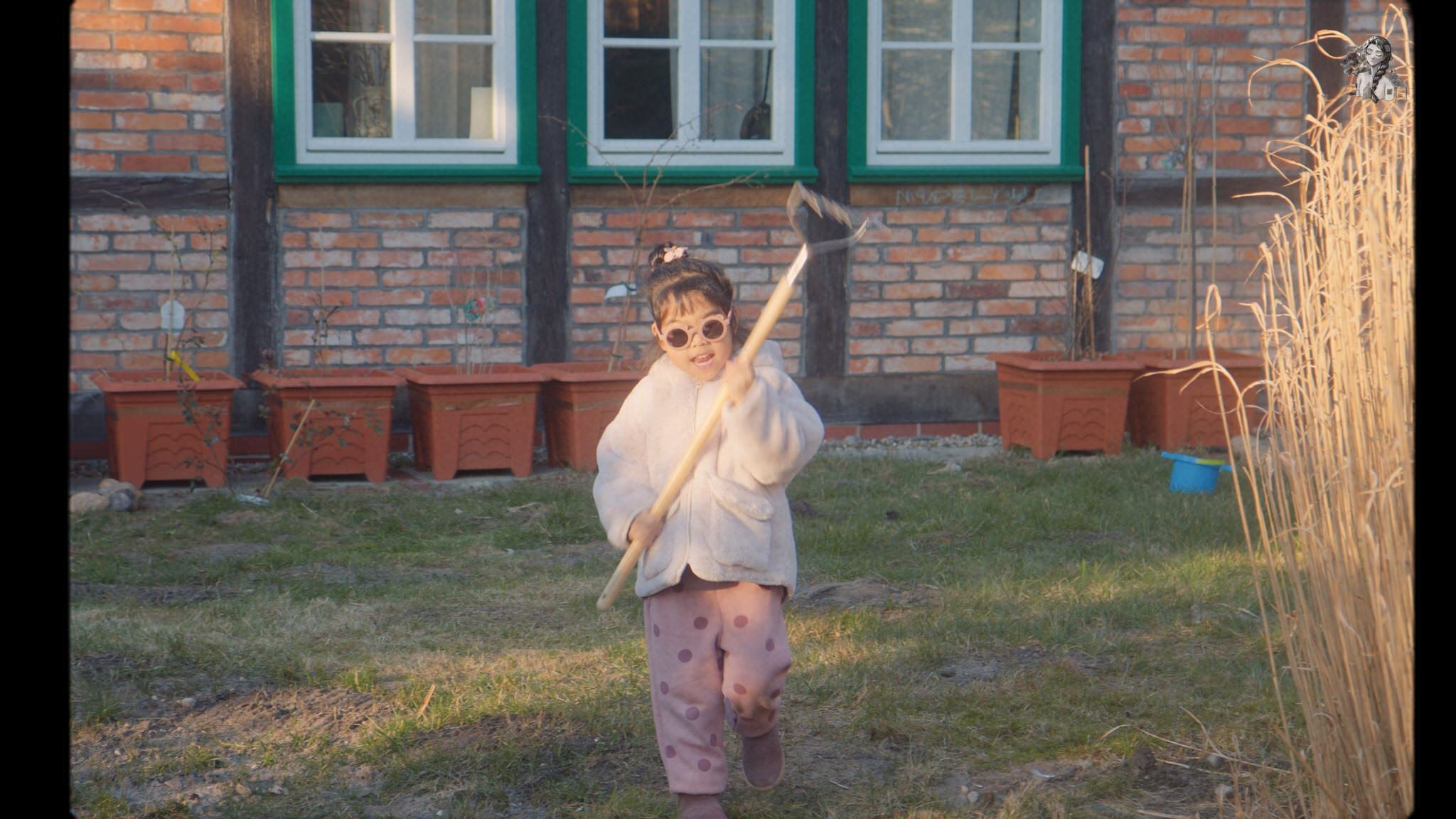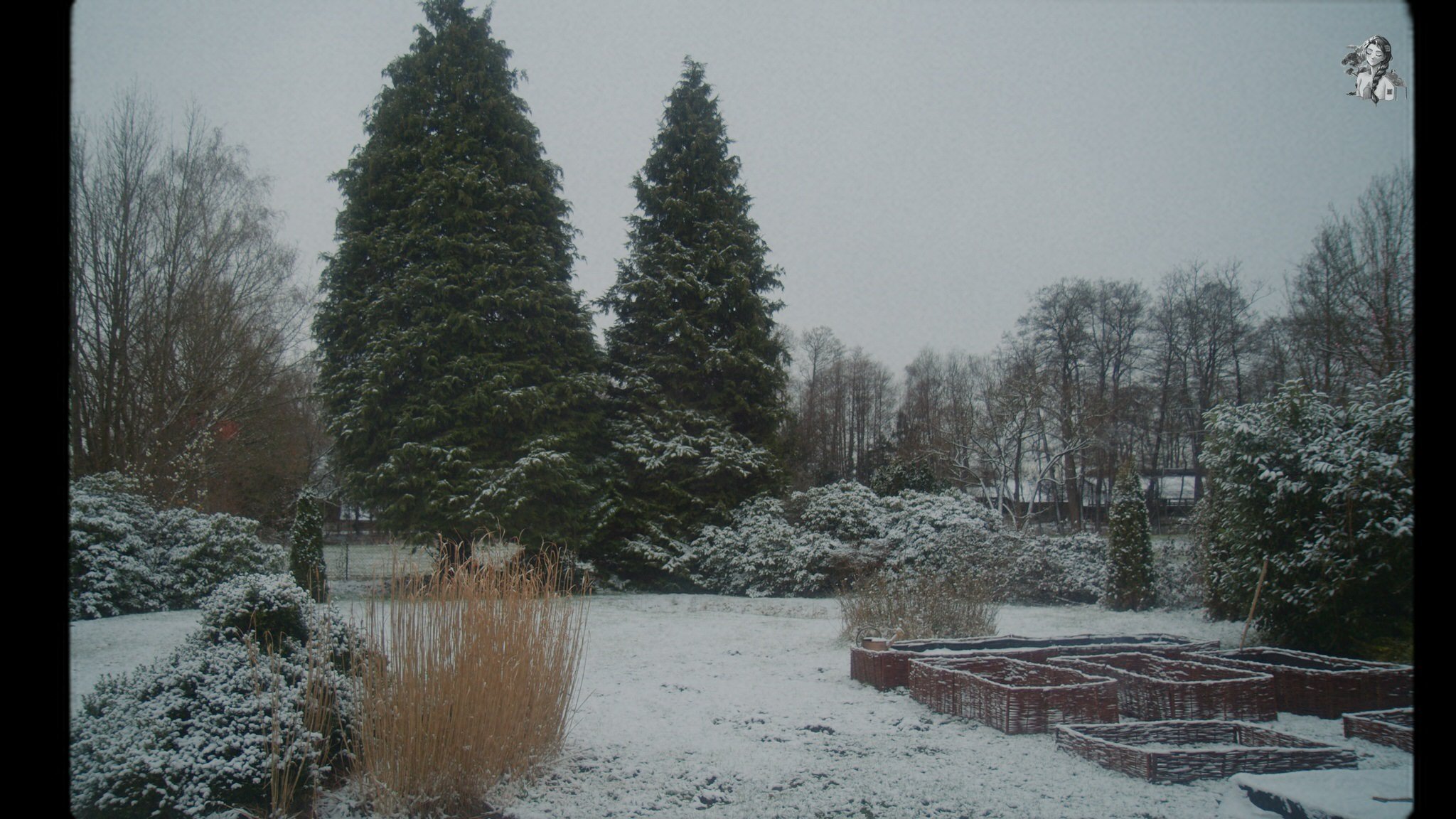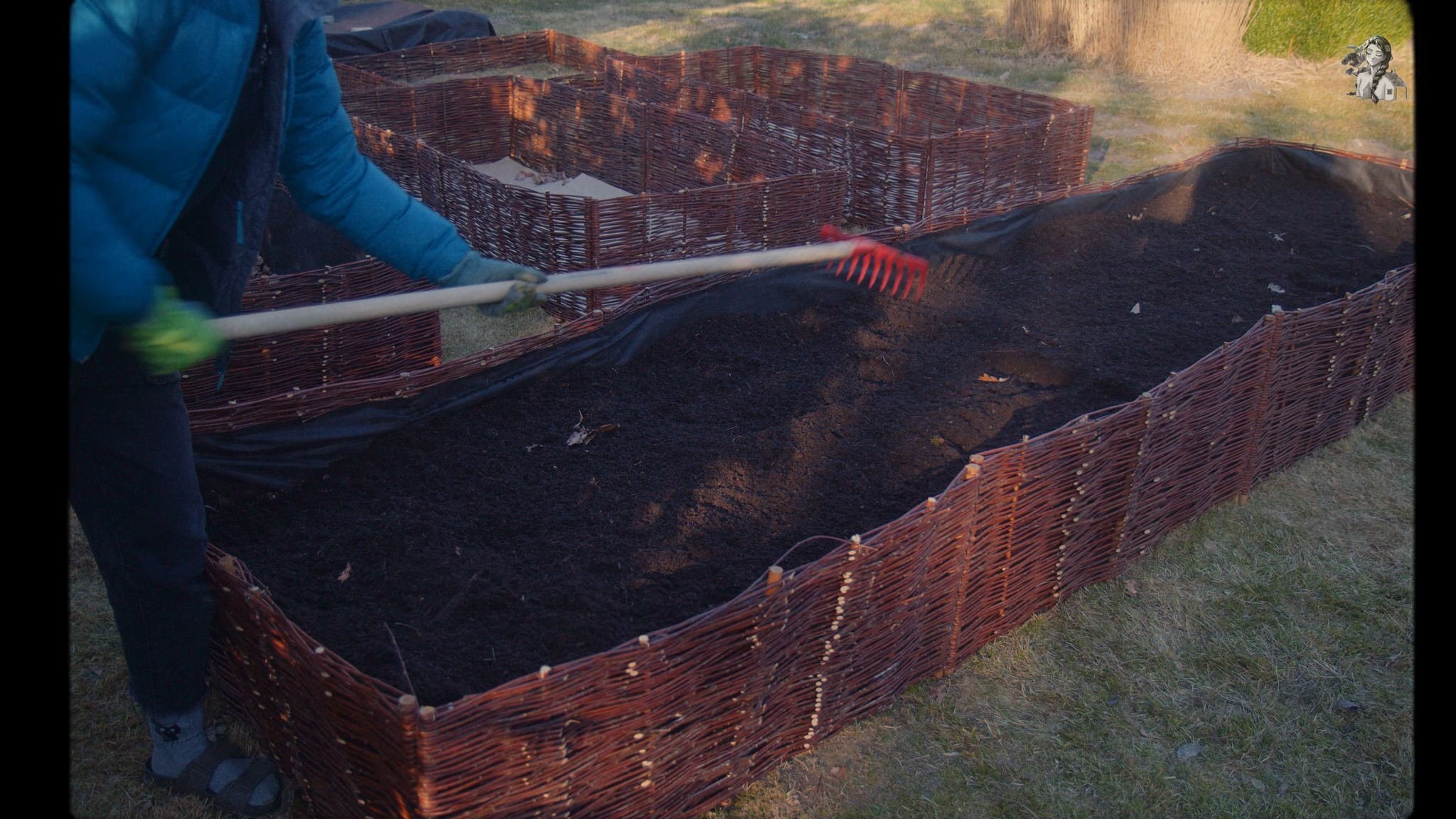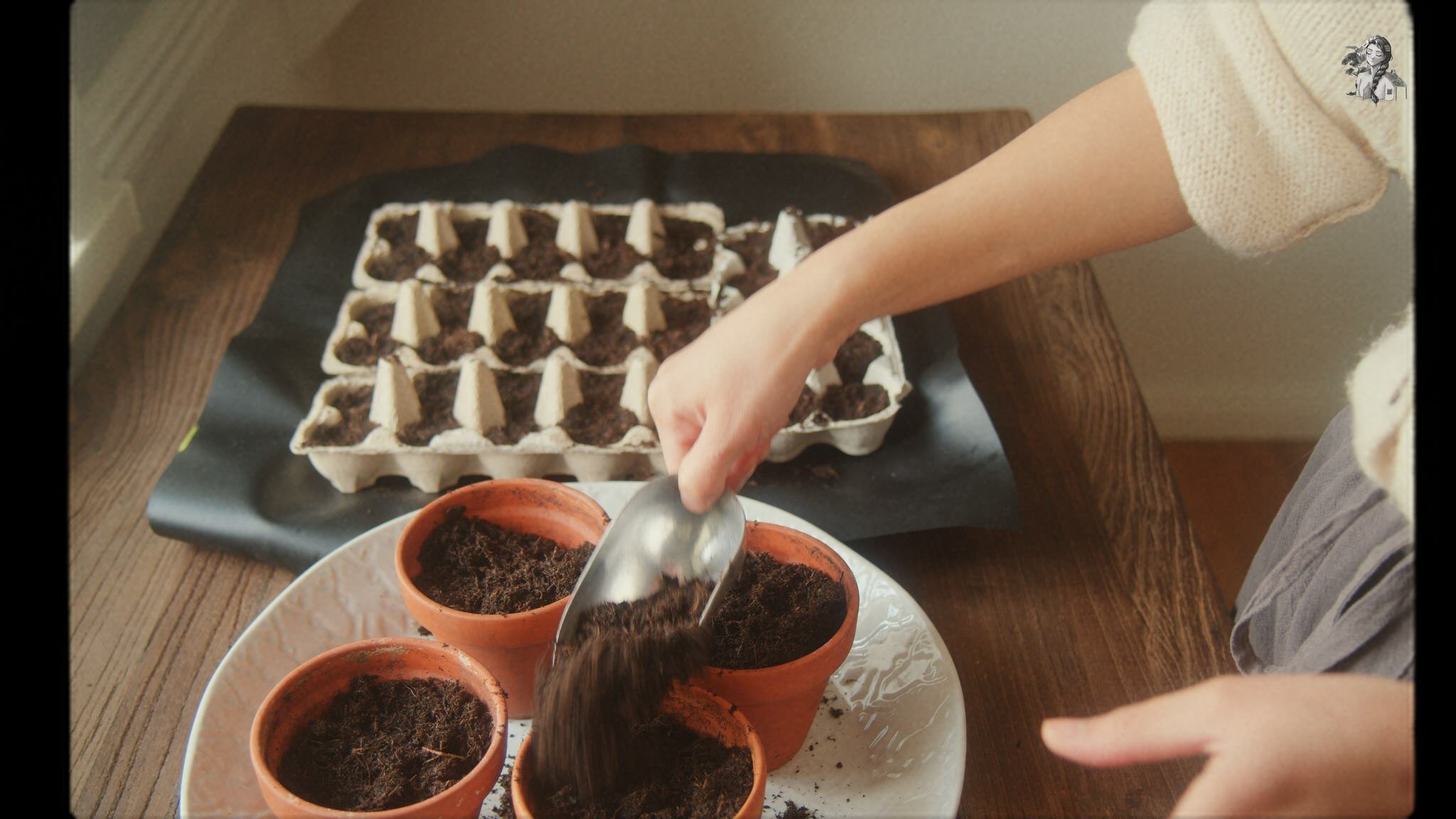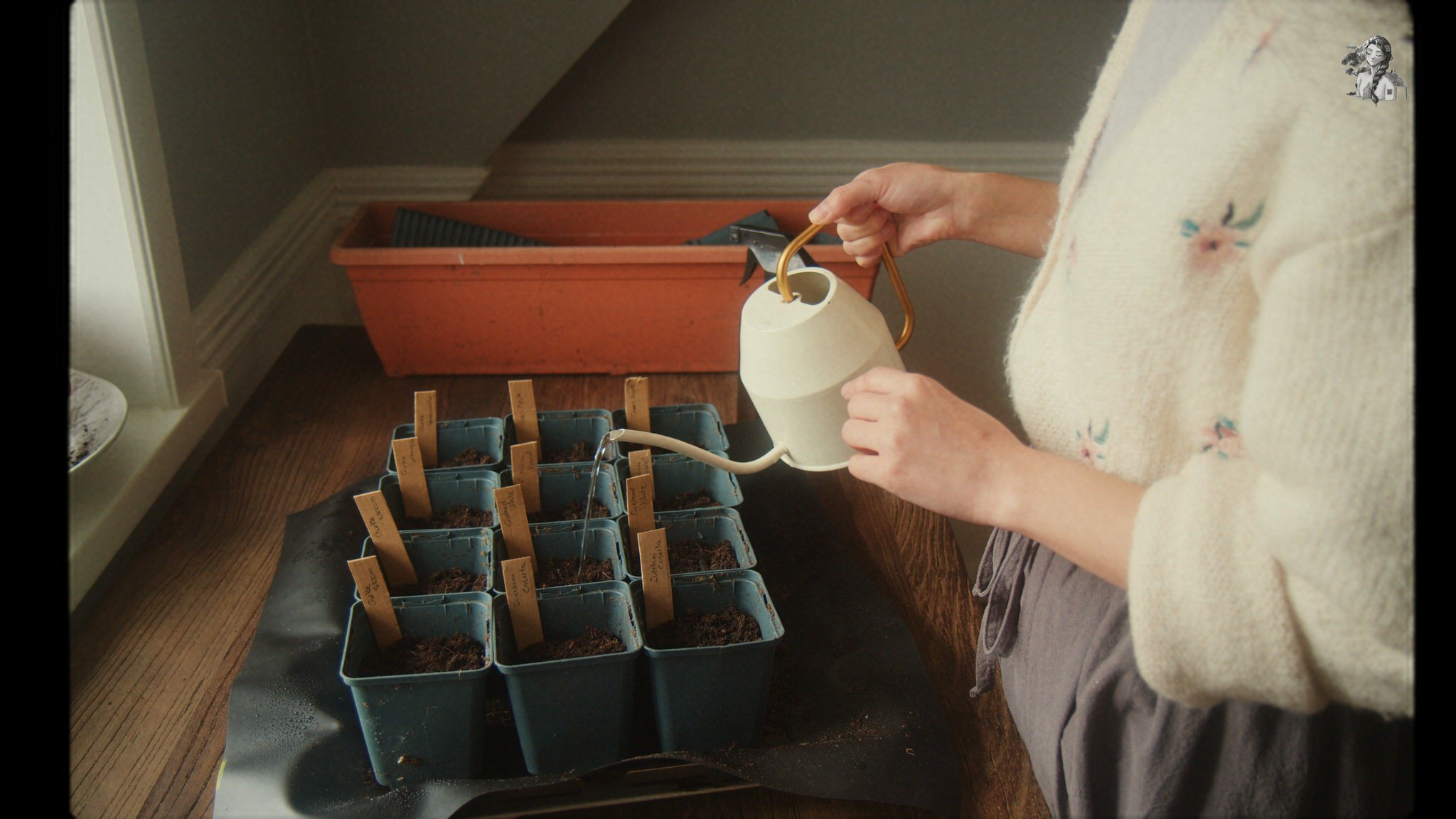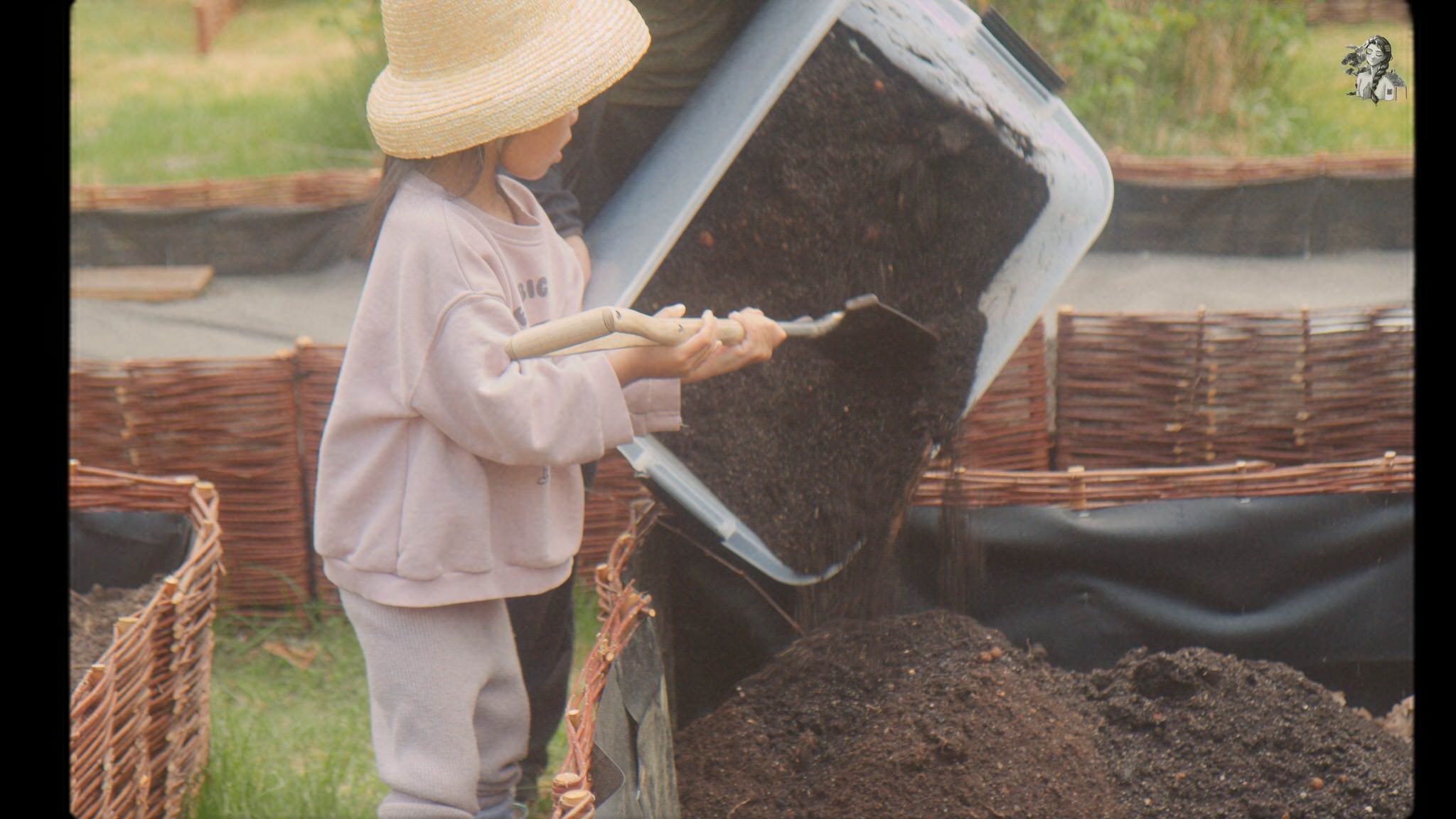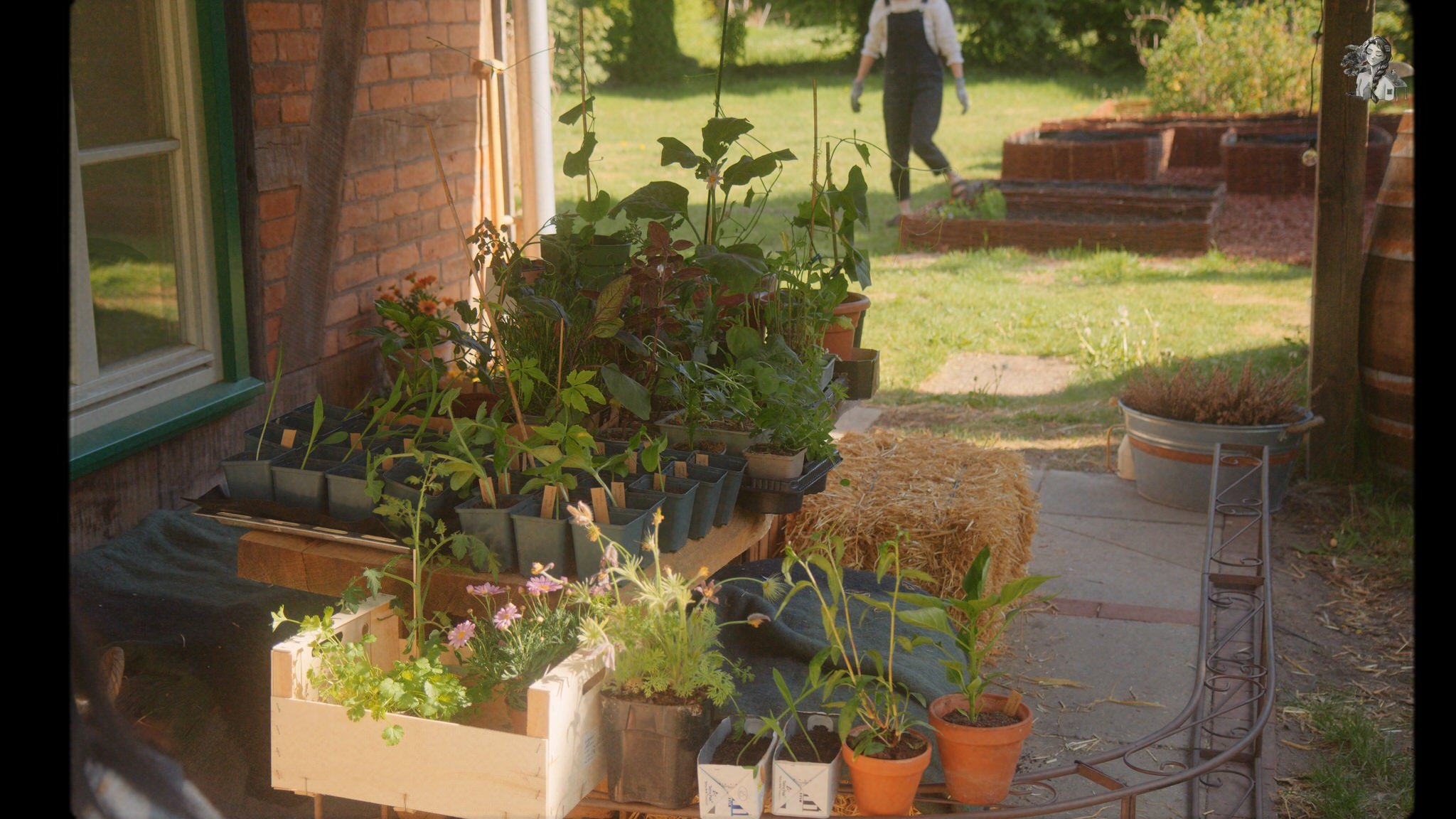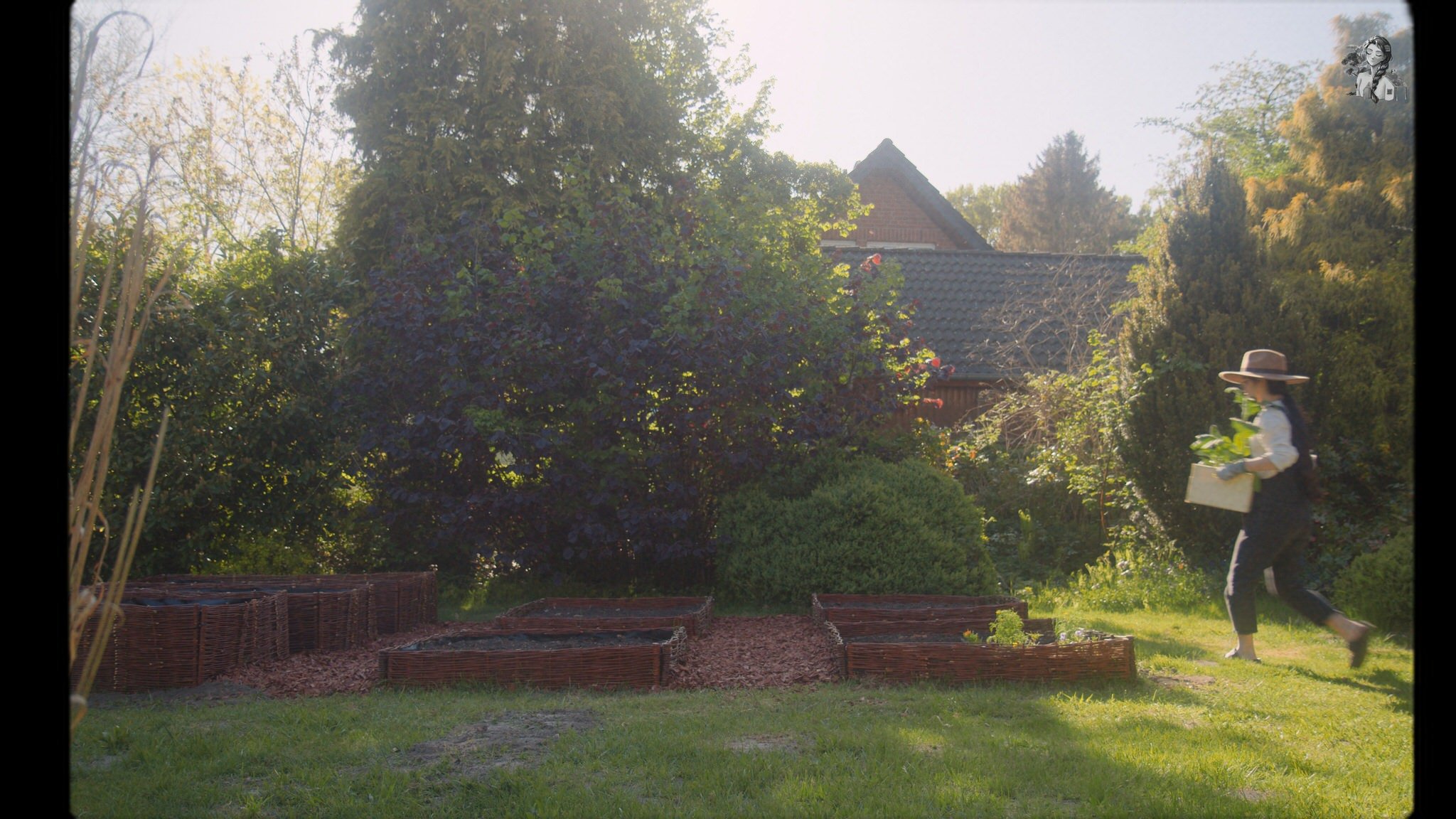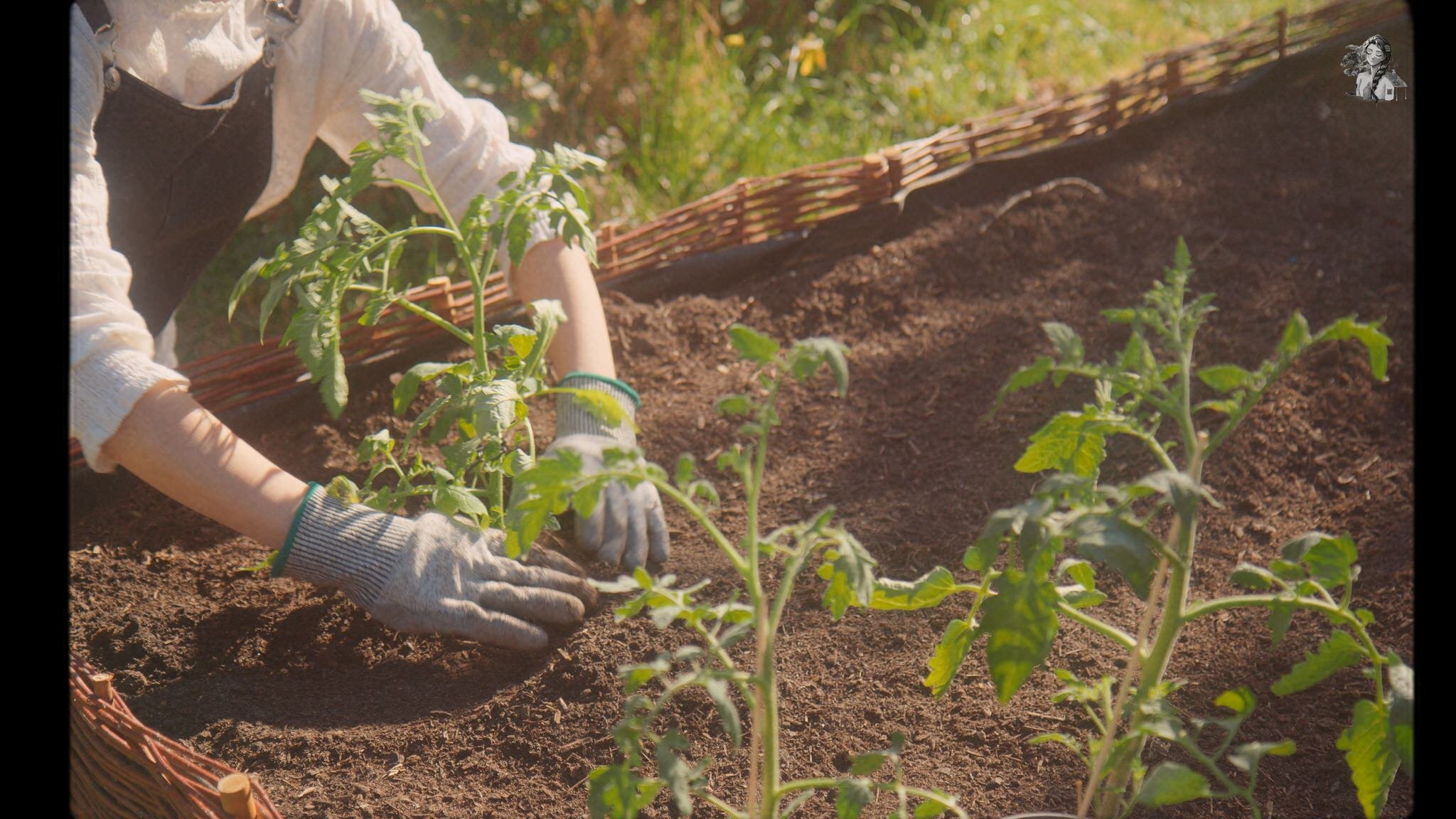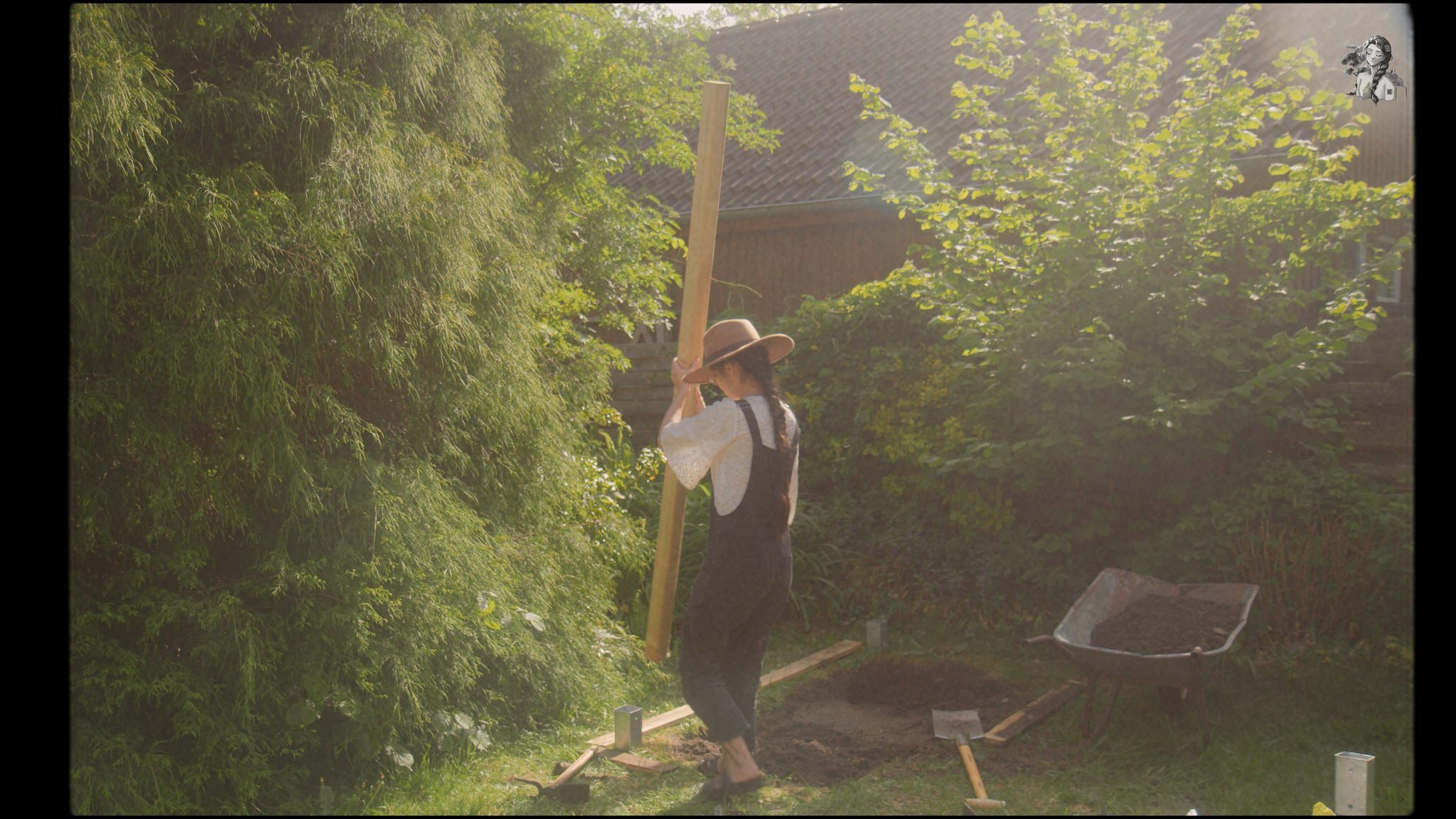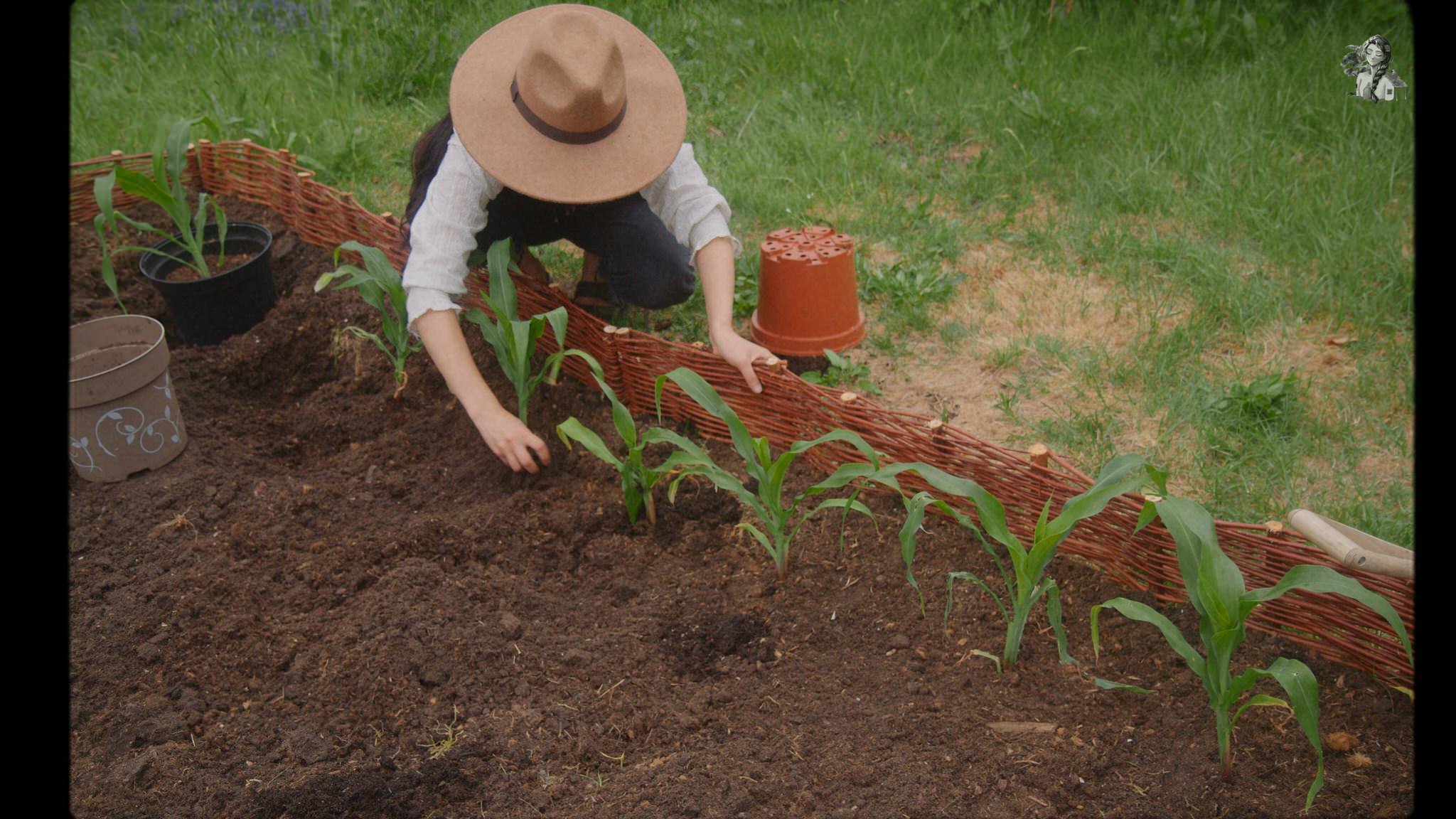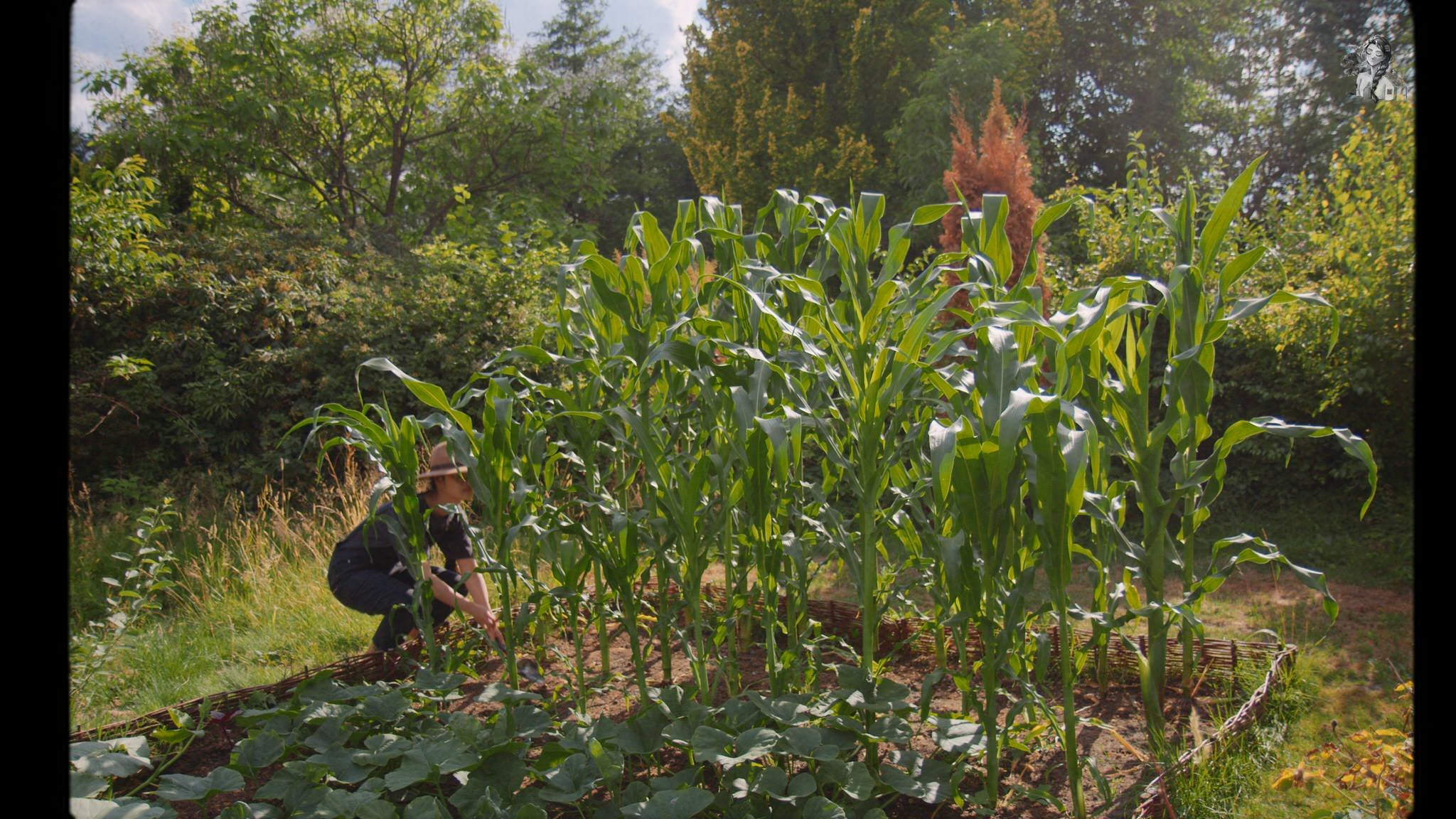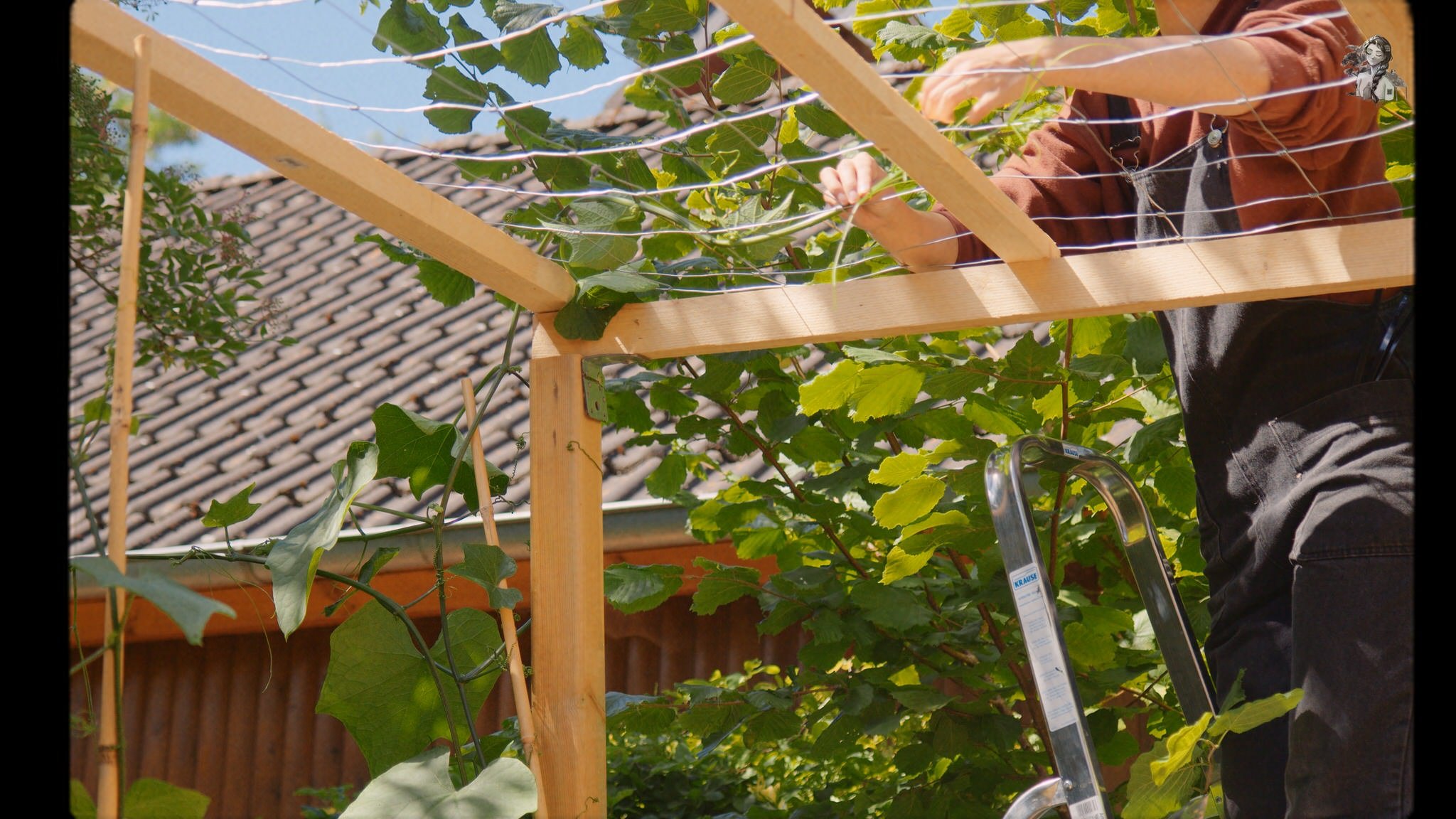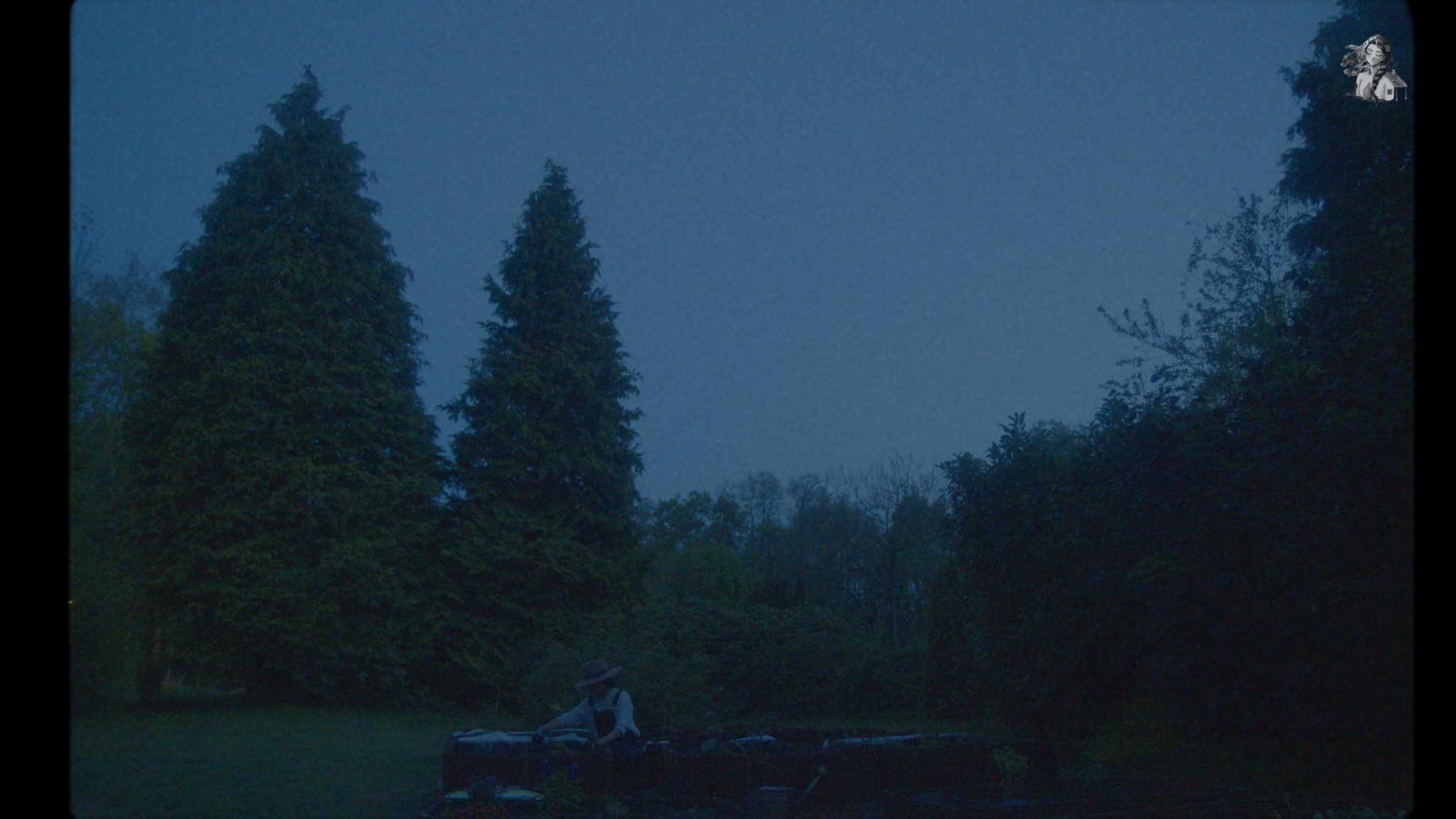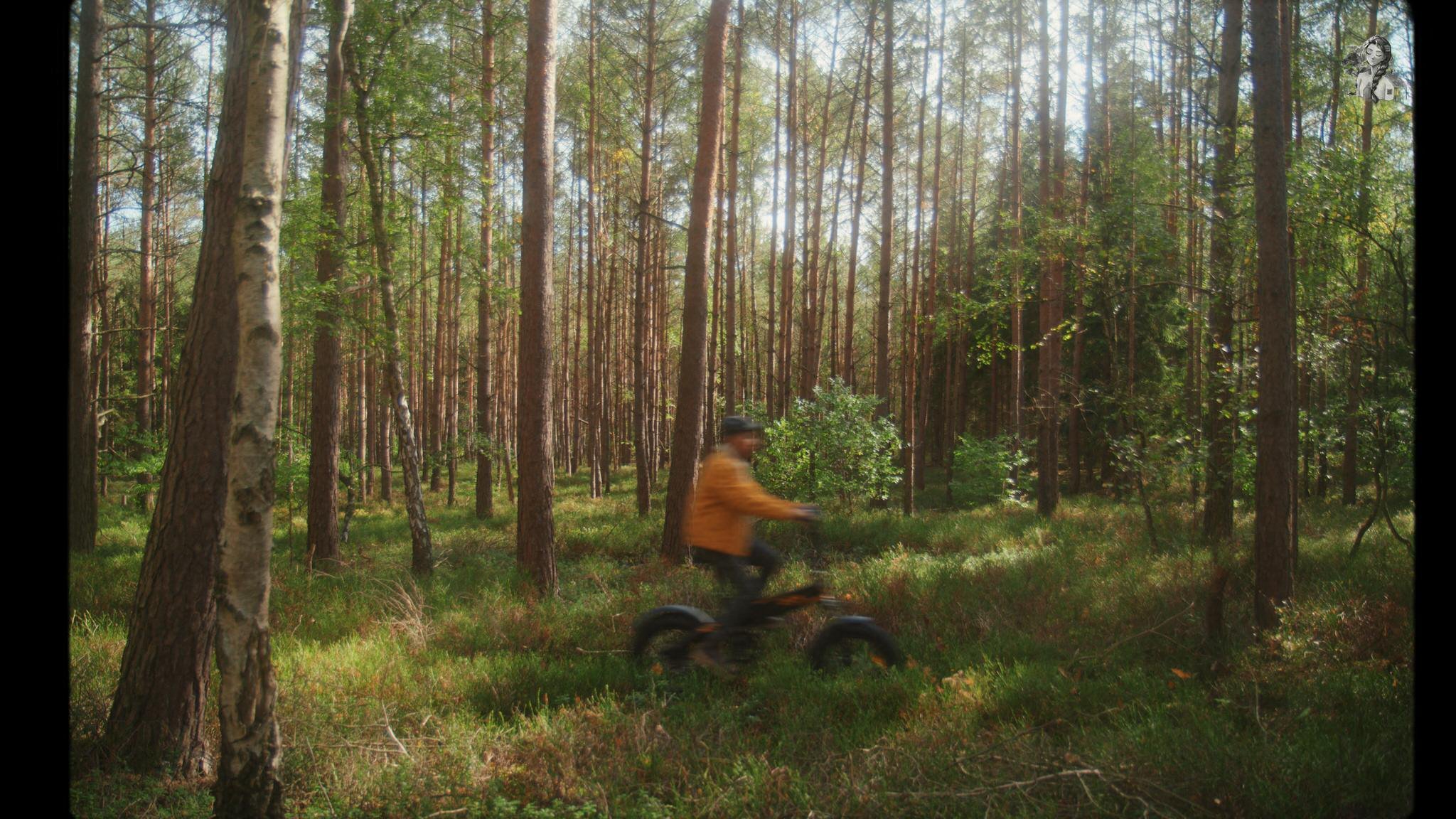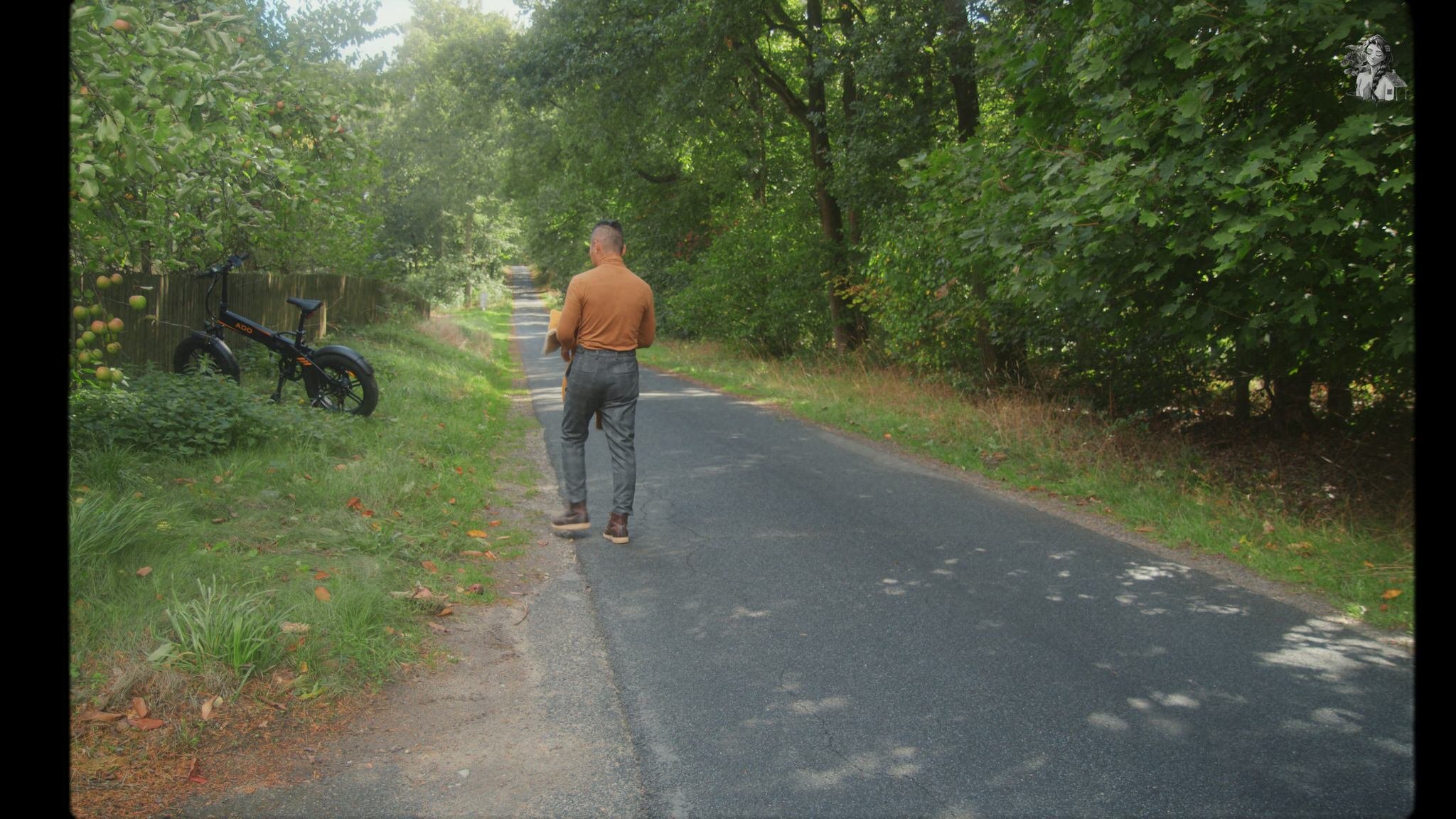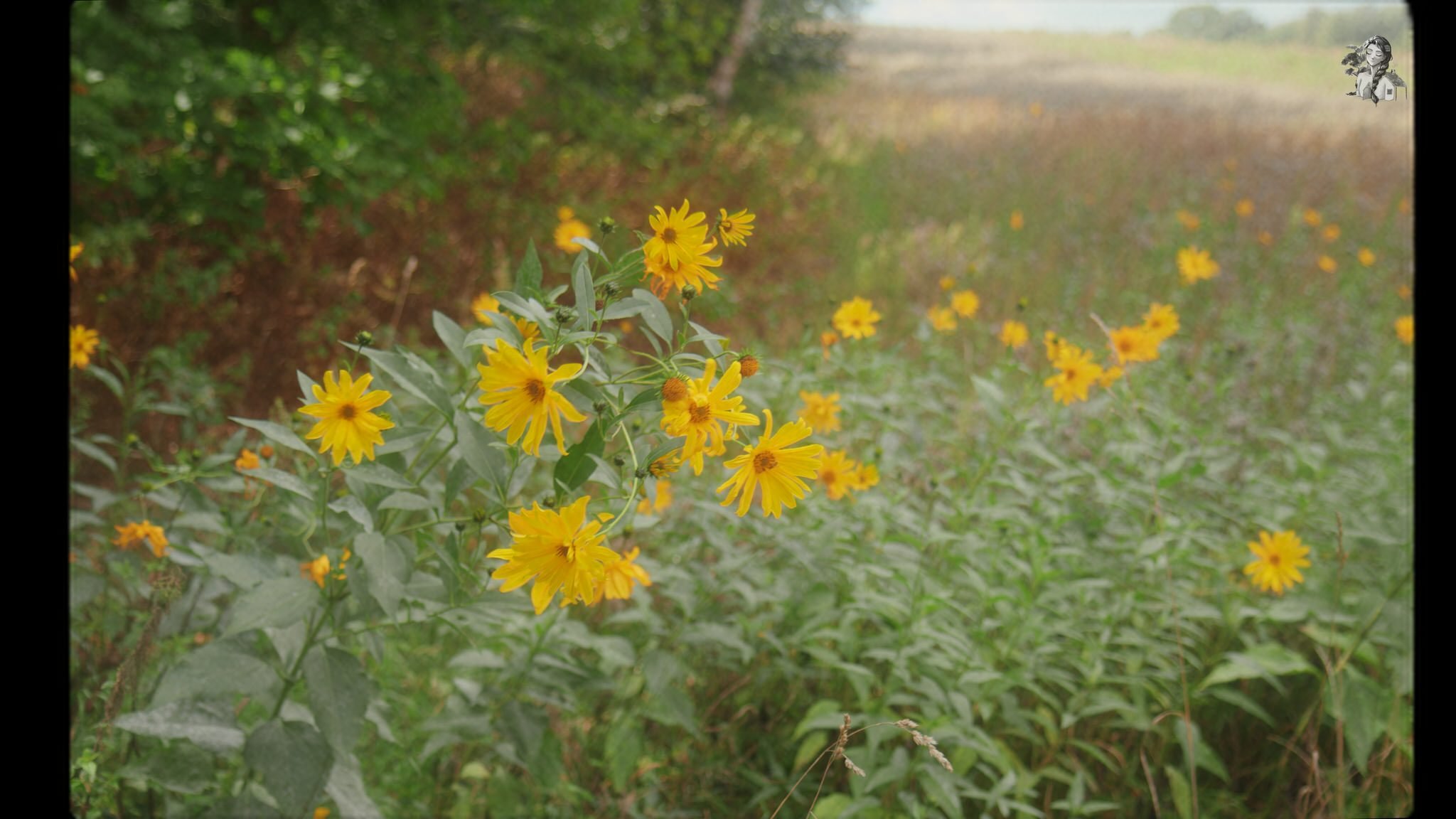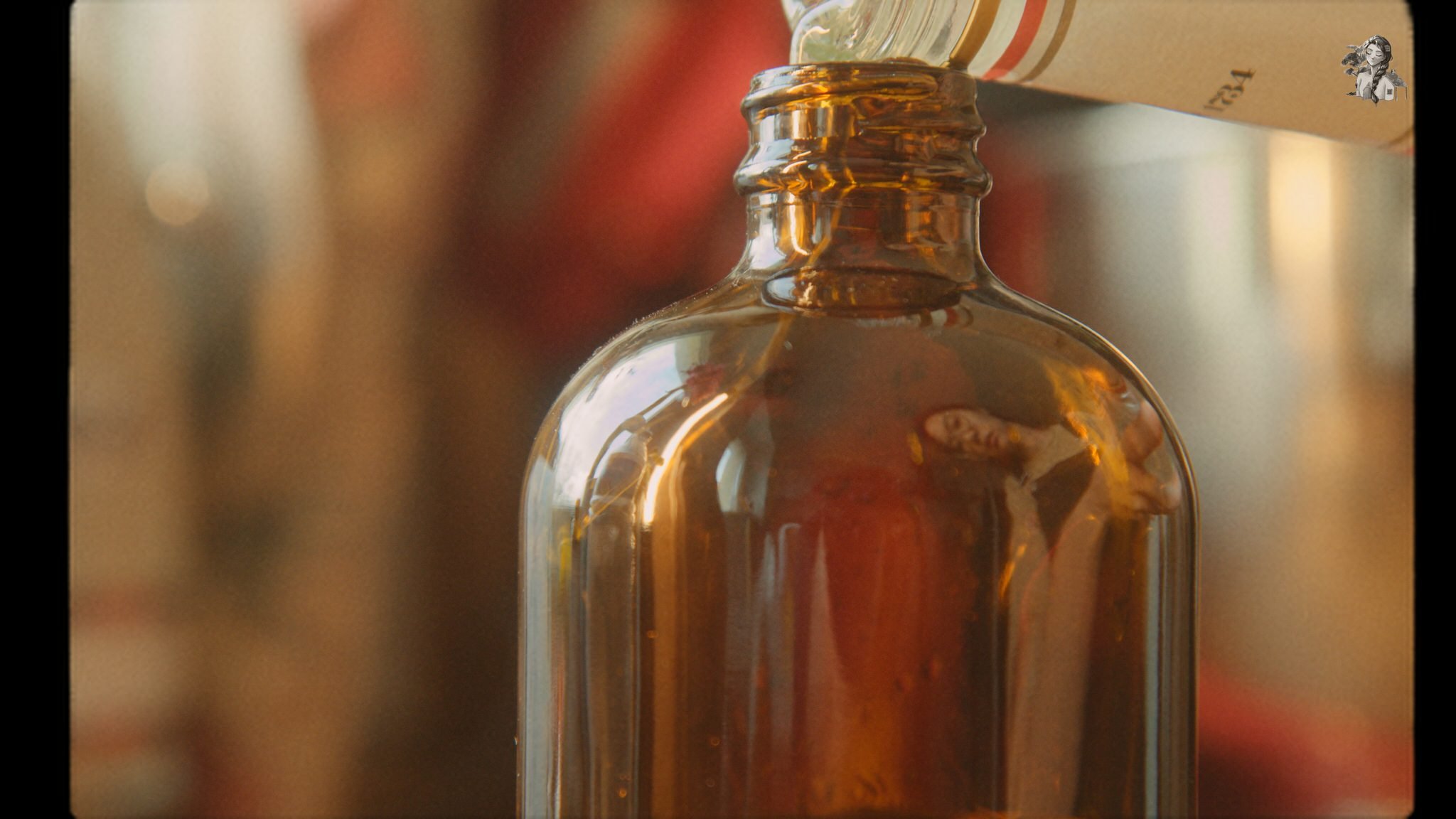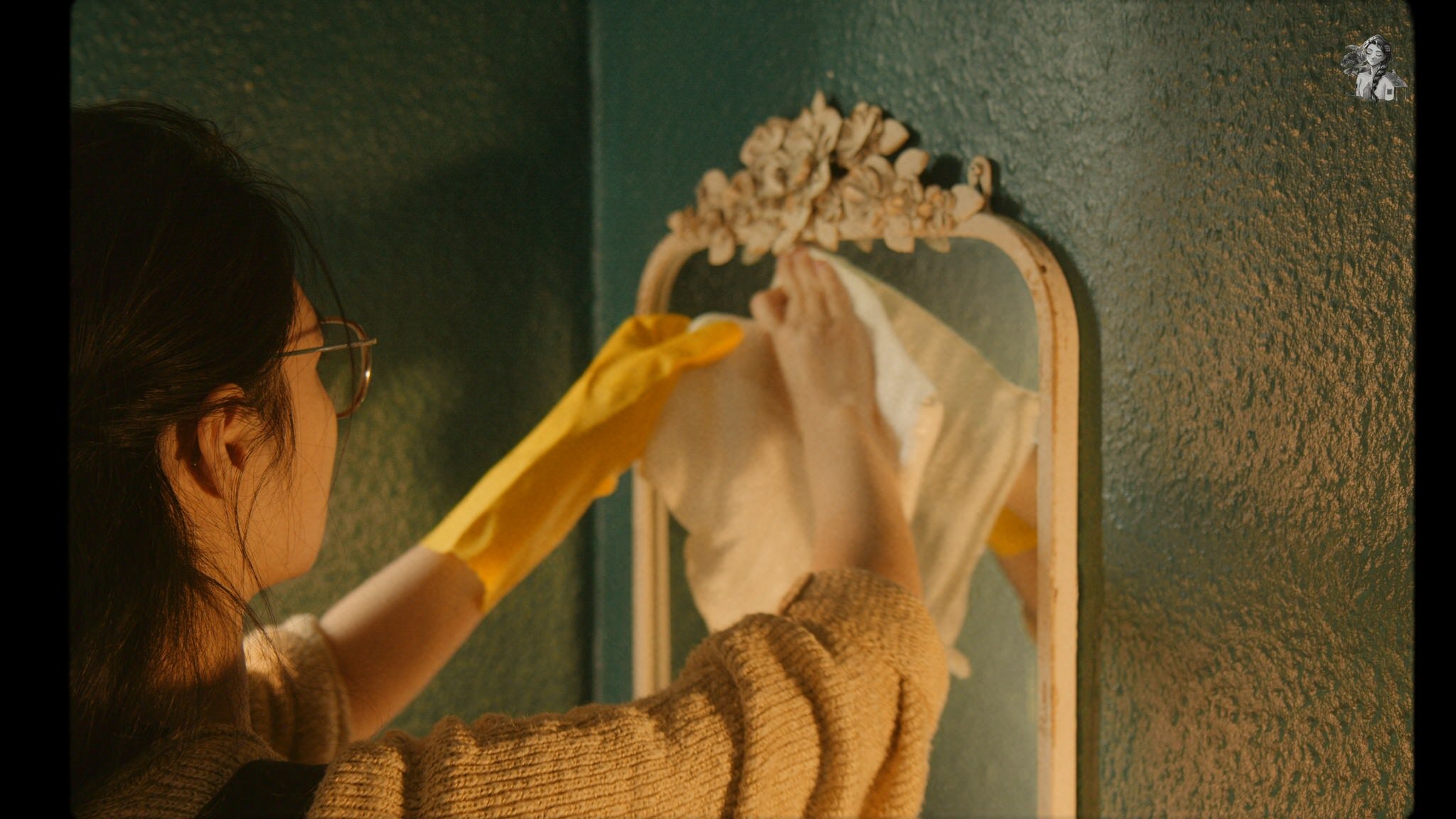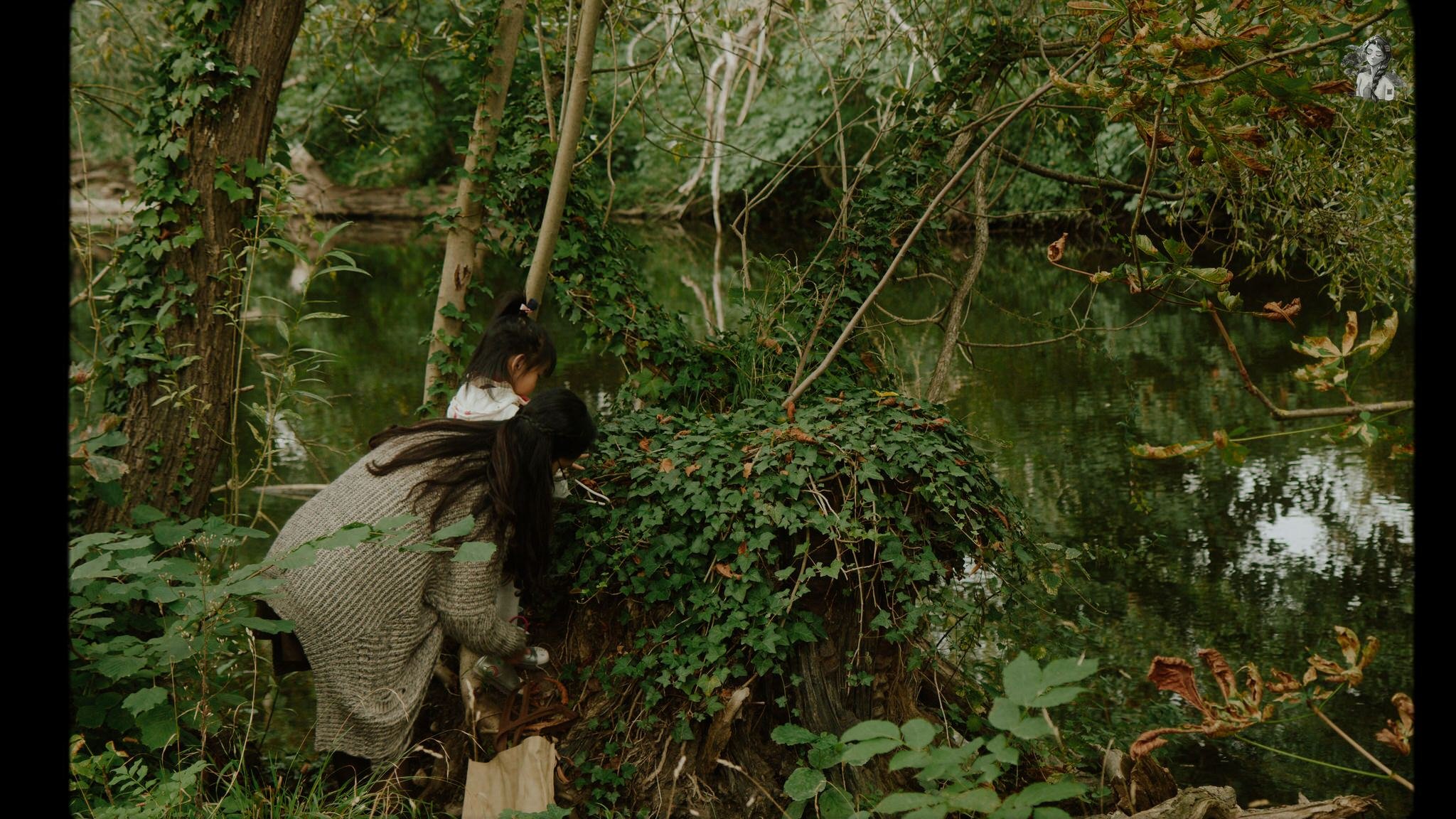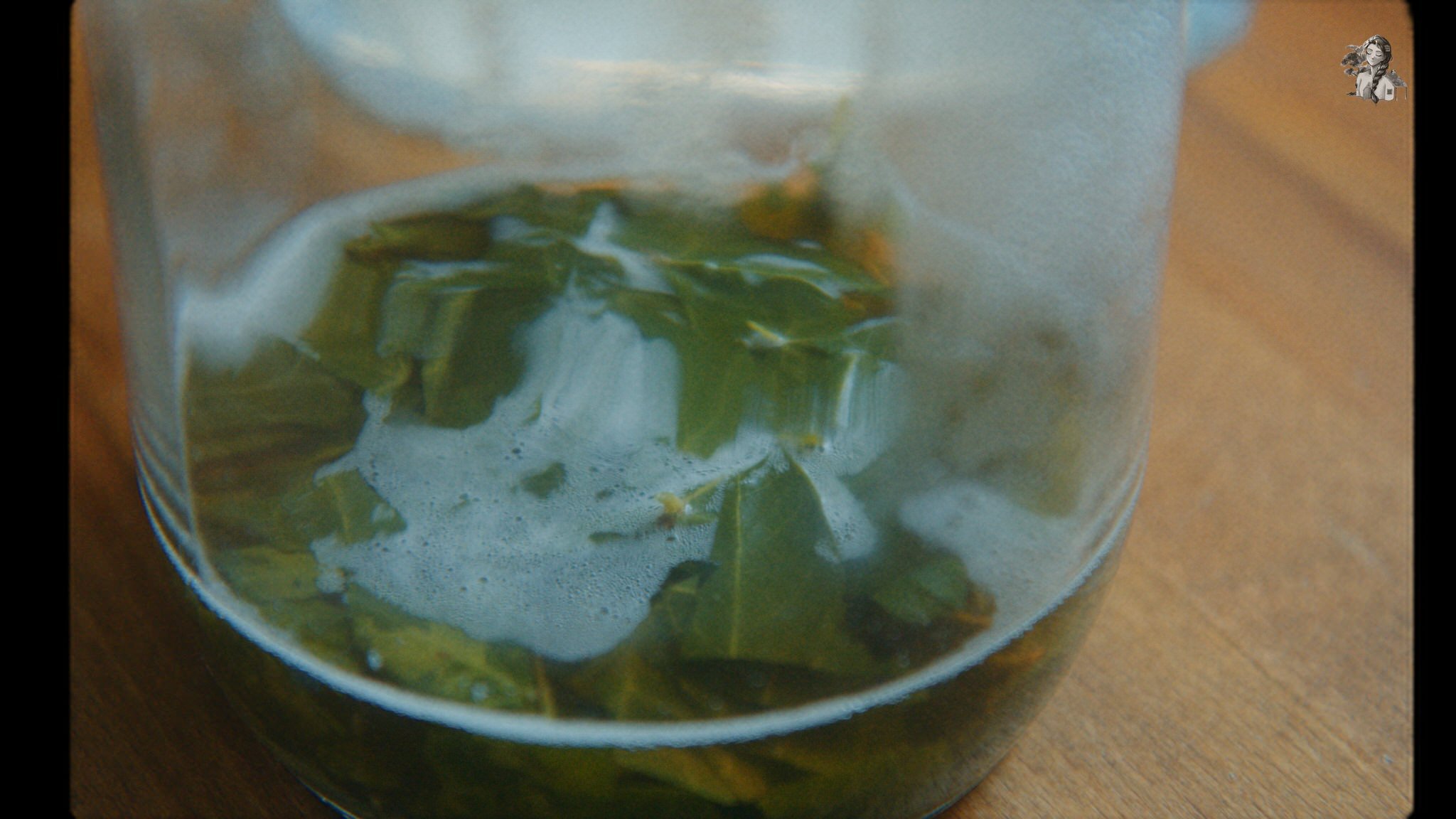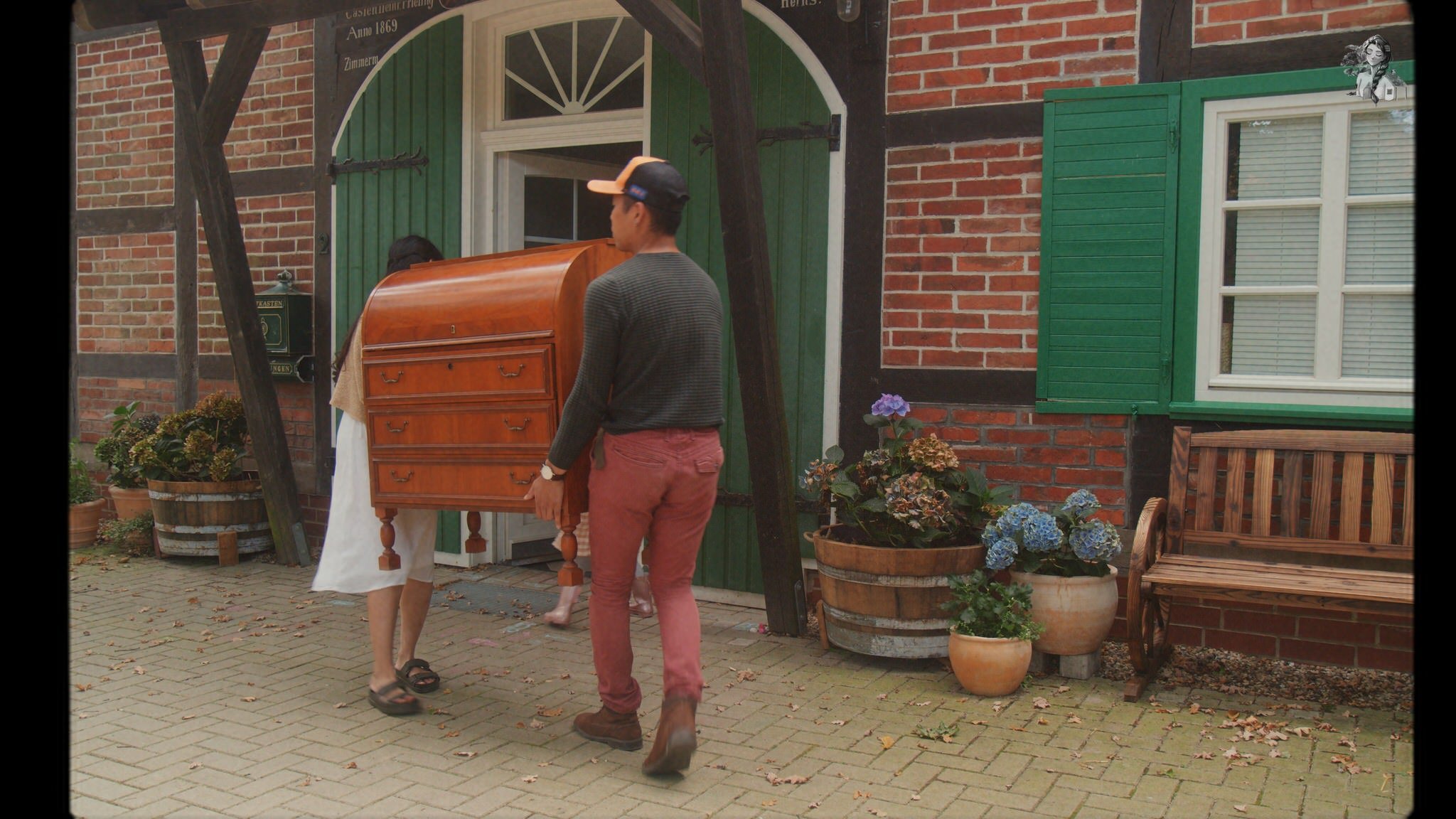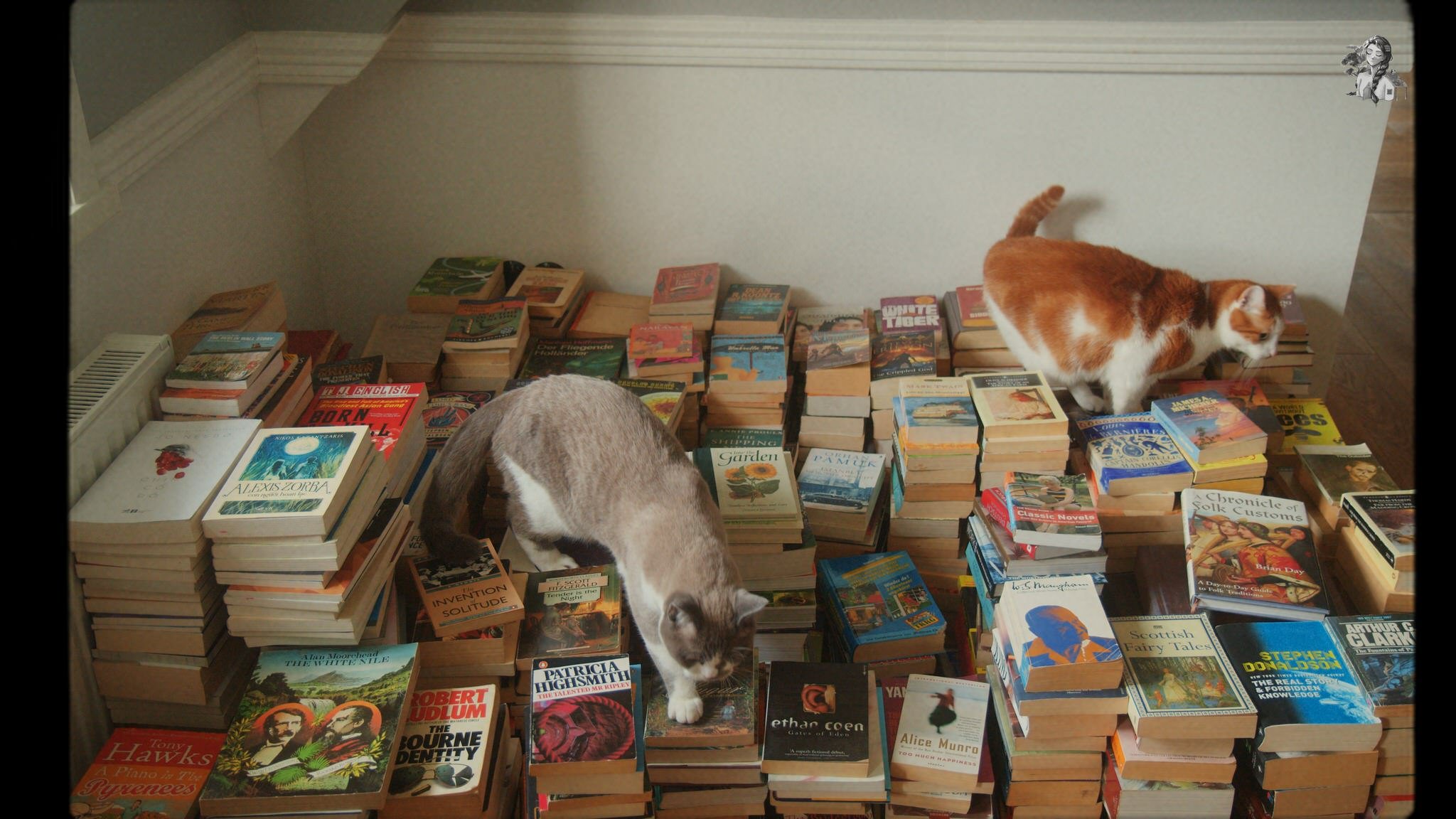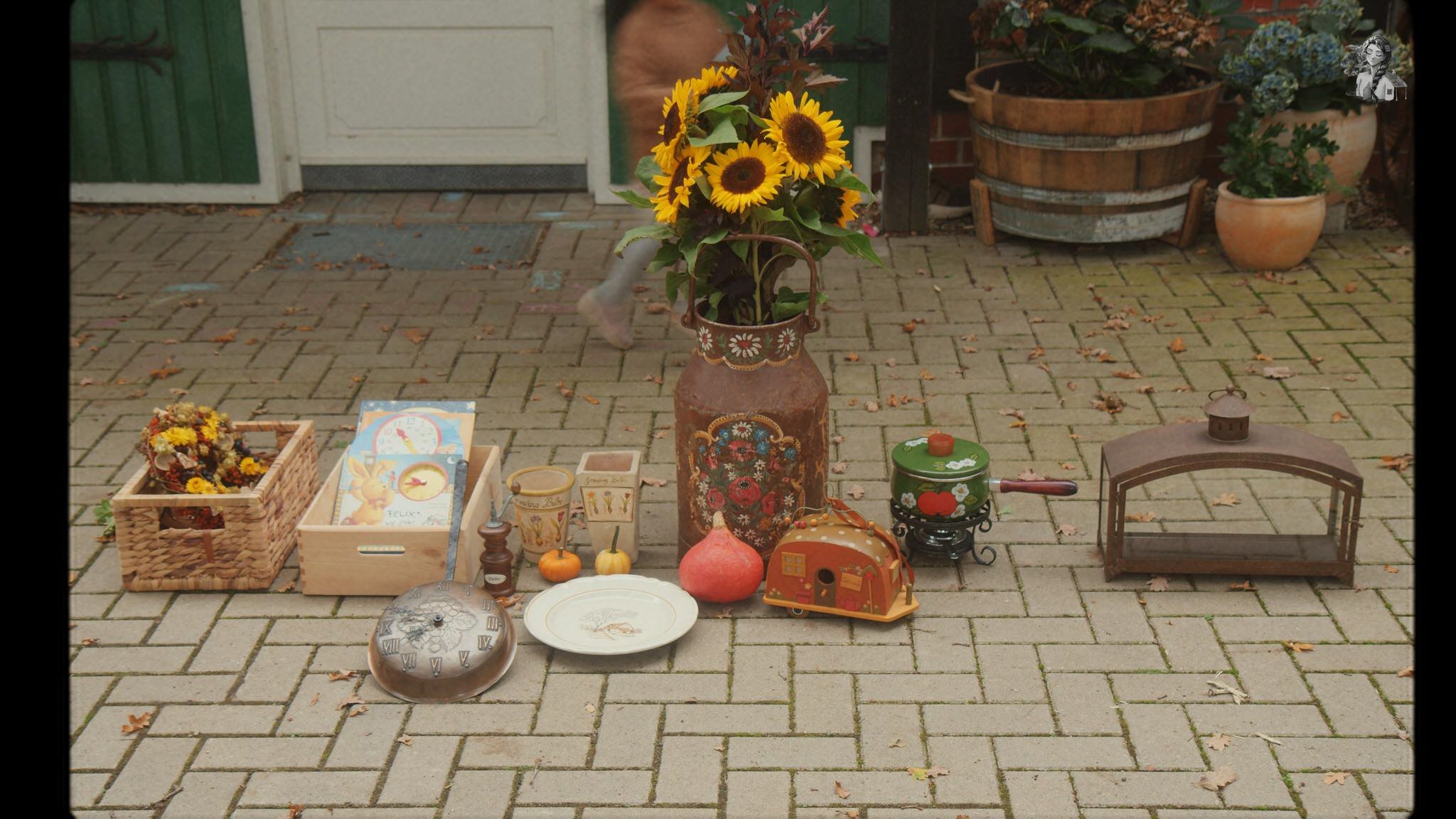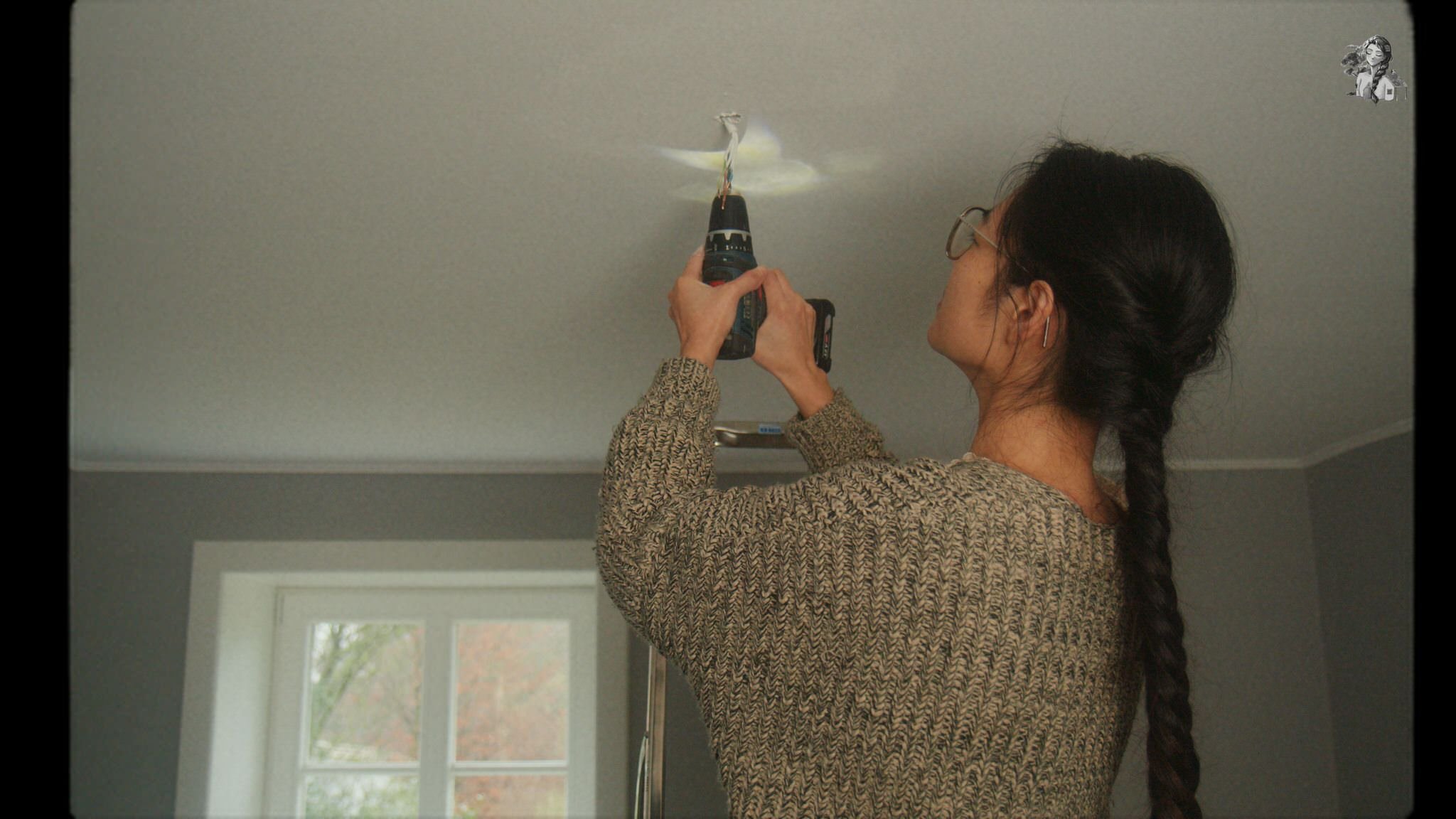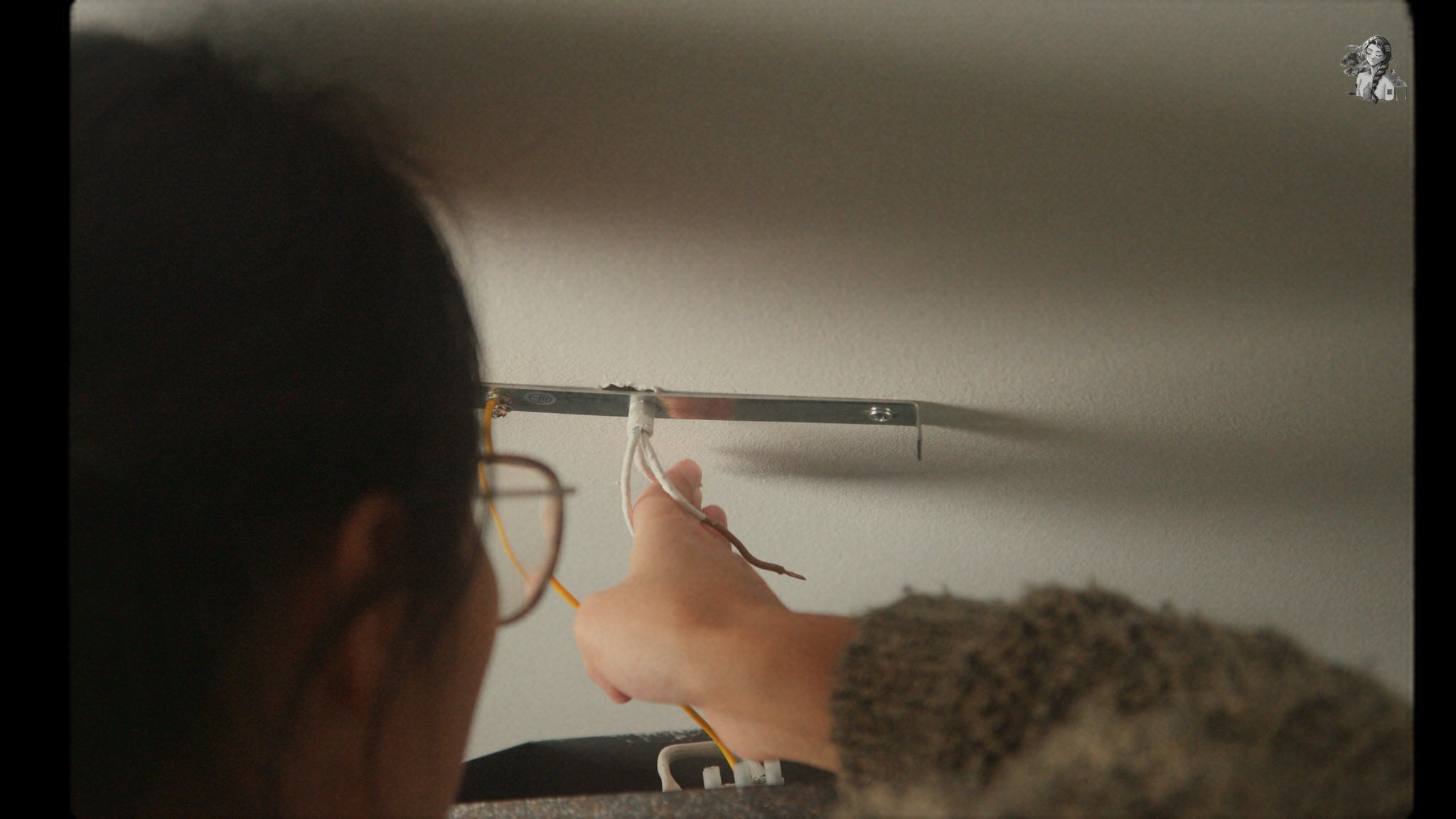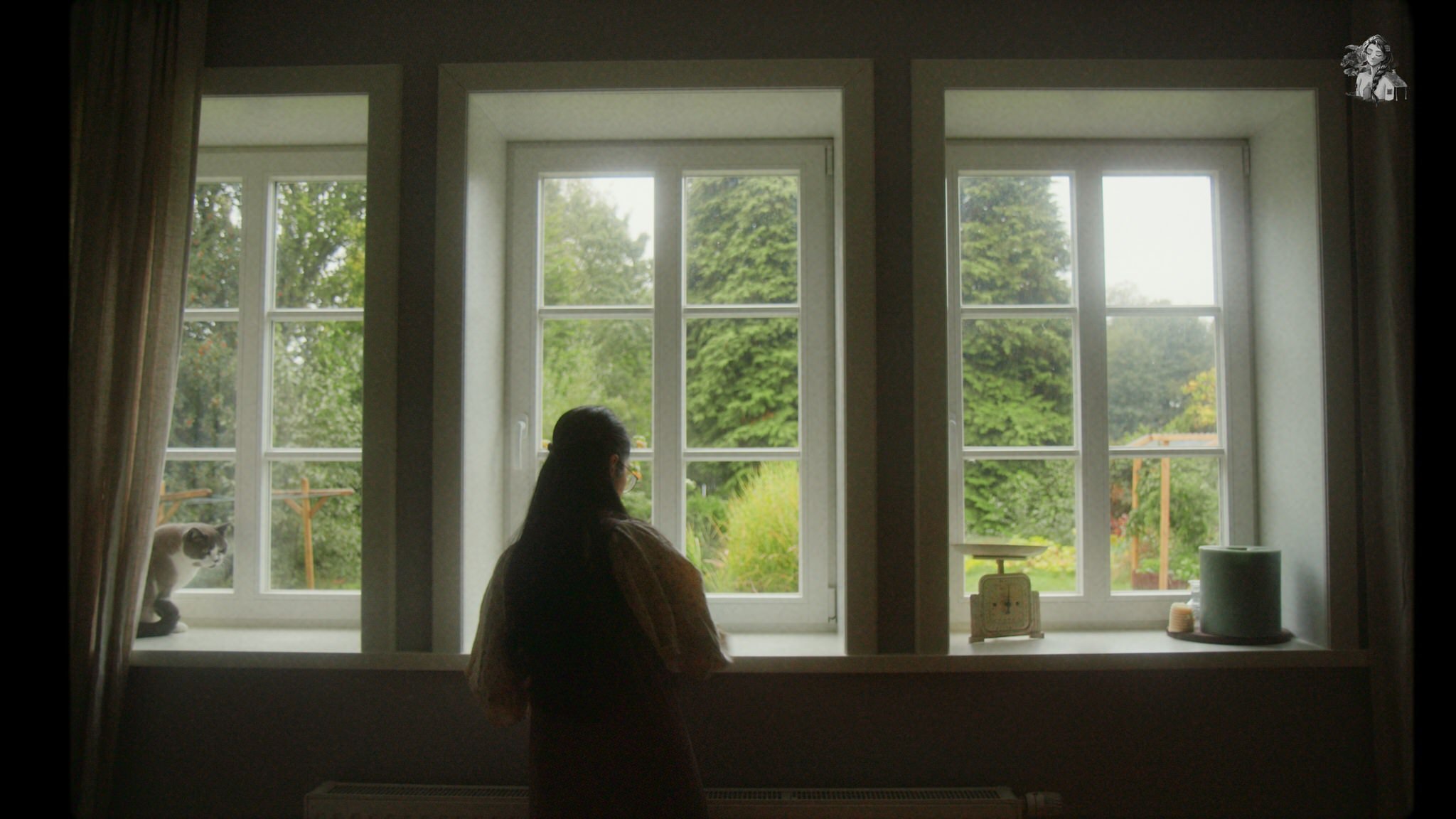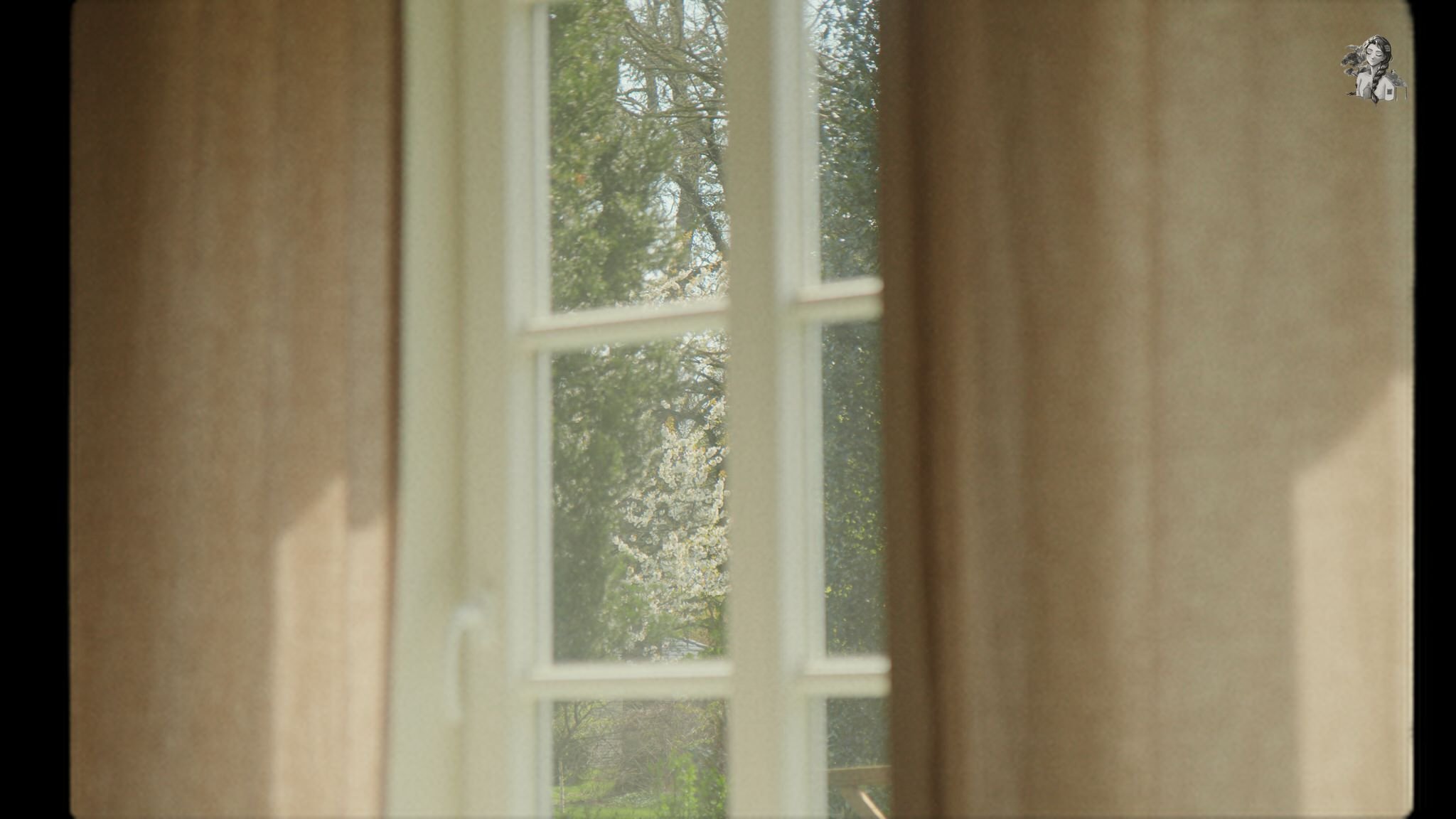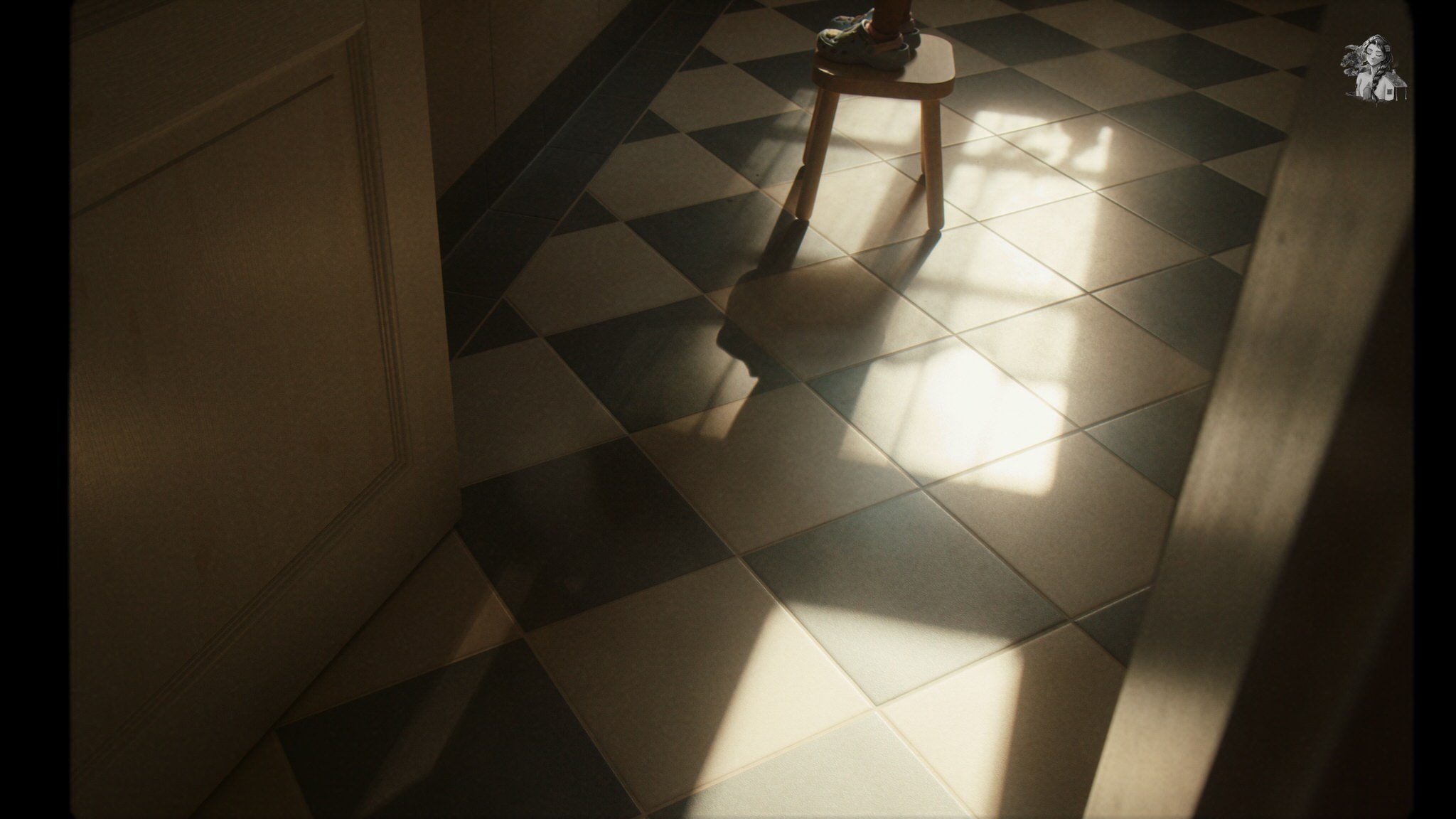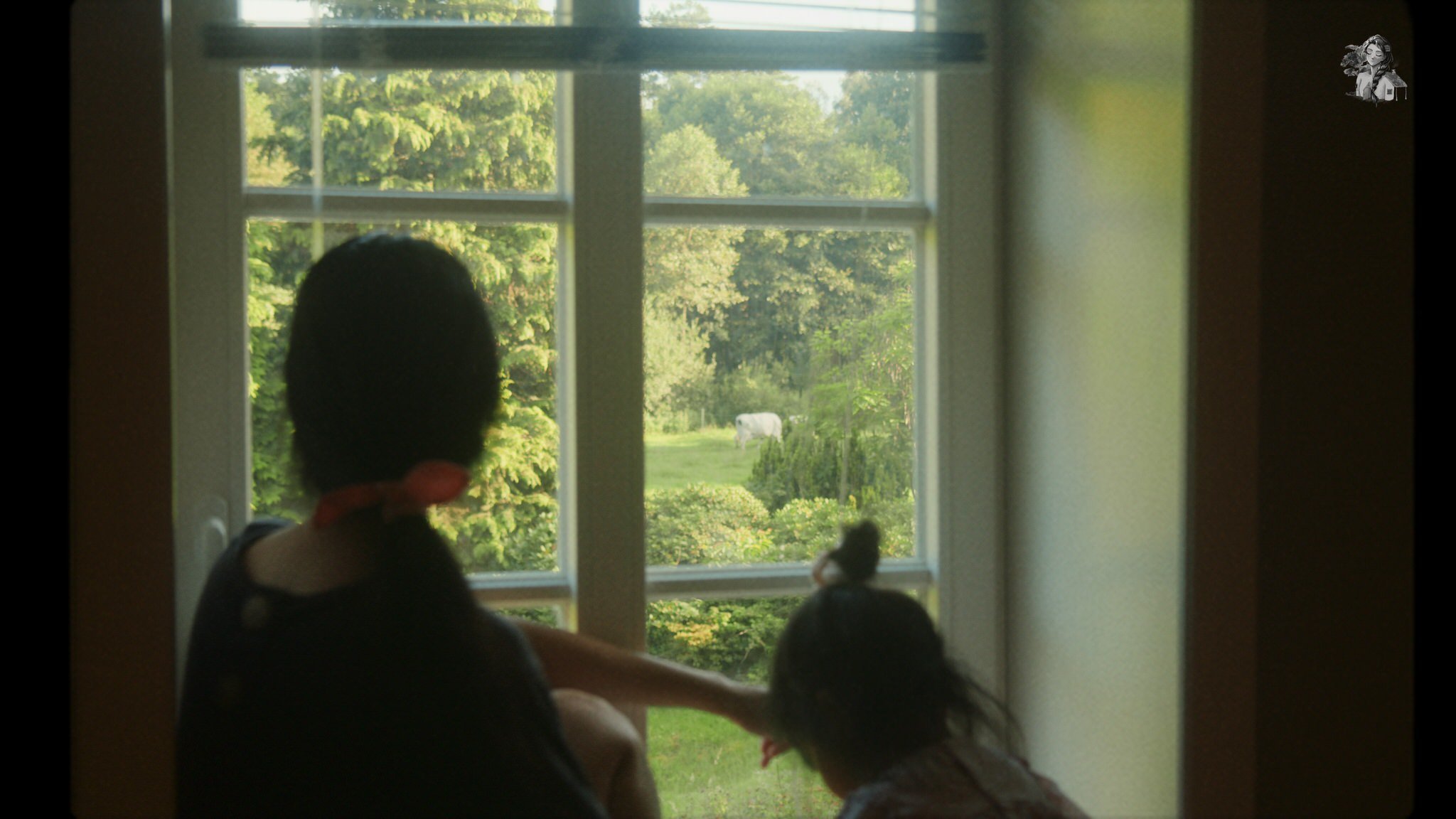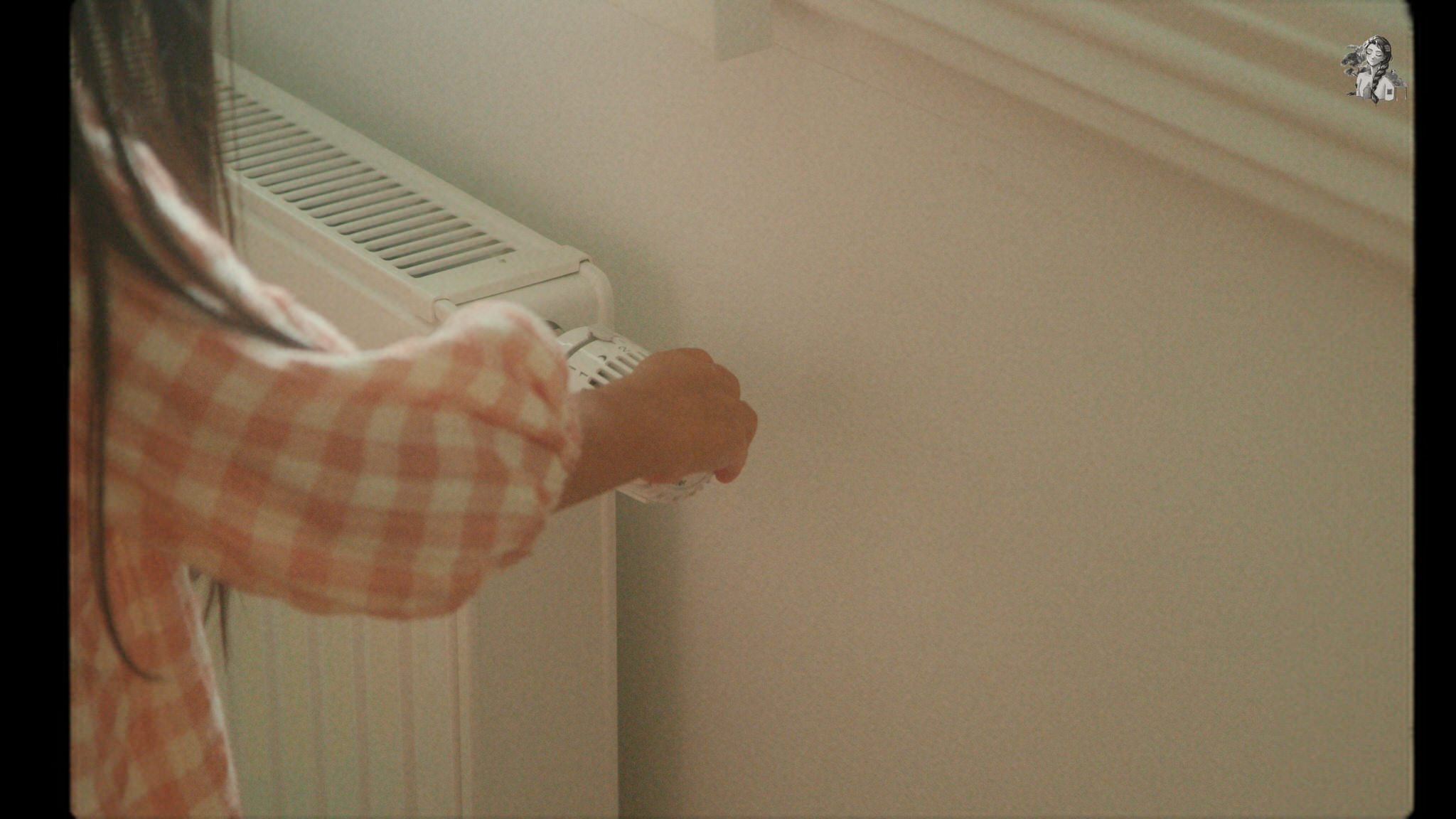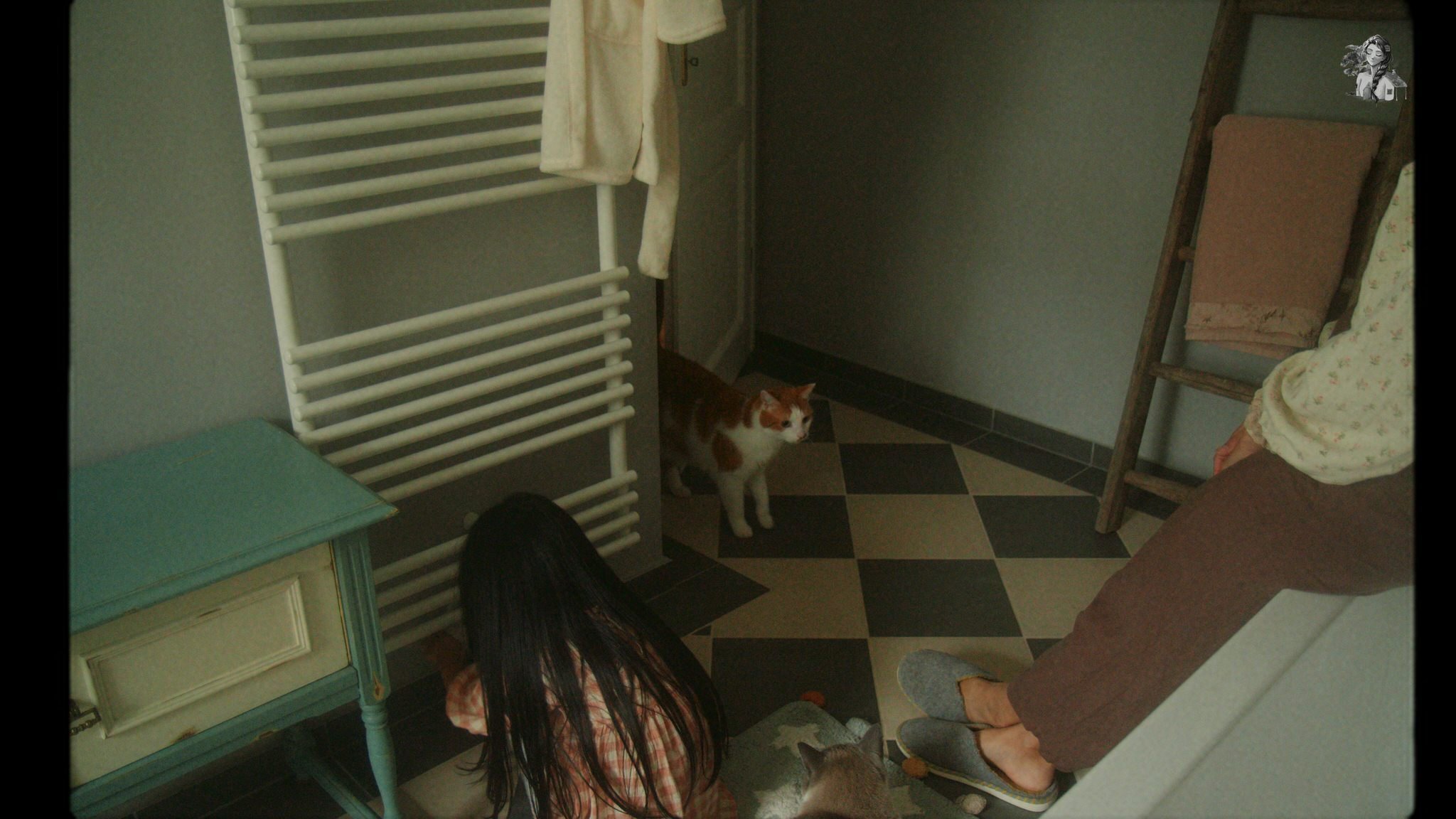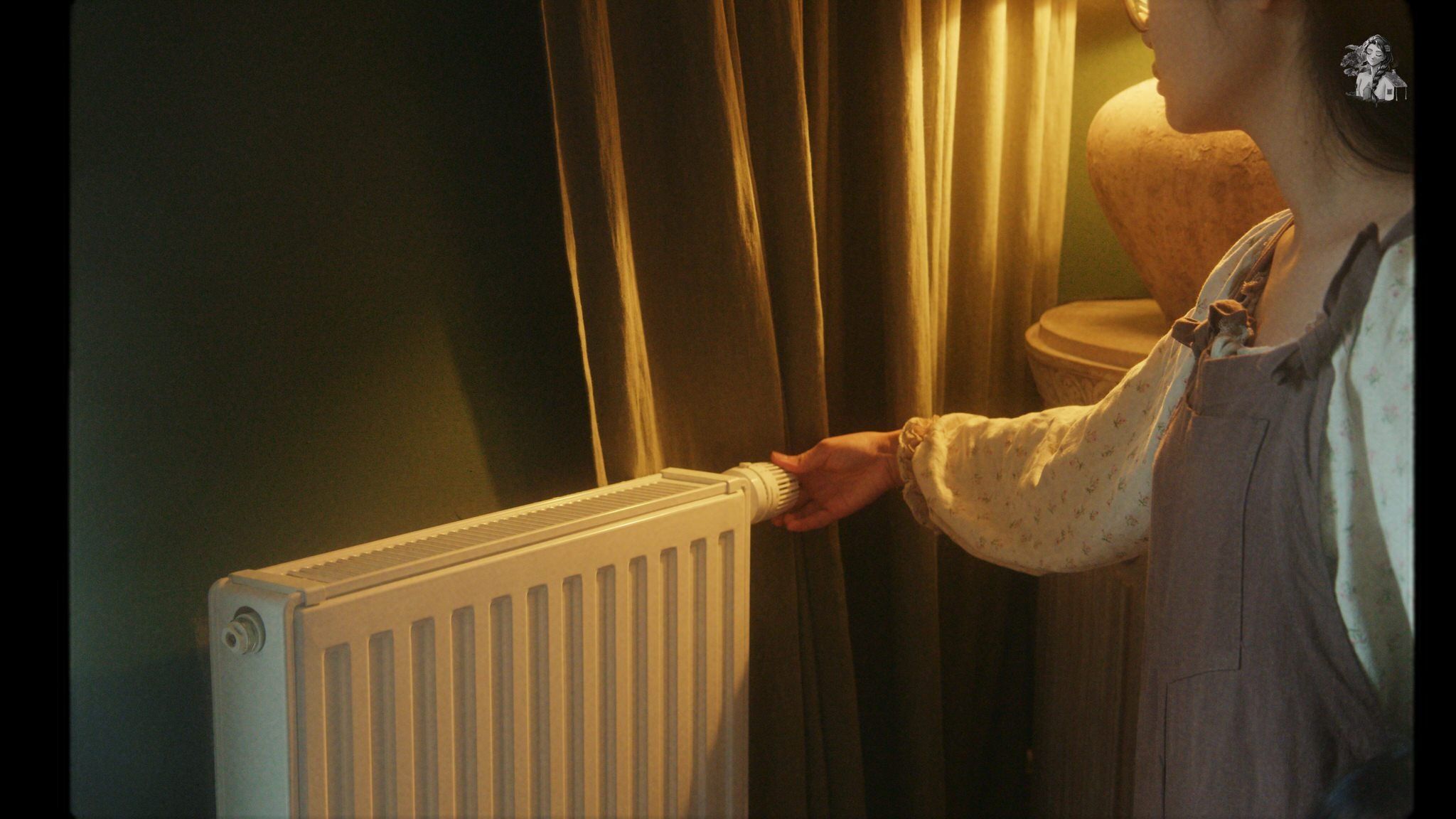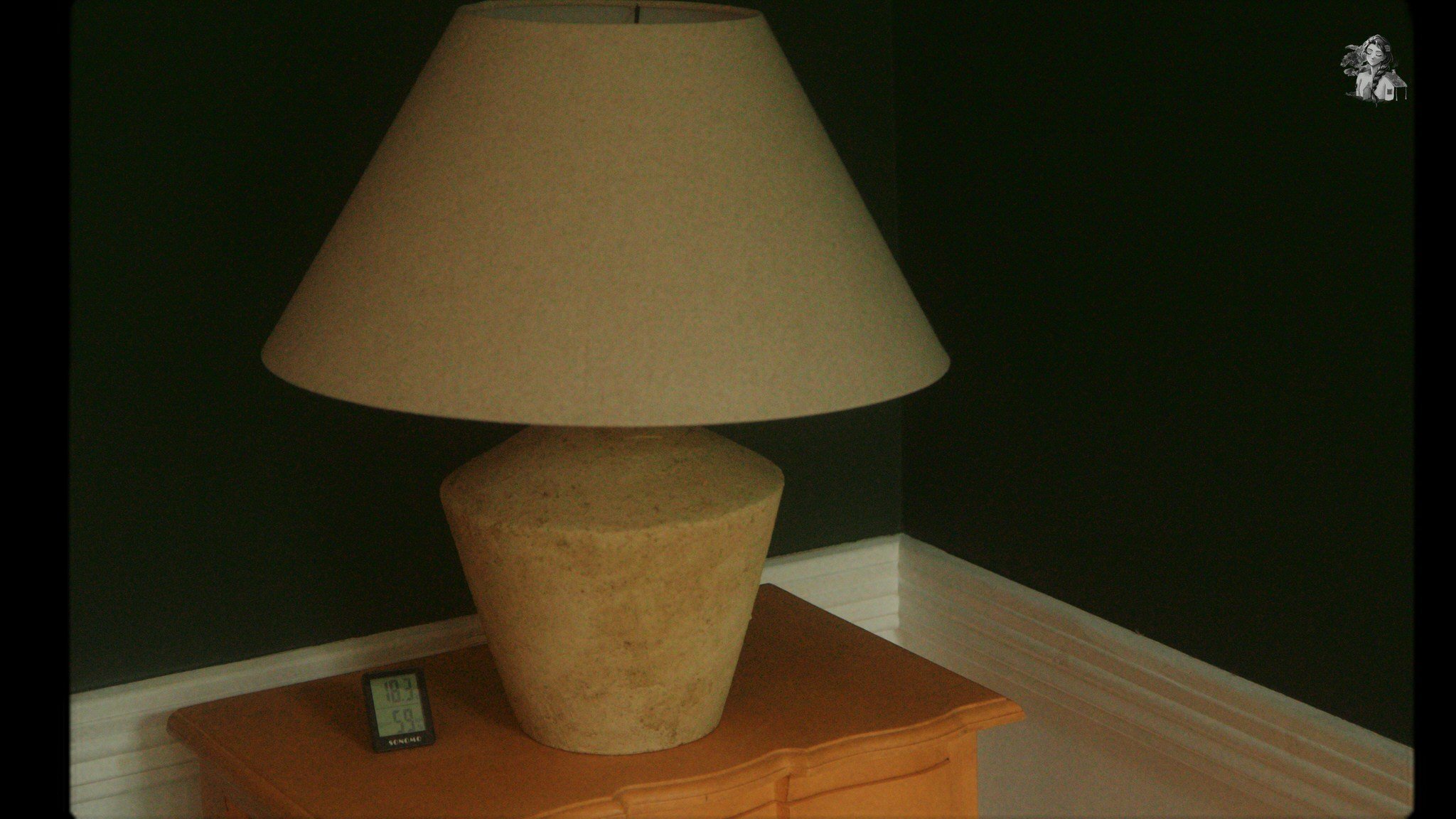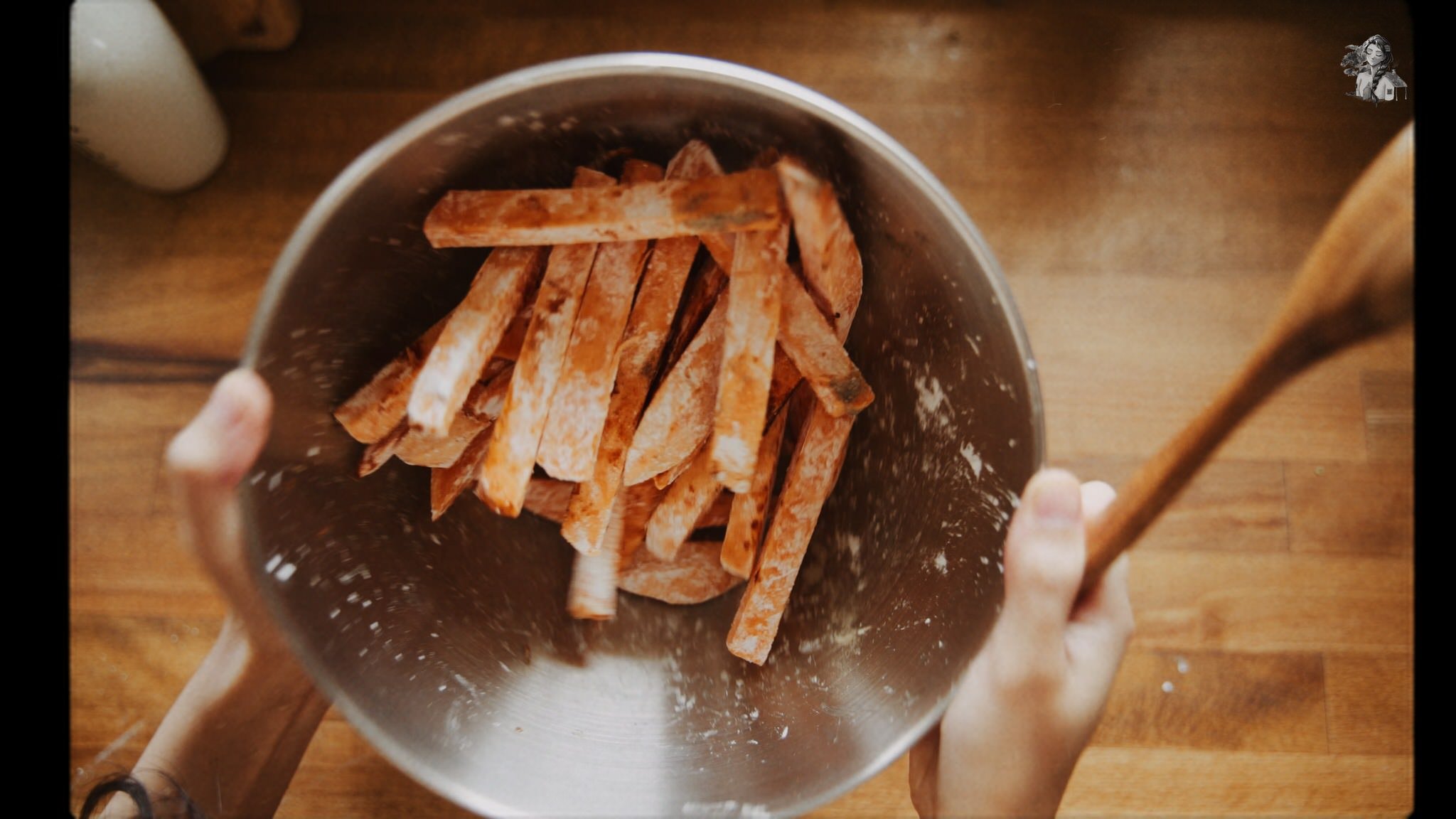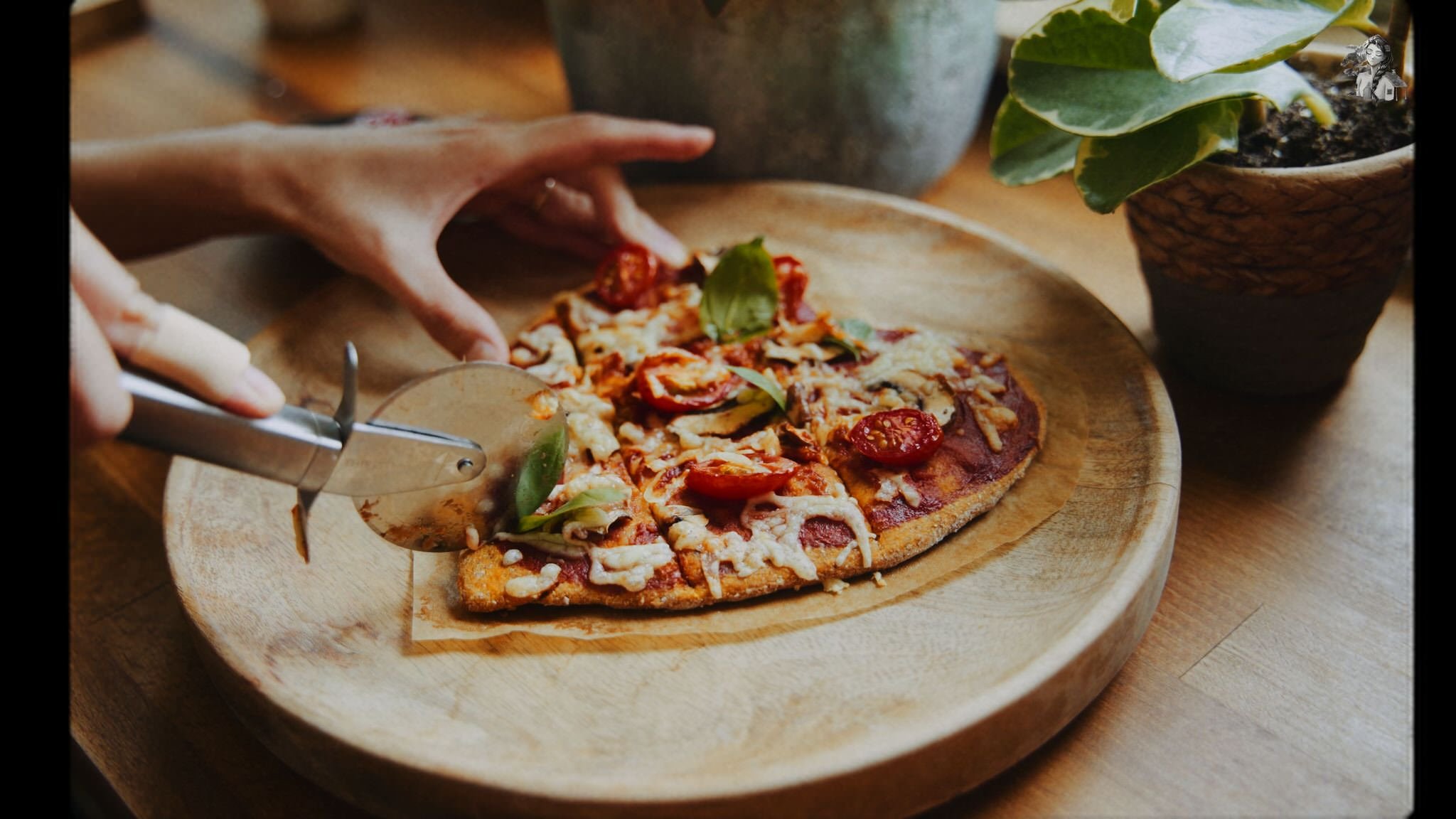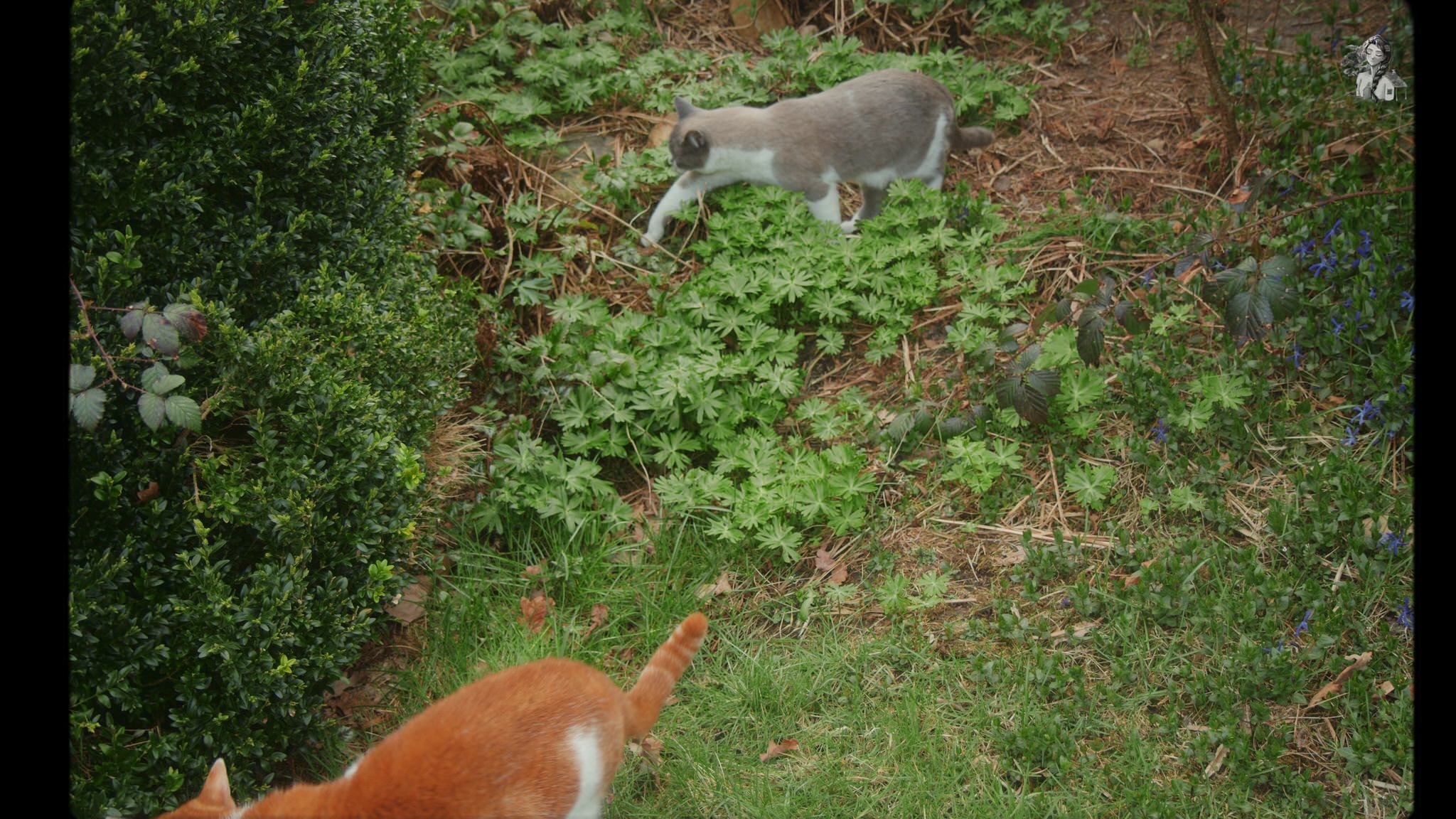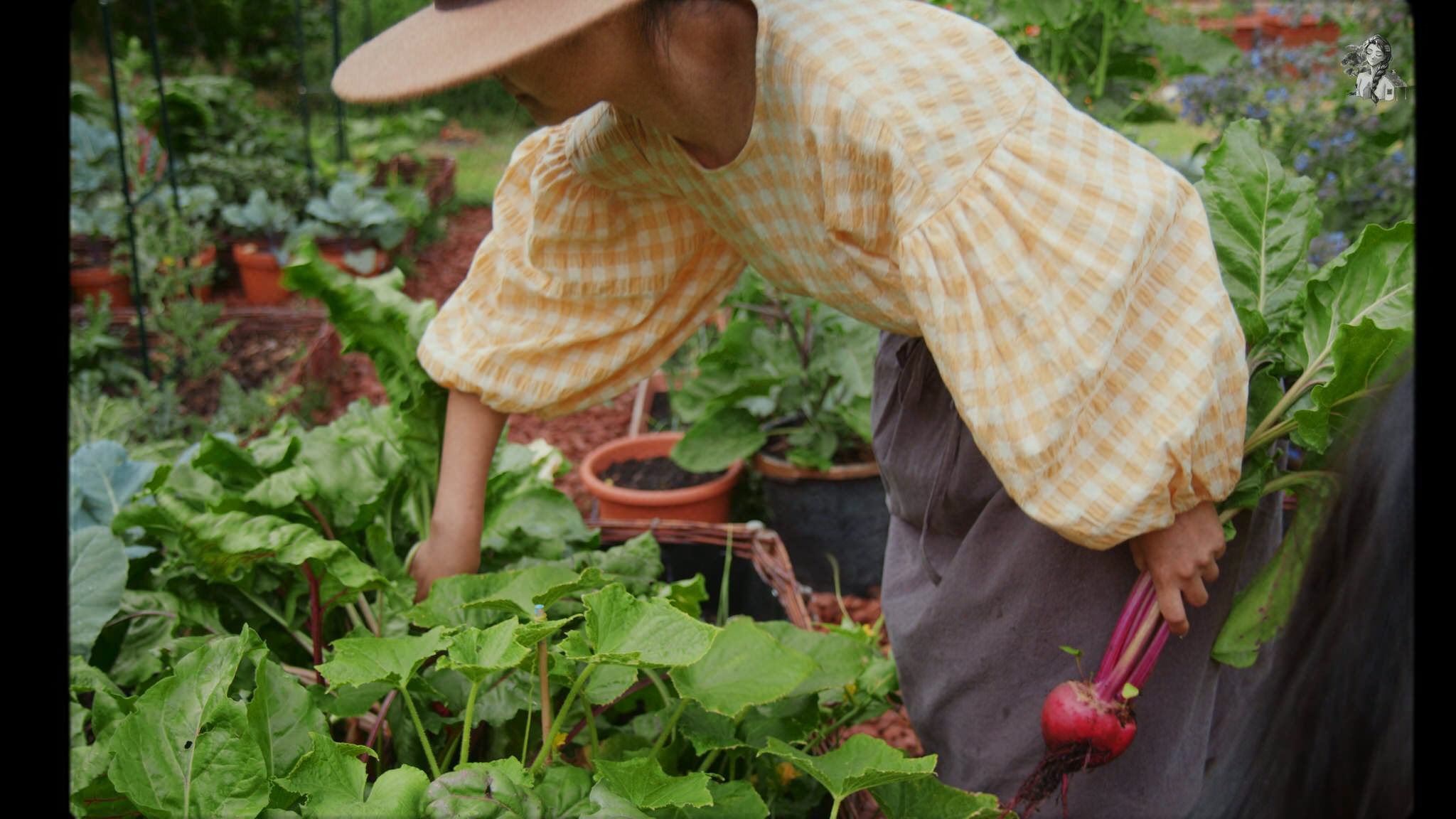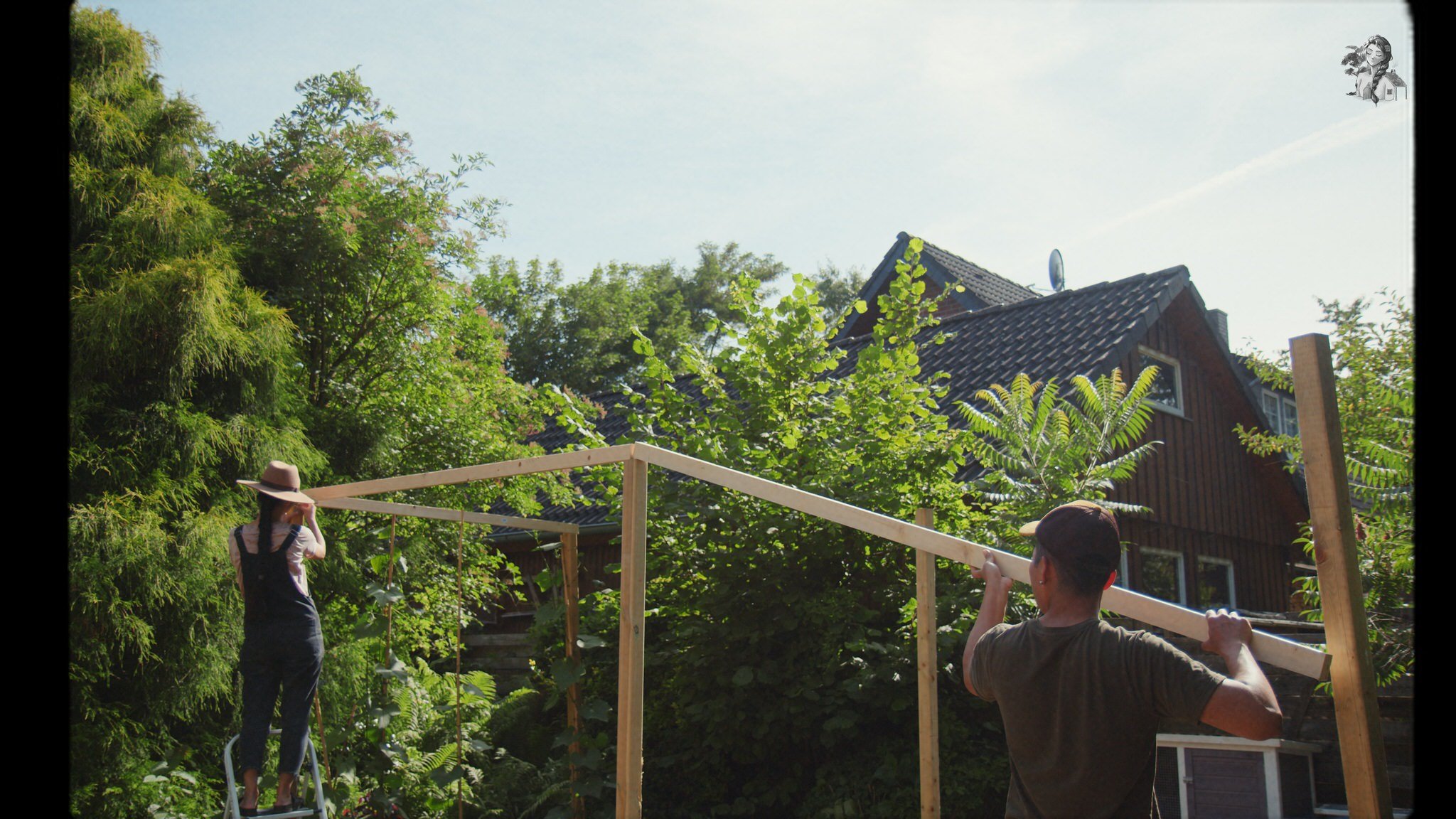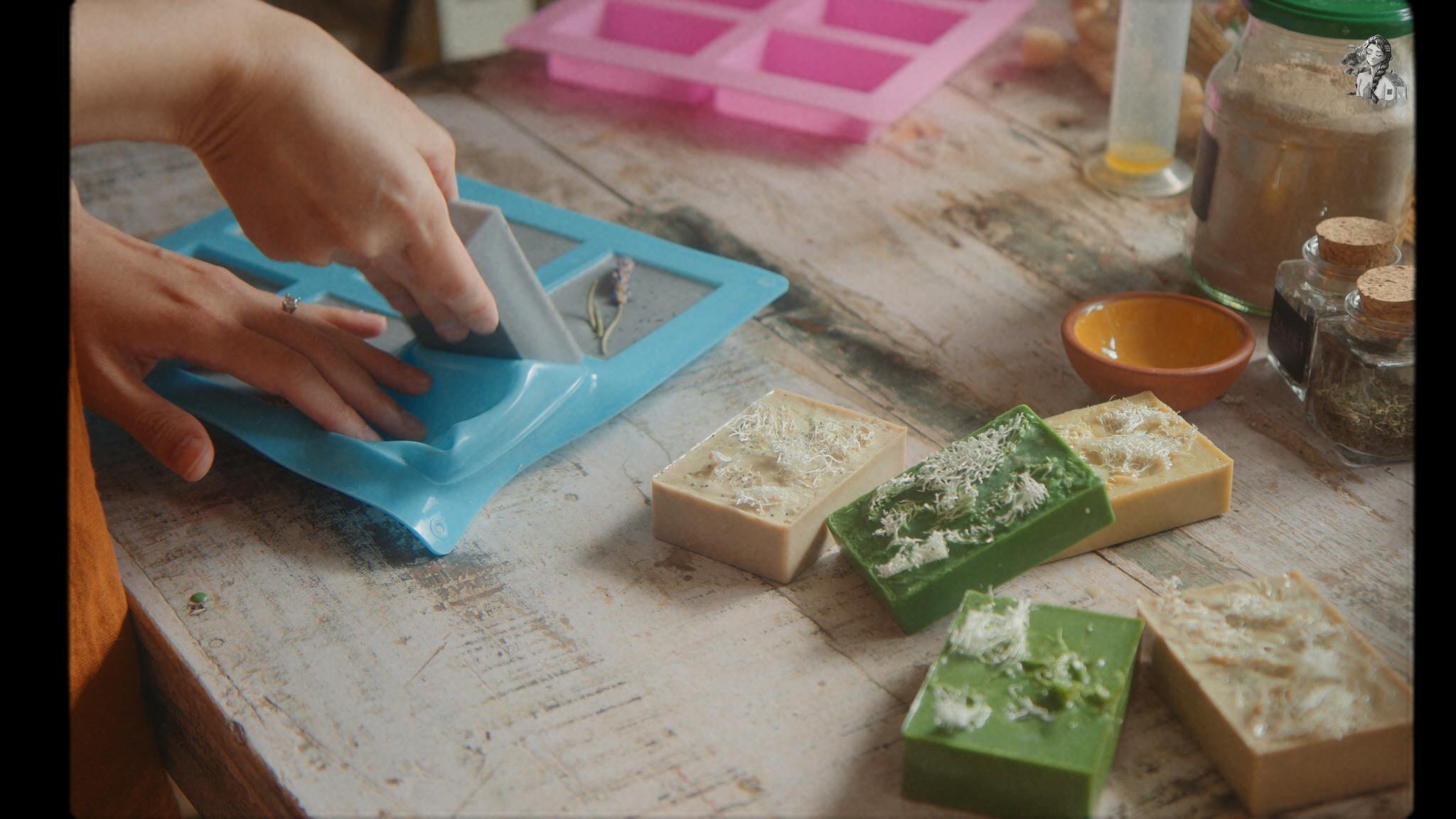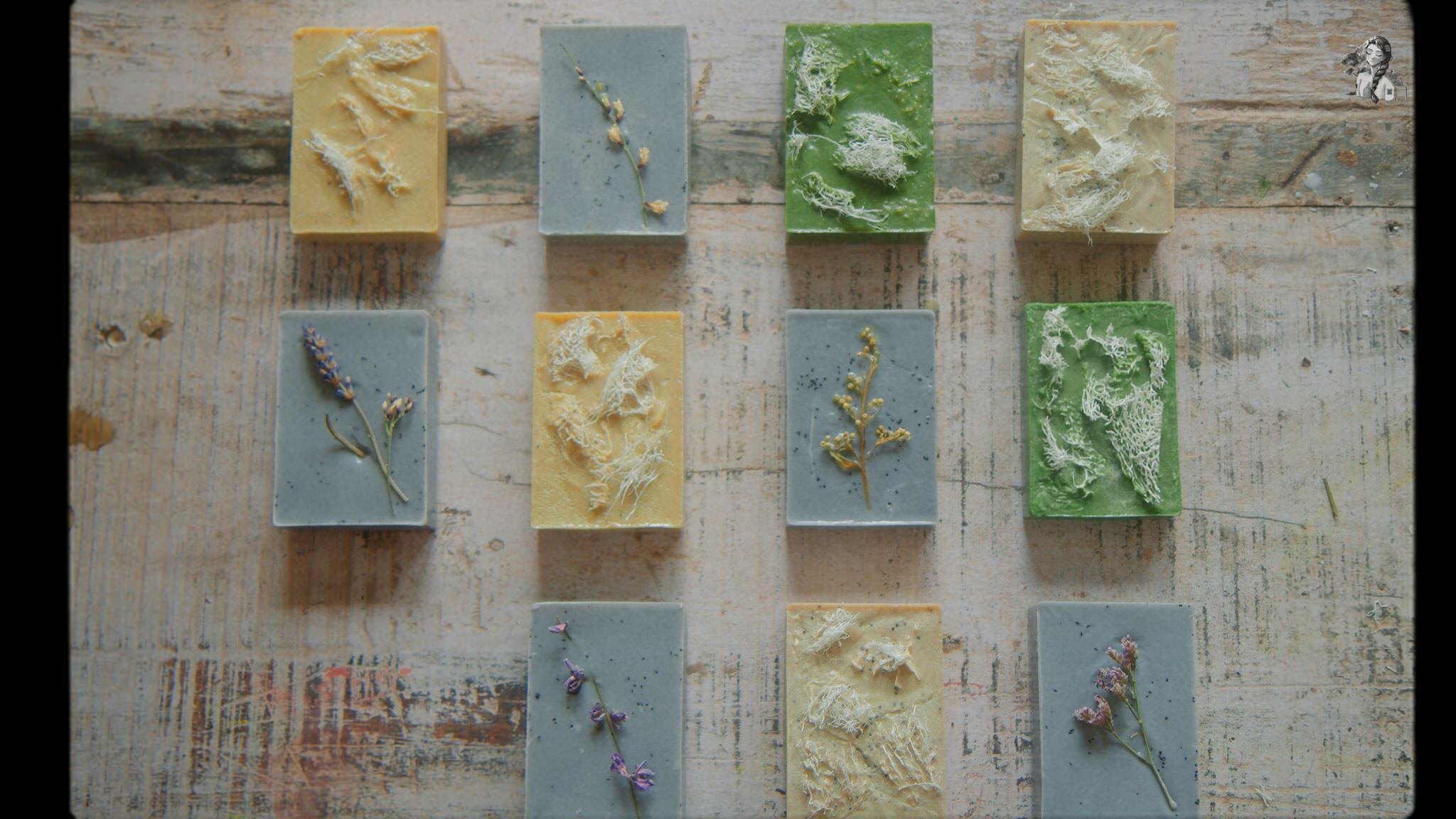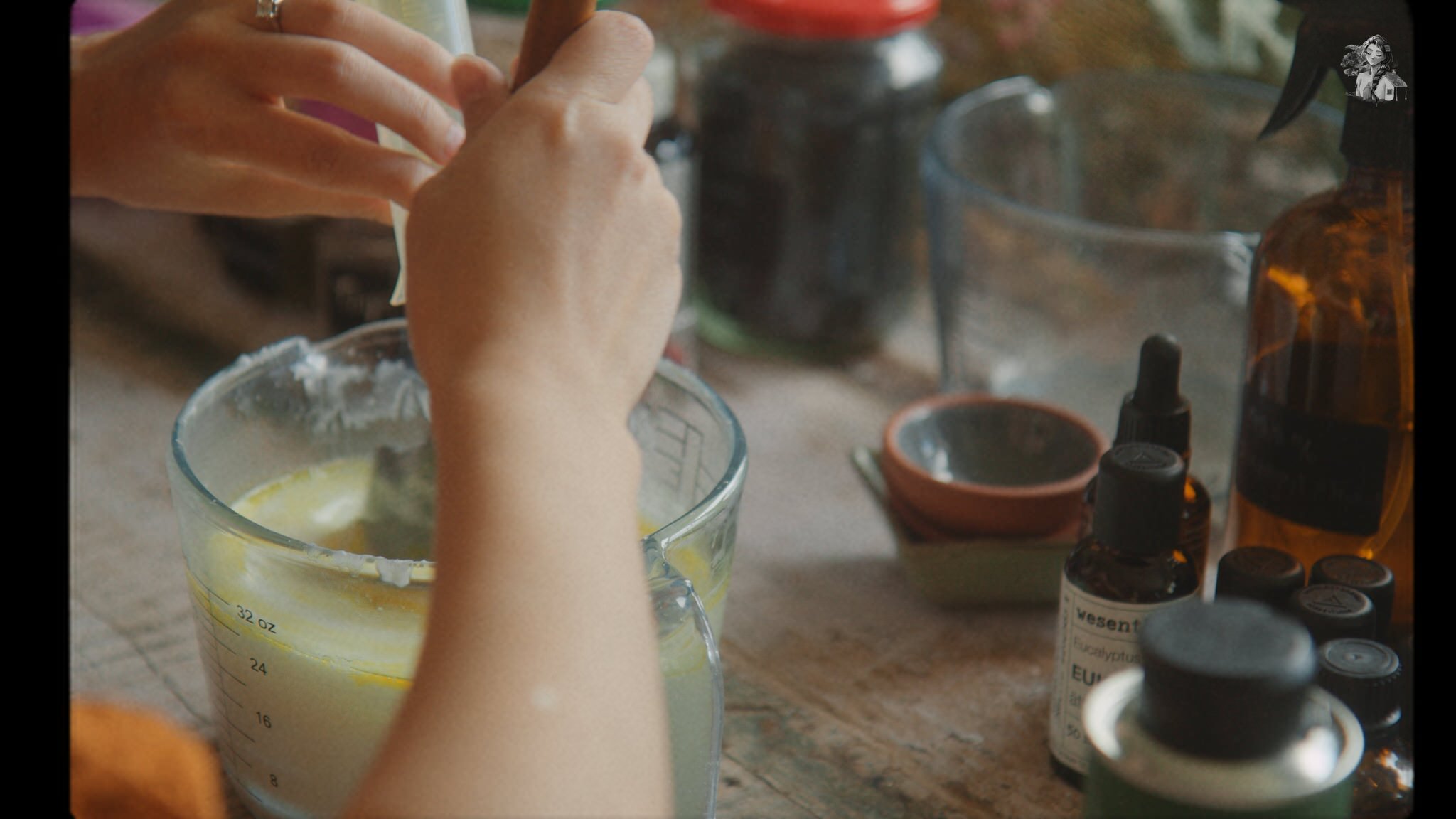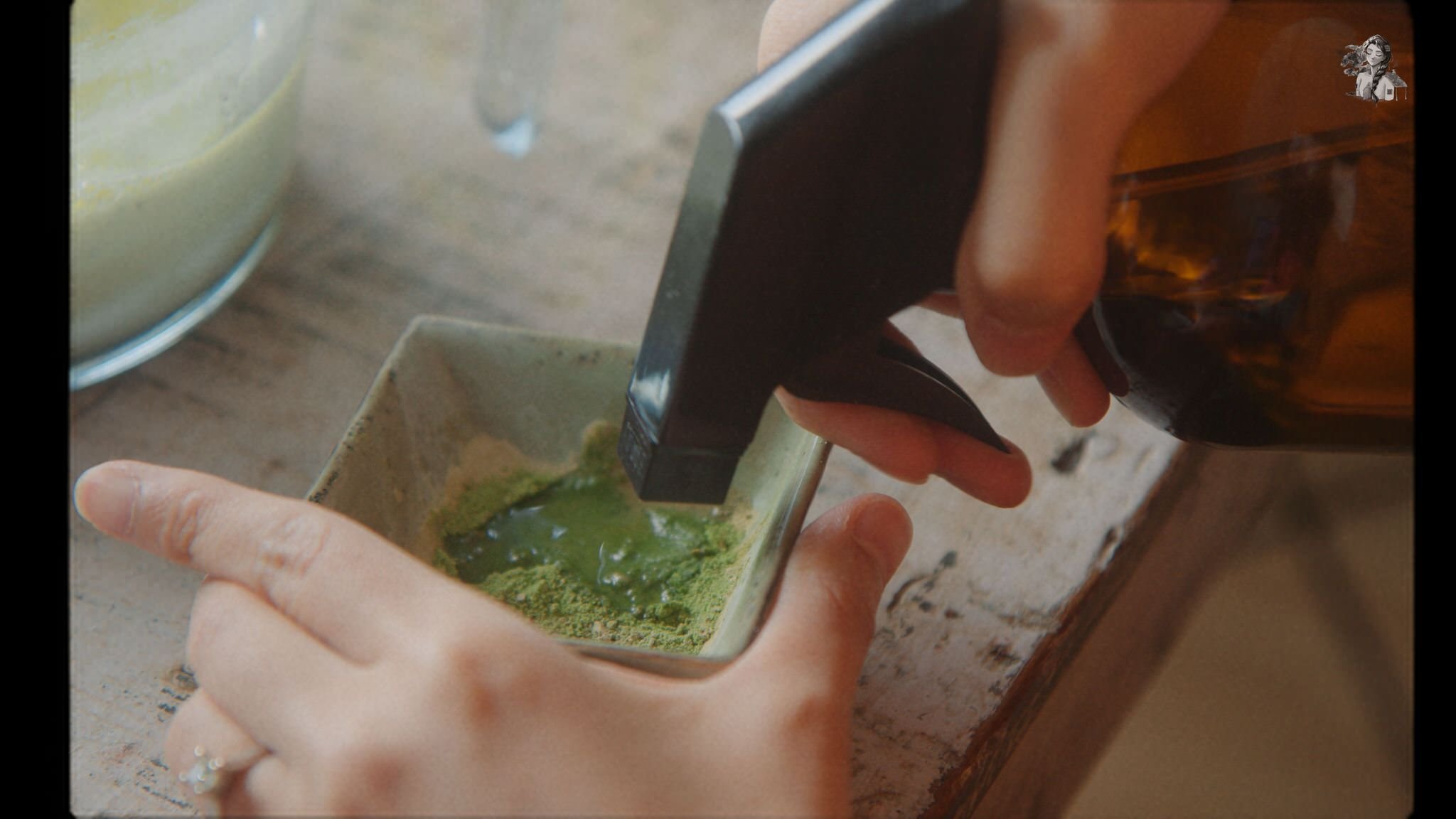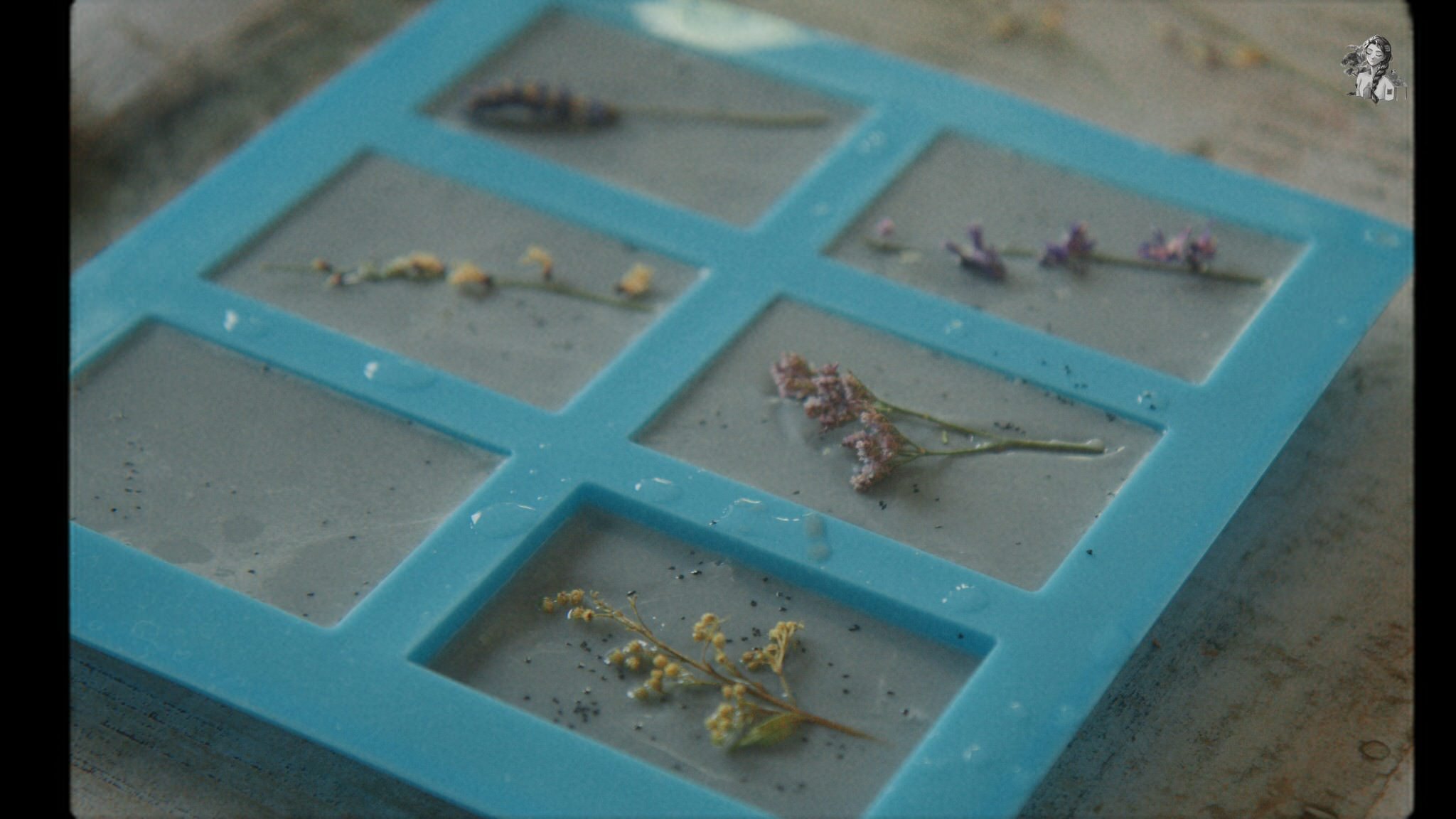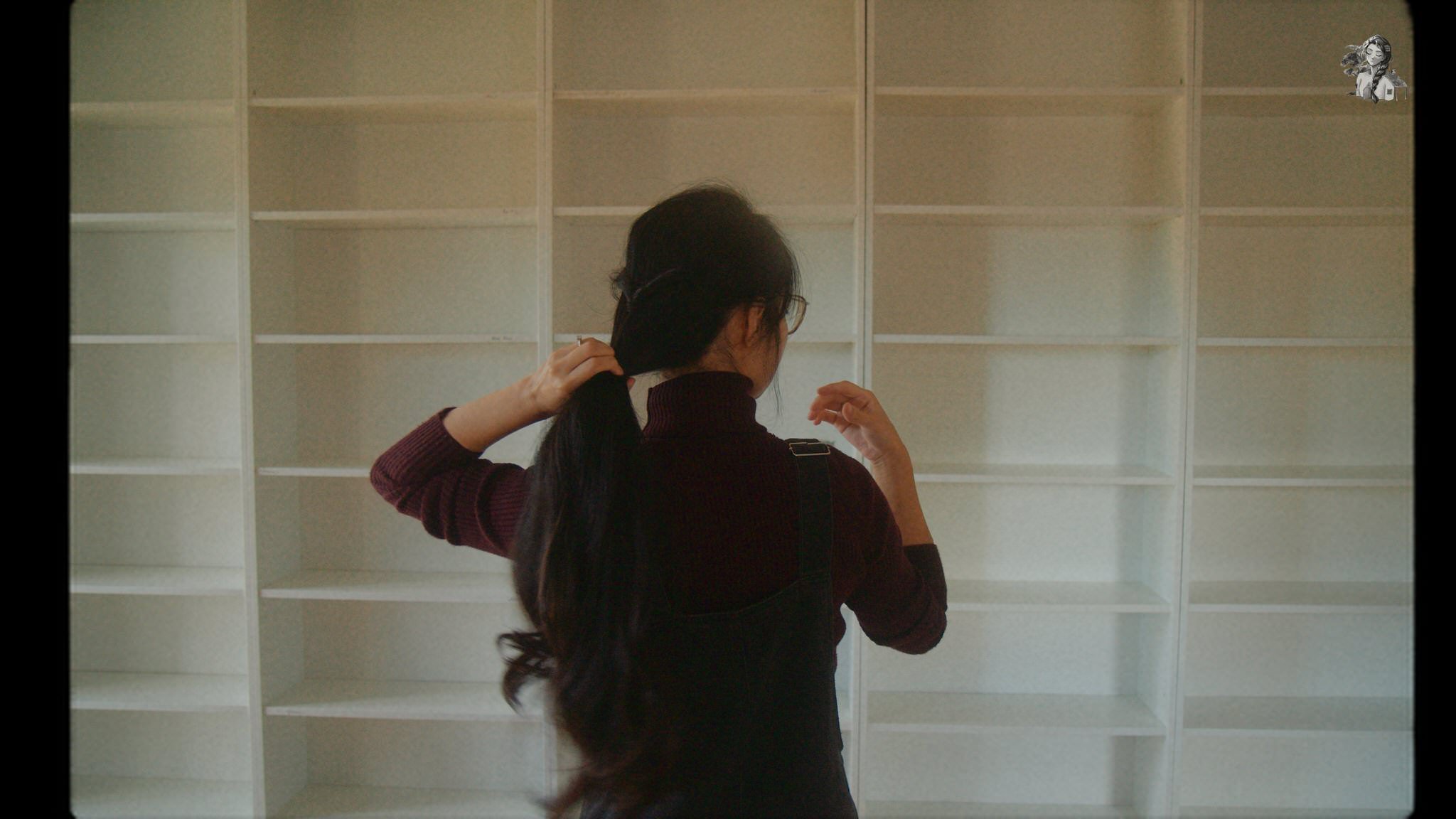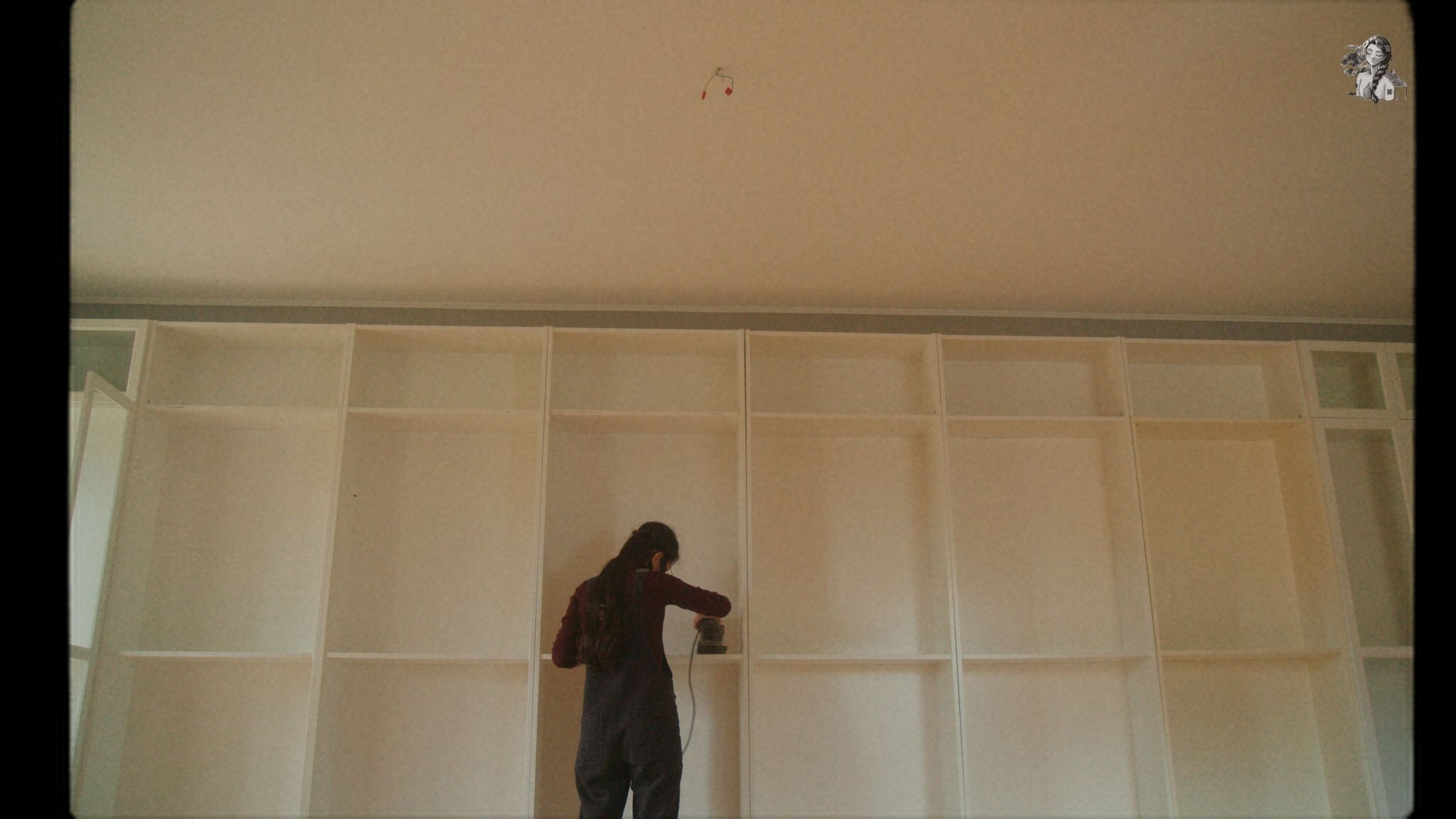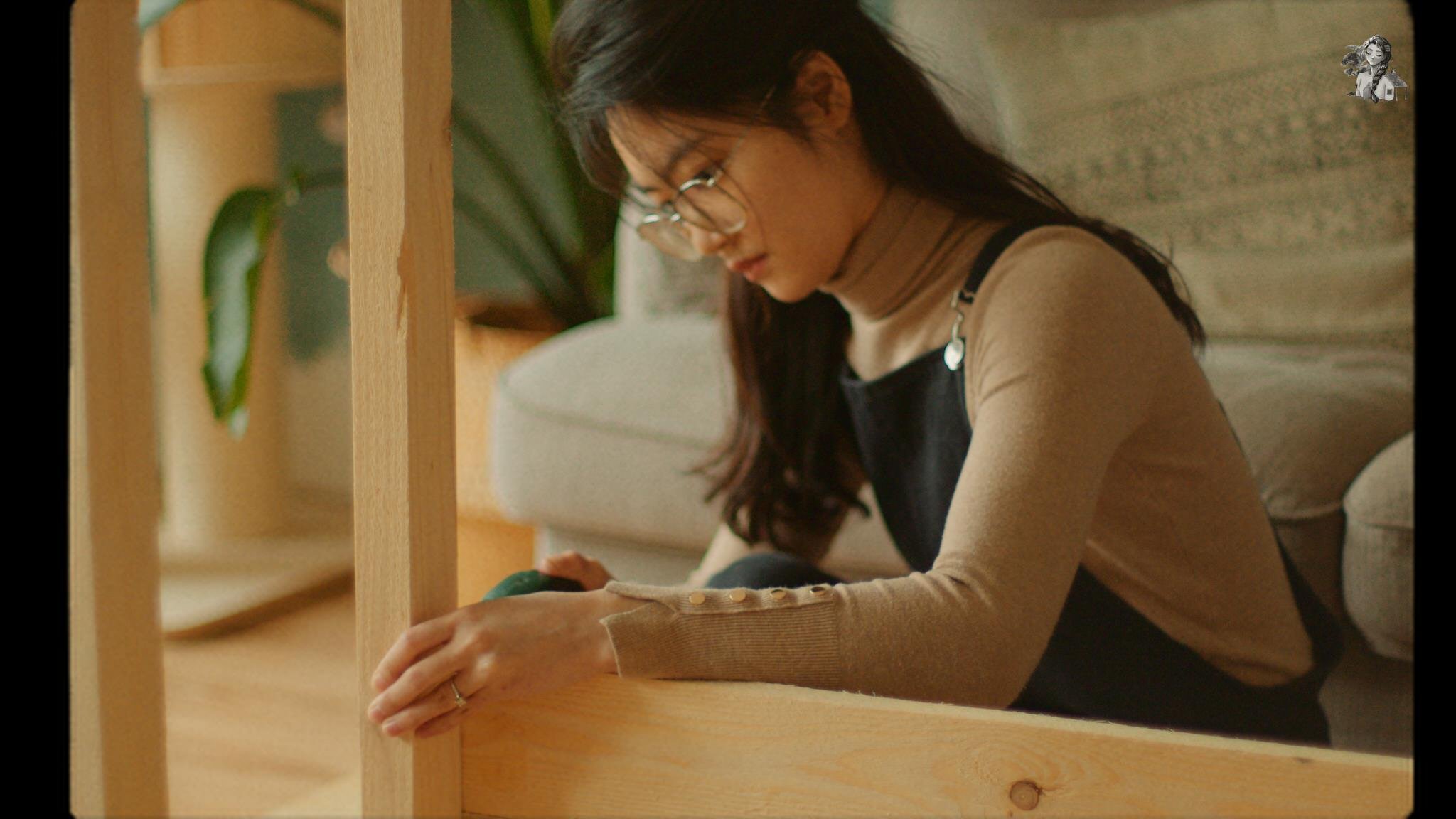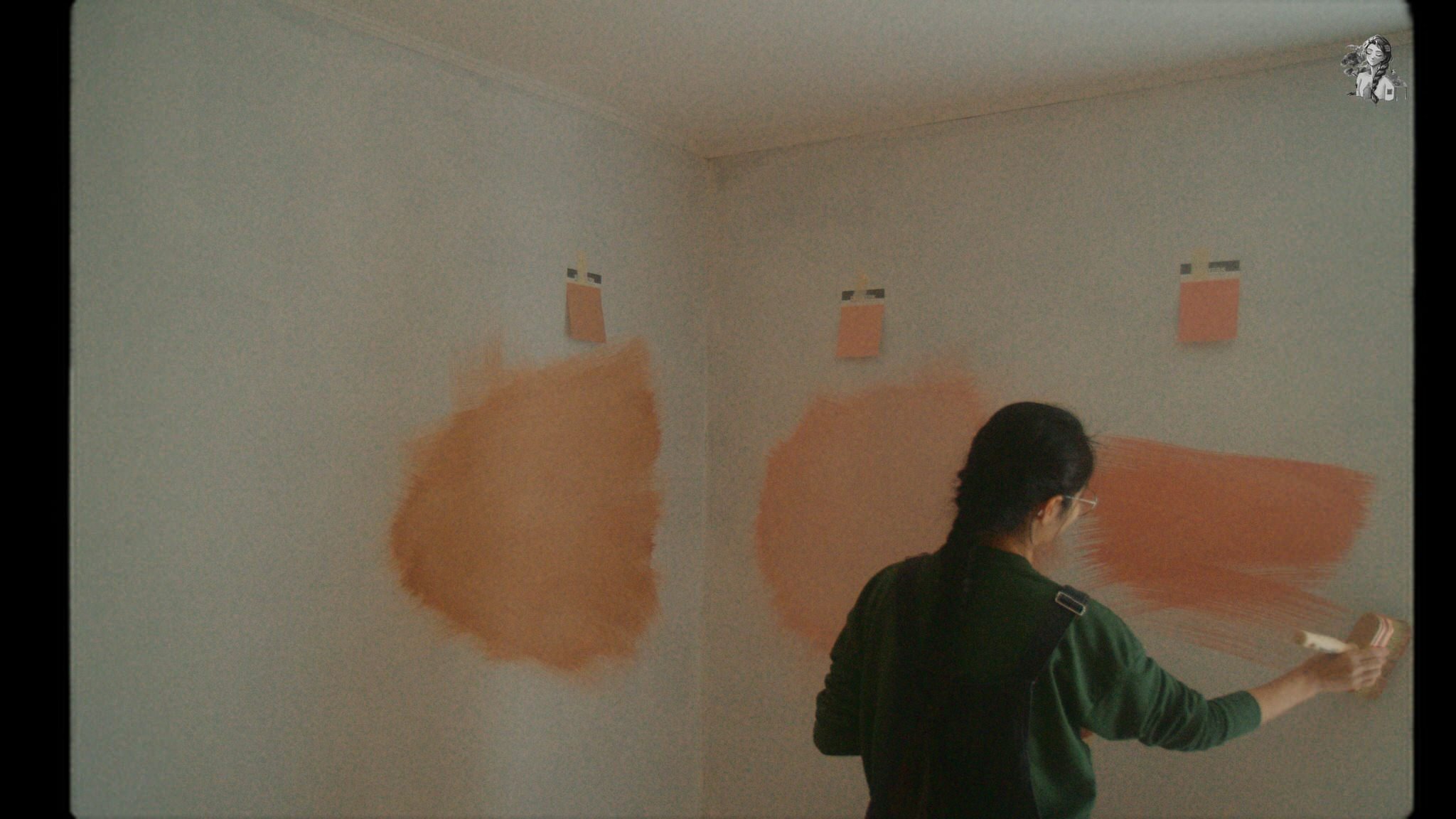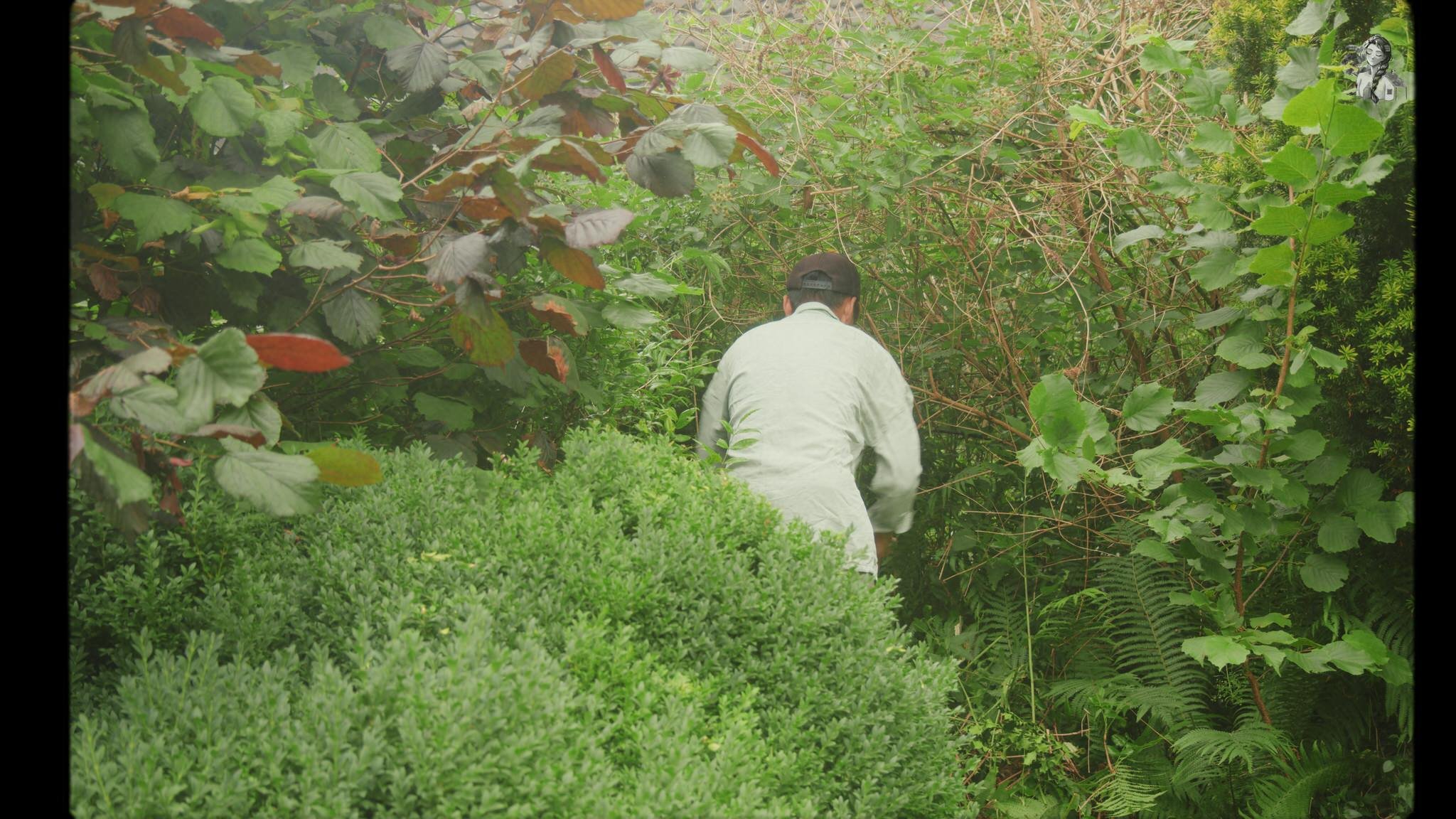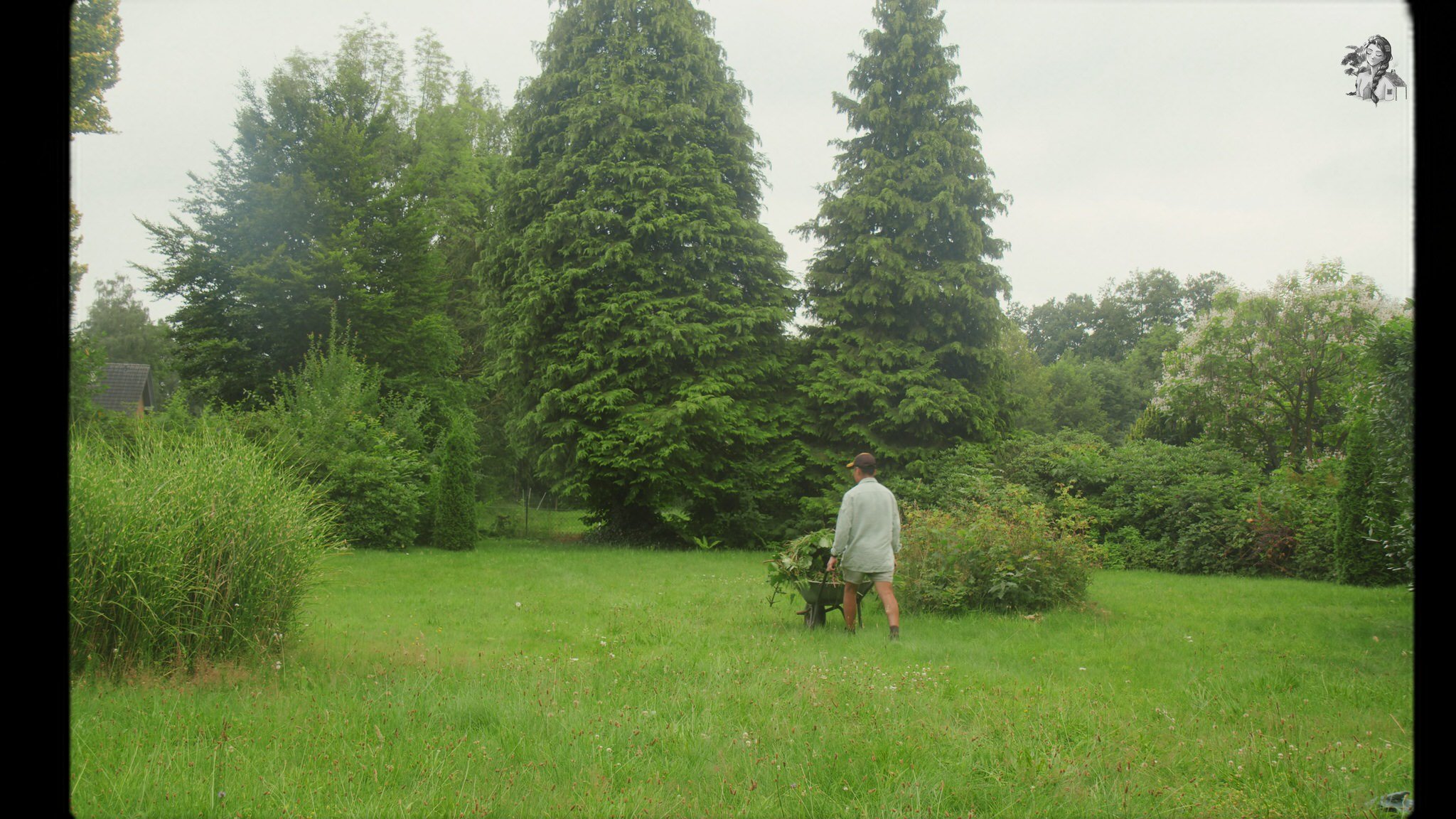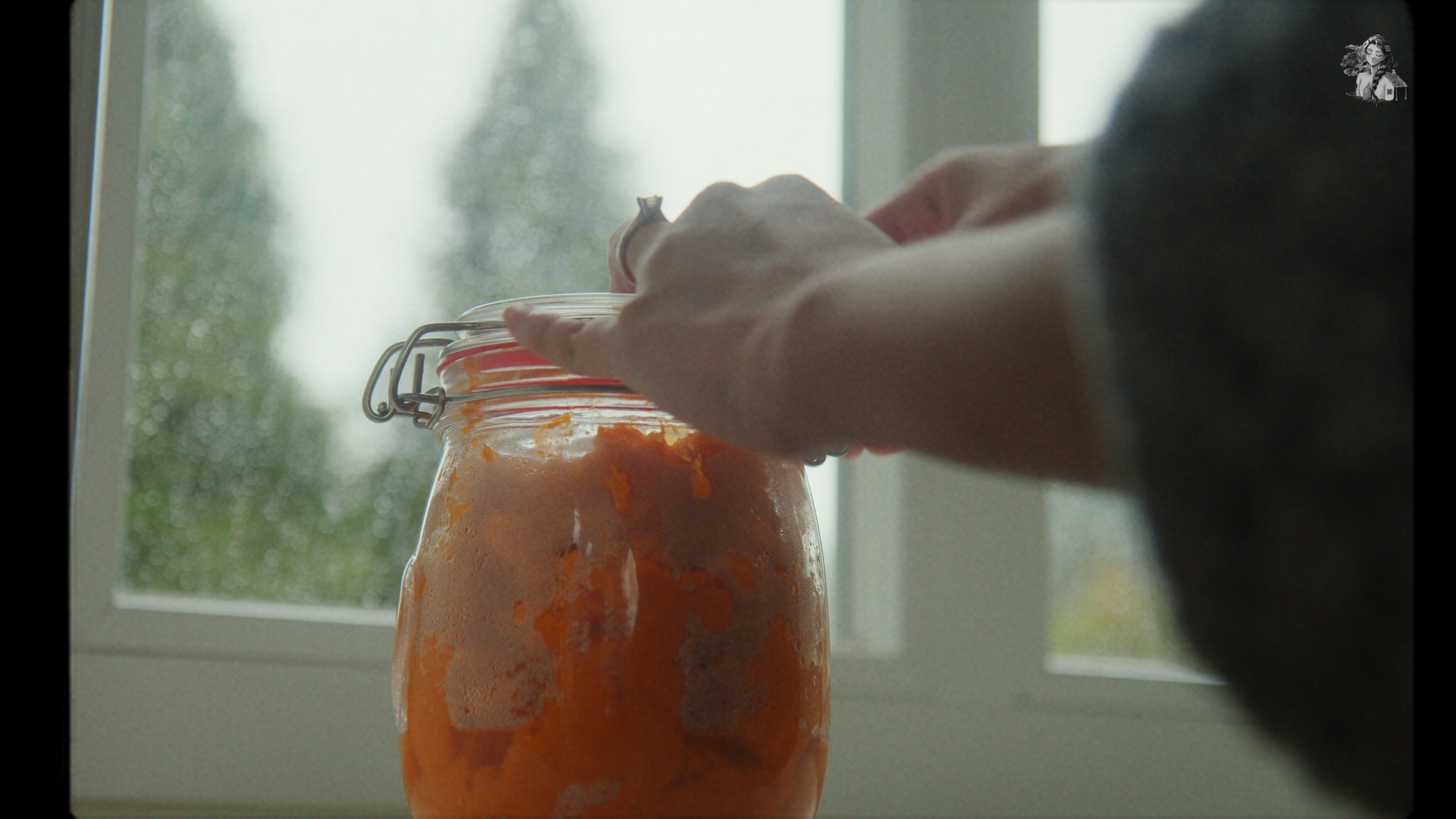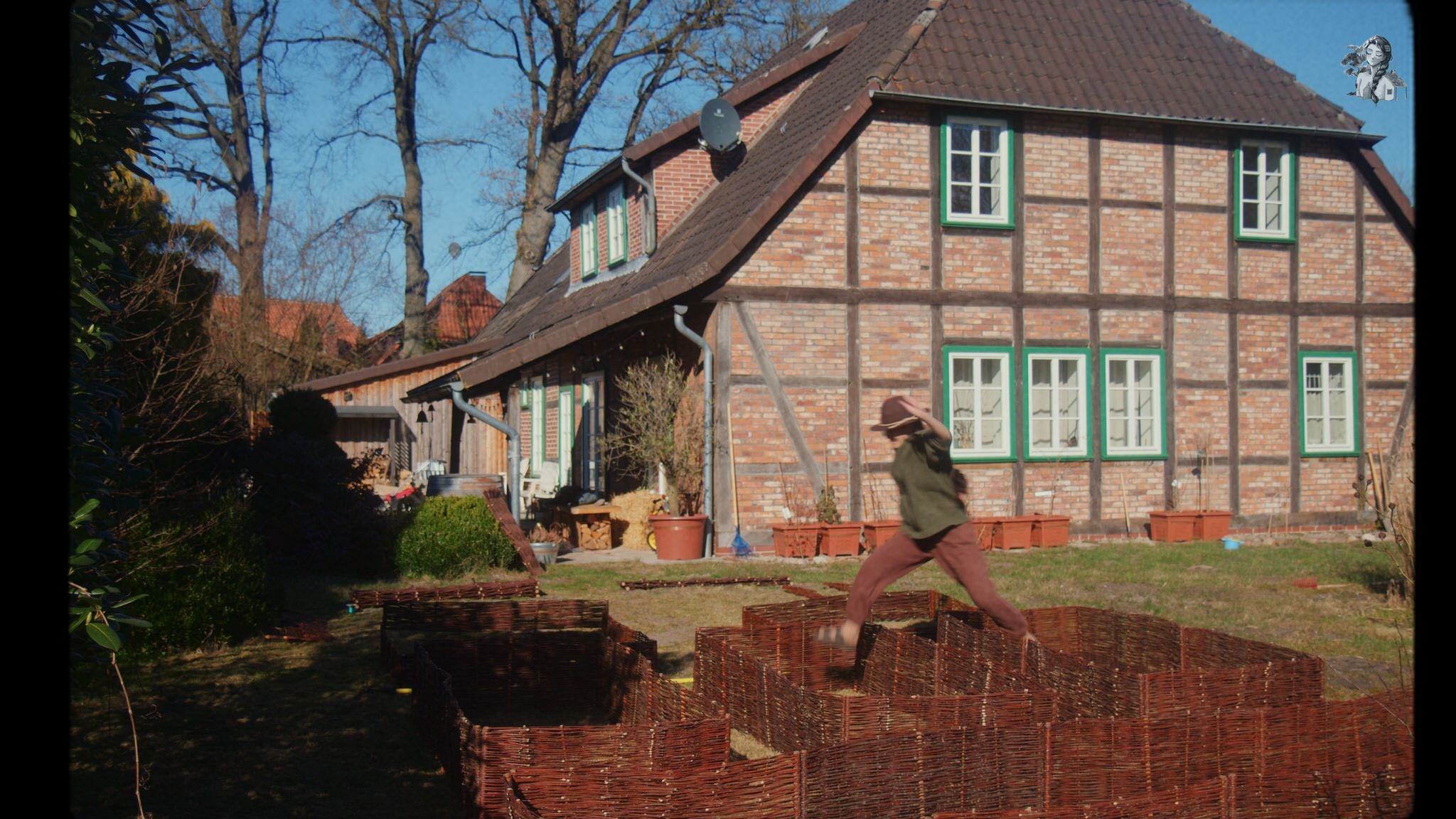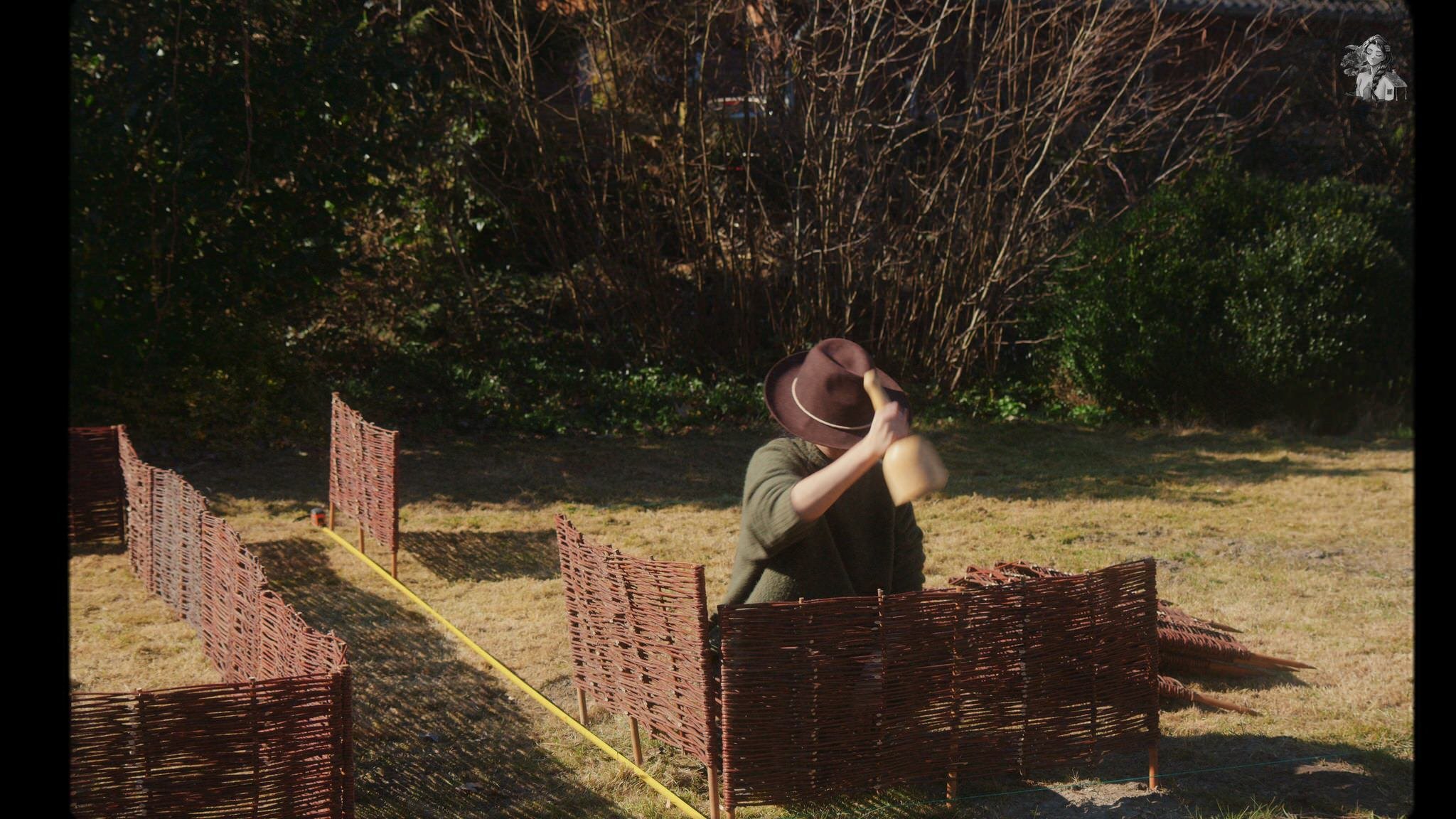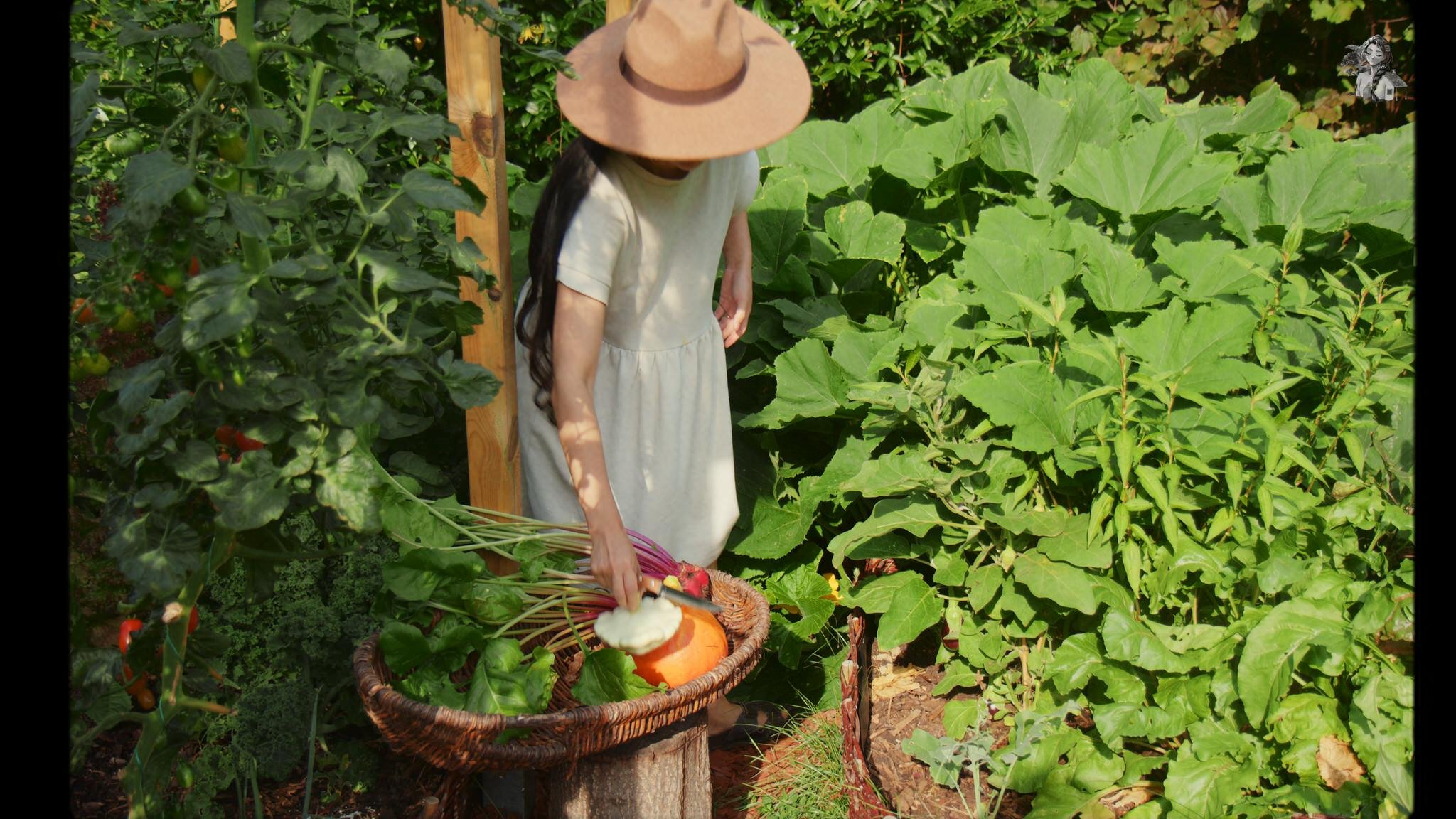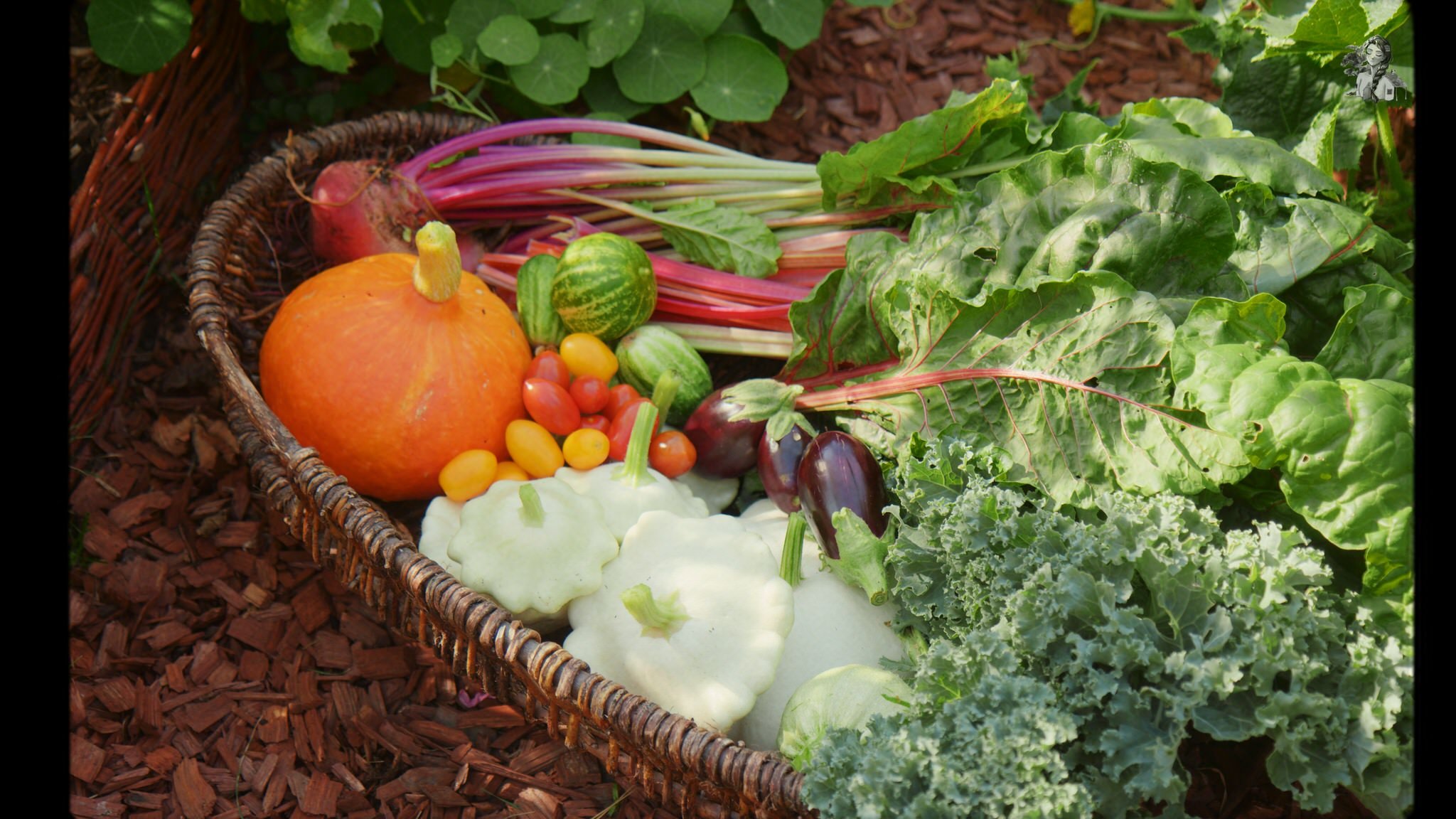Eco Friendly Living Tips | Sustainability Starts from Home
How can we actually live more sustainably?
We have often heard phrases such as "It's up to each of us now" in relation to the major environmental problems of our time. But how can we, from a practical point of view, make our everyday life environmentally friendly in order to really do something for our planet?
Refuse, Reduce, Reuse, Recycle and Repair
They are known as “the most important 5R’s” of waste management. The concept of 5R’s is to decrease the amount of things we use and simultaneously also decrease the amount of things we throw away.
Refuse whenever and wherever possible - vote with our wallet.
Reduce the things that we use and only consume what is really necessary.
Reuse: use the product for its original purpose or to fulfil a different function.
Recycle: to convert waste materials into new materials and objects.
Repair: we're living in a throwaway society, so taking possessions to be repaired instead of throwing them out and replacing them is green gold.
I license my music on Artlist & Epidemic Sound! Click the link below to get 2 extra months free :)
https://bit.ly/3NgdrIY
https://share.epidemicsound.com/npm4hd
Growing our own food
Whether it's a backyard vegetable garden, a community garden, or a container garden on the balcony. If there is anything that the pandemic, endless wars or environmental crises have taught us, it is that as an individual we should regain our control over long-term food security. Cultivating a sustainable garden teaches me how to minimize the number of resources I consume. If for some reasons you can't grow your food, you can try eat as locally, seasonally as possible.
Reducing our reliance on cars
Reducing our use of fuel by limiting our dependence on a car is a great place to start. Evaluate your driving habits to avoid back-and-forth driving, work remotely from home when possible, use carsharing, choose other modes of transportation such as walking, public transportation (buses, trains, trams...), biking... Living in the countryside, electric bike is a perfect option for me. Batteries and designs will improve with time when there is more demand to it, company will spend more money on research & development. T really enjoys his first electric bike at the moment. It's lightweight, foldable and easy to carry. With a max range of 70km it's good enough for a round trip ride to the next medium-size city (17km away).
Making Homemade Cleaners
Some of the items in your pantry (like baking soda and vinegar) work as effective homemade all-purpose cleaners and cost next to nothing. It can be used as oven cleaner, pipe cleaner, glass cleaner... Since you get the product in paper or in bulk, you do not create unnecessary plastic waste and replace a lot of household products from the drugstore. You can also make dishwashing and laundry soap from ivy.
Buying second-hand stuff
A valuable tip for more sustainability in our everyday life is to go to one of the local second-hand shops in our area or shop from the second-hand platform in your country. This also makes you appreciate the resources and effort involved in making stuff immensely. You can also sell stuff you don't need there or gift it to people who are in need.
Making our home energy-efficient
Optimize the windows and insulation to save more energy (and money).
Use energy-saving light bulbs.
Take advantage of natural daylight.
Heat the house correctly - you don't need to blast heat the whole house but control it. If we reduce the temperature in our home to 19°C from 22°C, we will see a savings of about 6.5% in natural gas savings. If that's too chilly for you, simply wear more clothes and socks :)
Reducing our meat consumption
I'm not a vegan but now I always try to reduce my meat consumption as much as possible and lean towards a heavy plant-based diet. I have to admit that hardly anything makes our everyday life as environmentally friendly as not eating meat or animal products in general.
Composting
All our kitchen waste goes directly into our Bokashi compost. It's the perfect cycle of life: harvest from the garden will go back to nurture the future plants. We reduce the household waste and have organic fertilizer without the need to buy at the same time. Check my vlog #33 for detailed instructions :)
Making Homemade Cosmetics
It's pretty simple and easy to make our own soap bar, shampoo bar, natural facial mask or homemade moisturizer using only accessible ingredients from our kitchen. I will make a detailed vlog about this topic in the near future so stay tuned ;)
Learning to Do-It-Yourself
Fix your clothes.
Making DIY project for your home.
Learn to repair stuff.
It's not just good for the environment but also a very soul satisfying activity for me to create something new out of nothing.
PHOTO EDITING PRESETS FOR LIGHTROOM / PRESETS CHỈNH ẢNH:
BUYING PRINTS / MUA ẢNH IN MÌNH CHỤP:
https://www.her86m2.com/print-shop
STAY CONNECTED / KẾT NỐI VỚI MÌNH:
Website: https://www.her86m2.com
Facebook: https://www.facebook.com/her86m2
Instagram: https://www.instagram.com/thuydao__/

